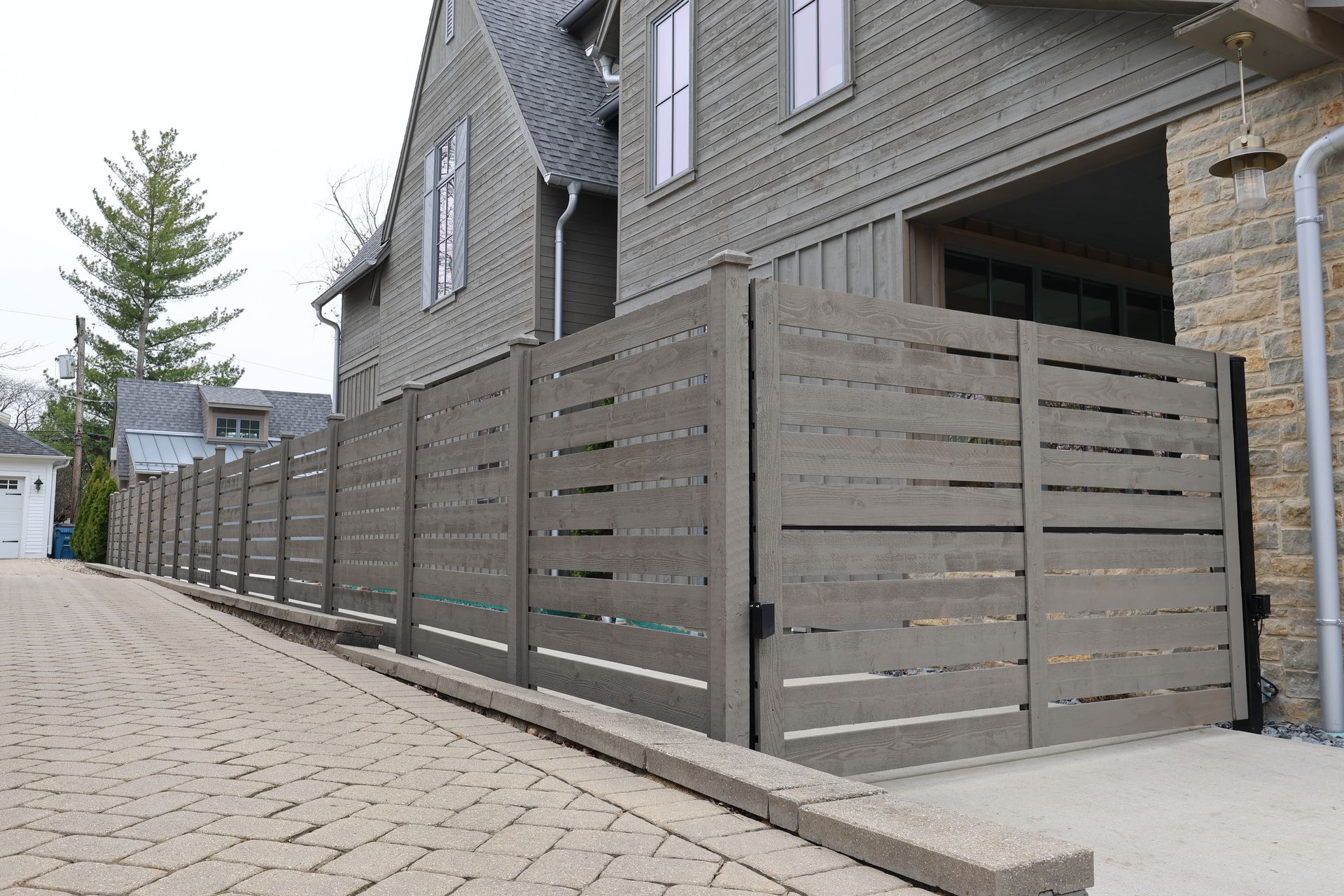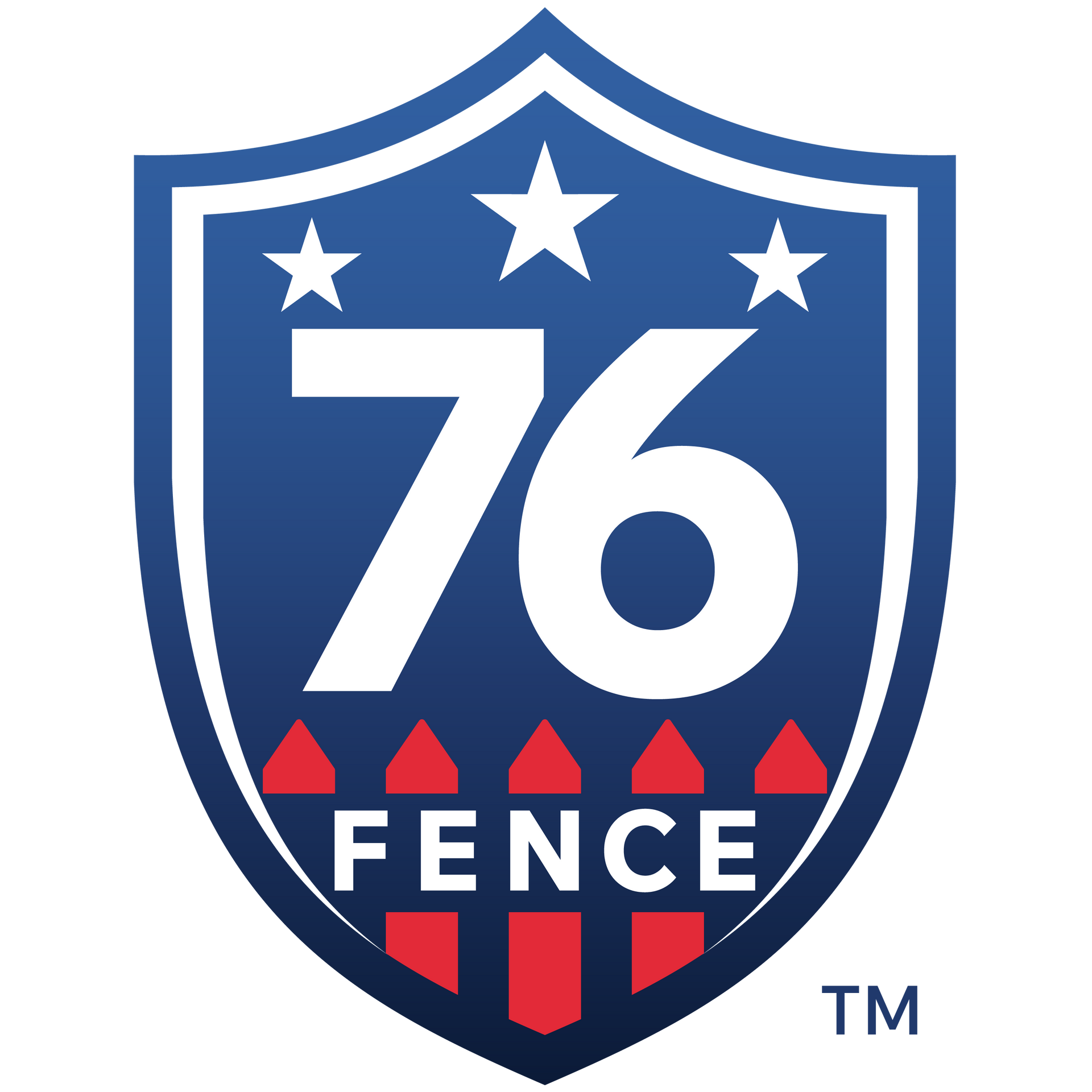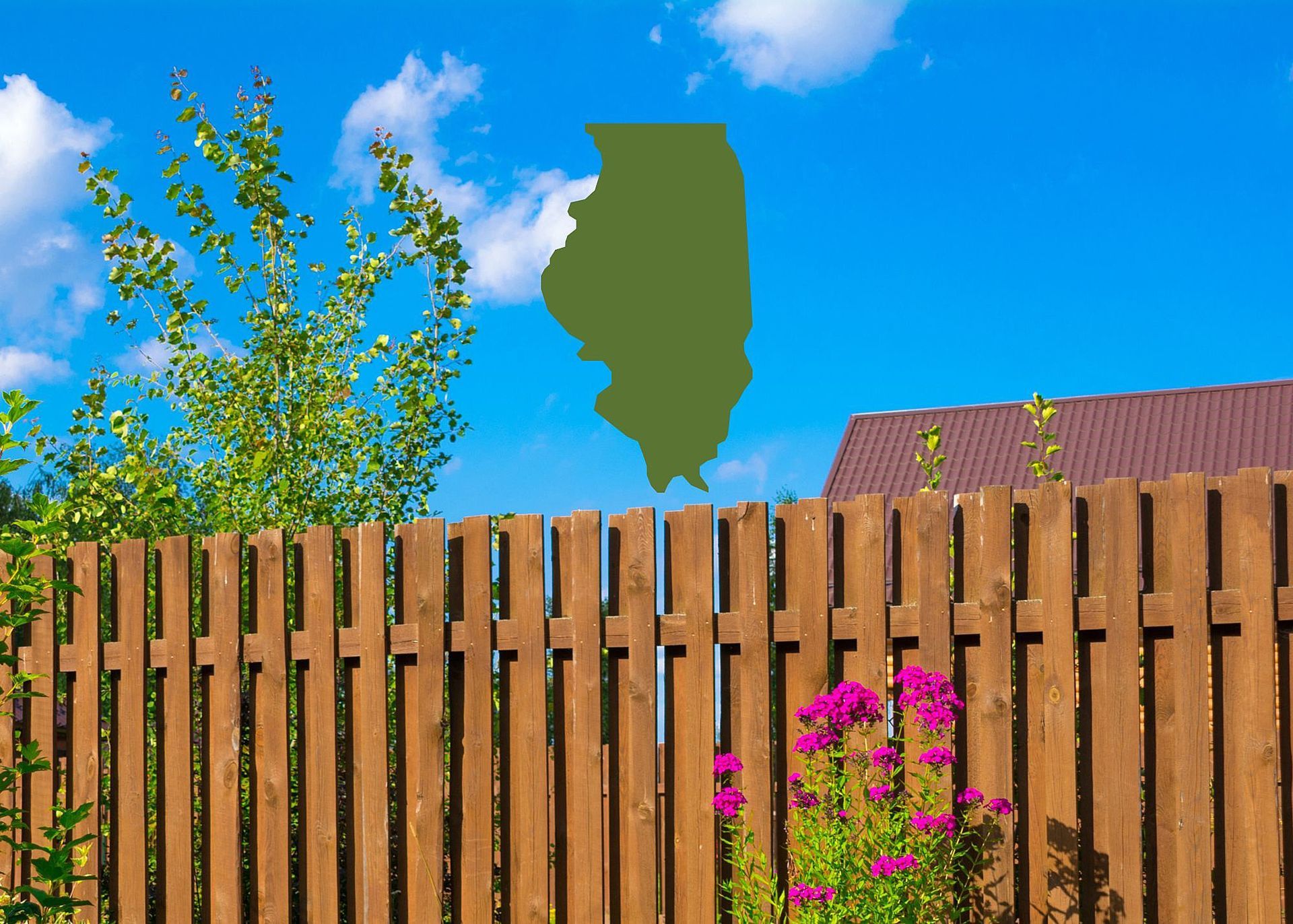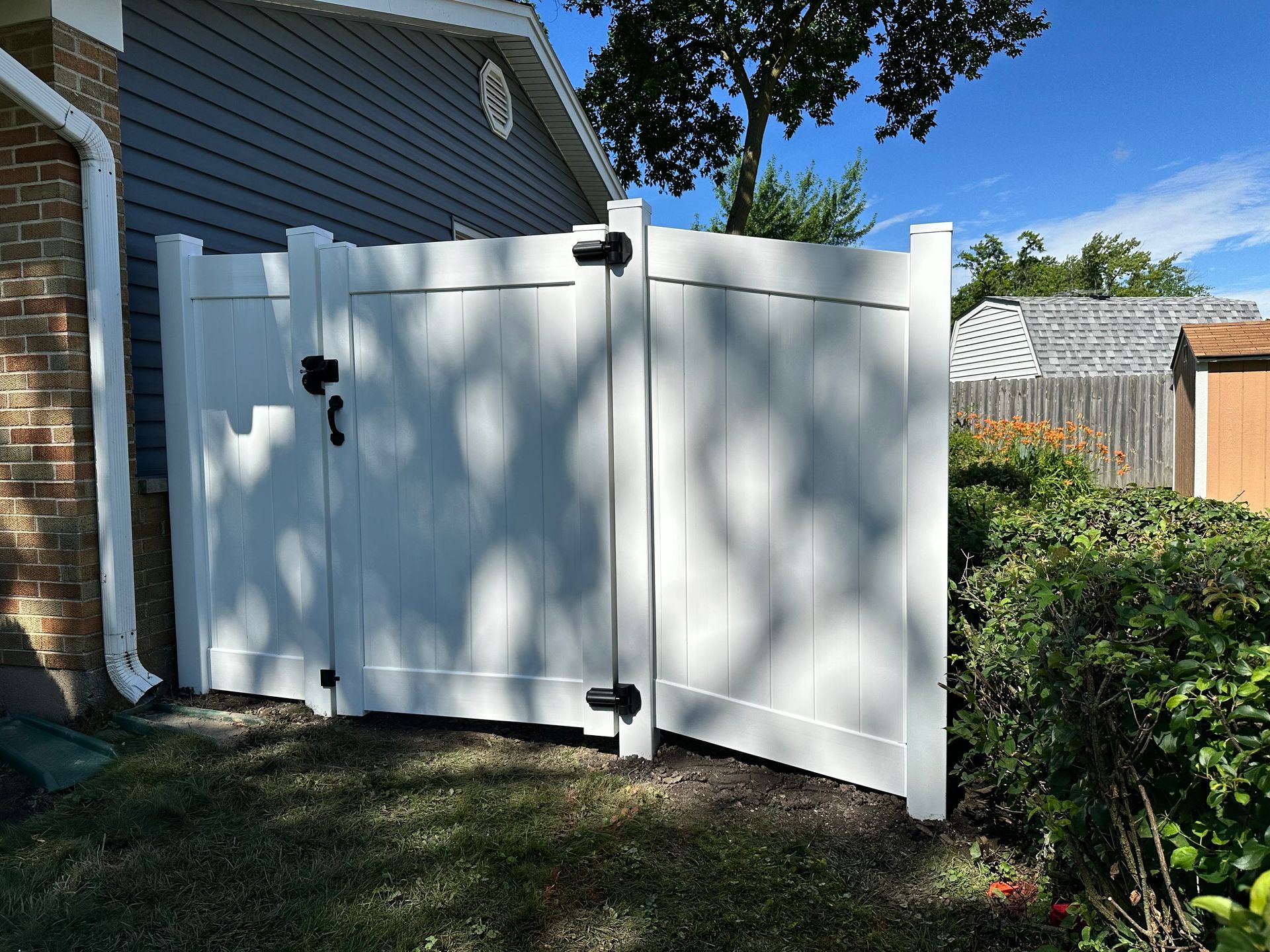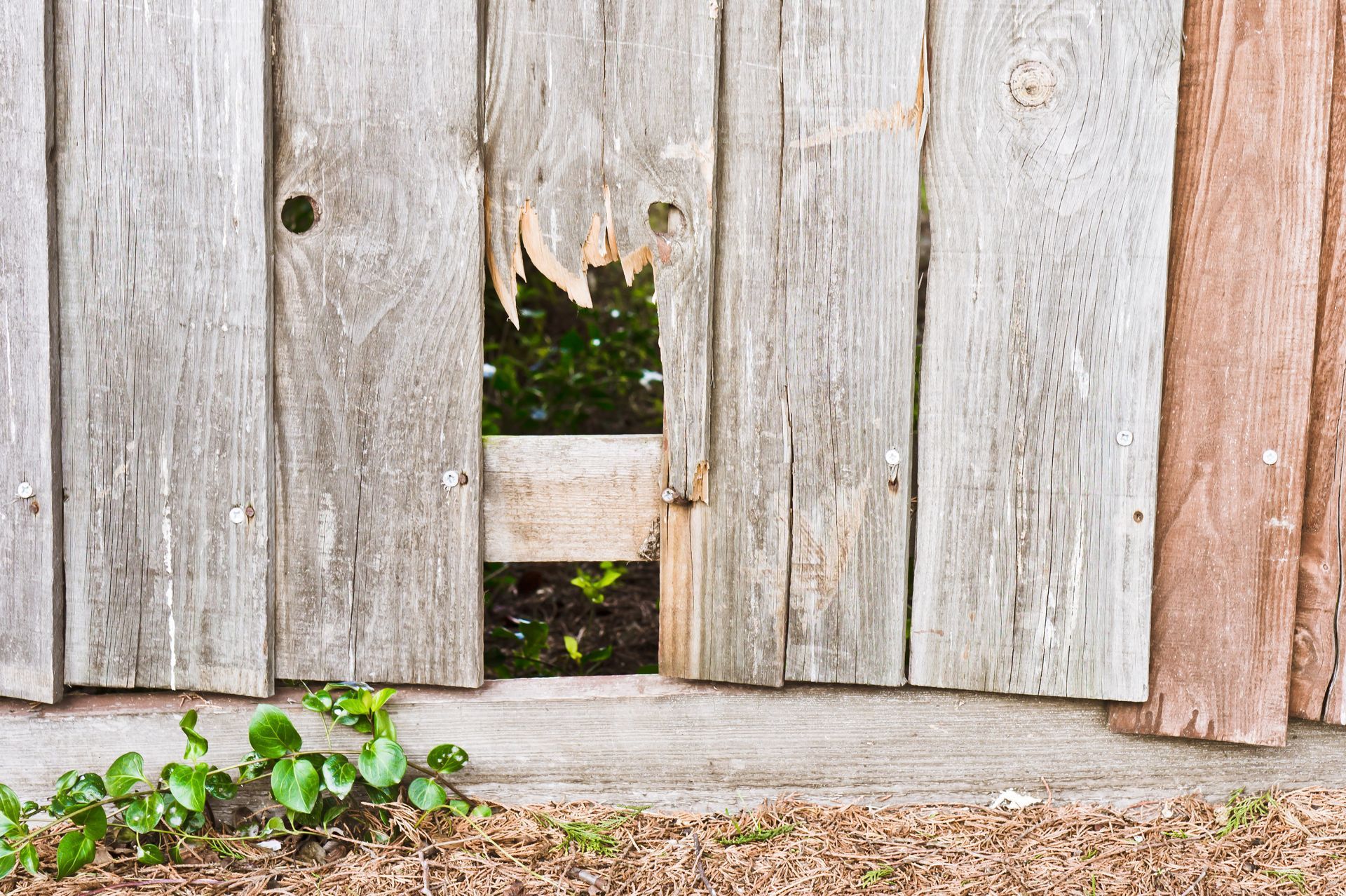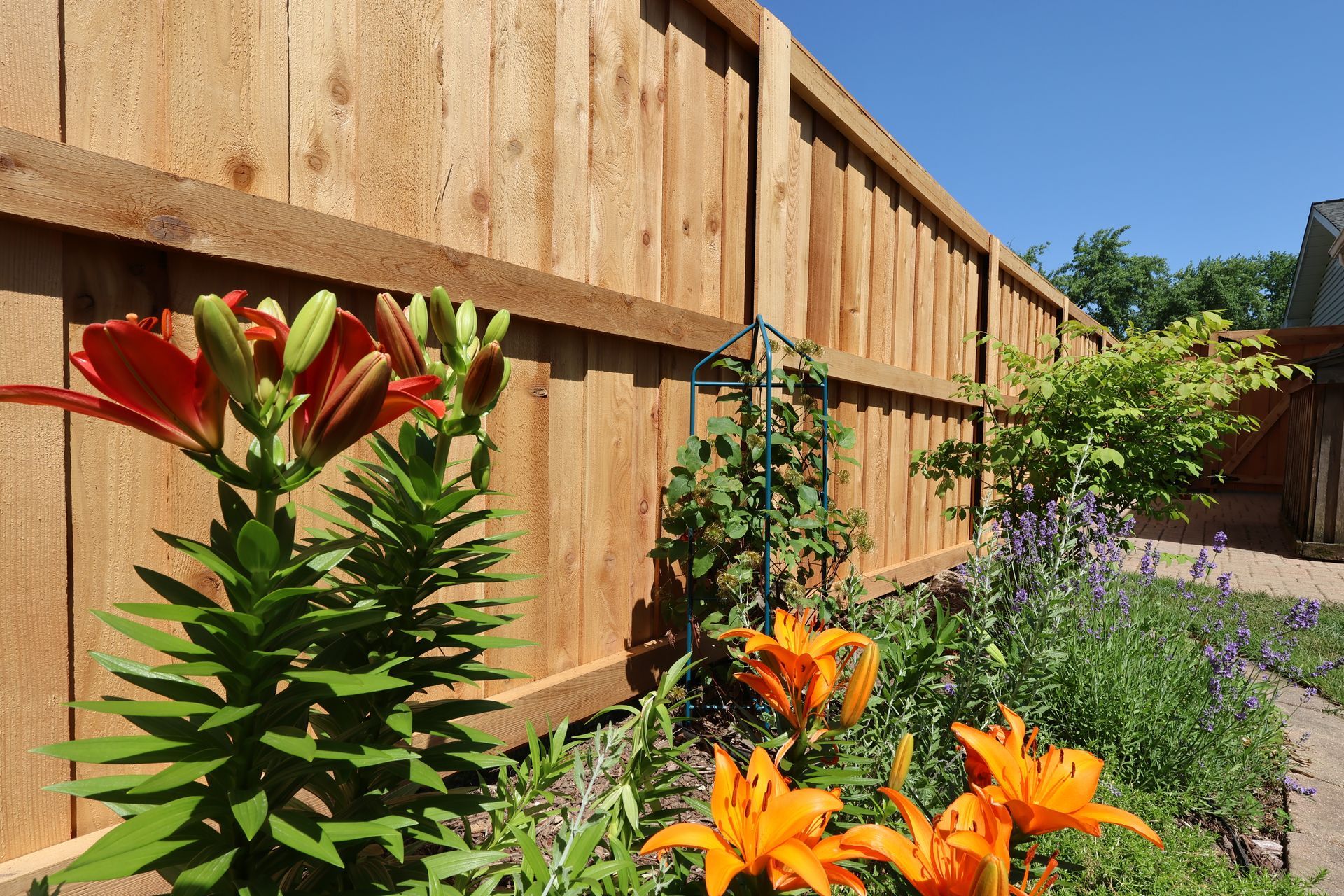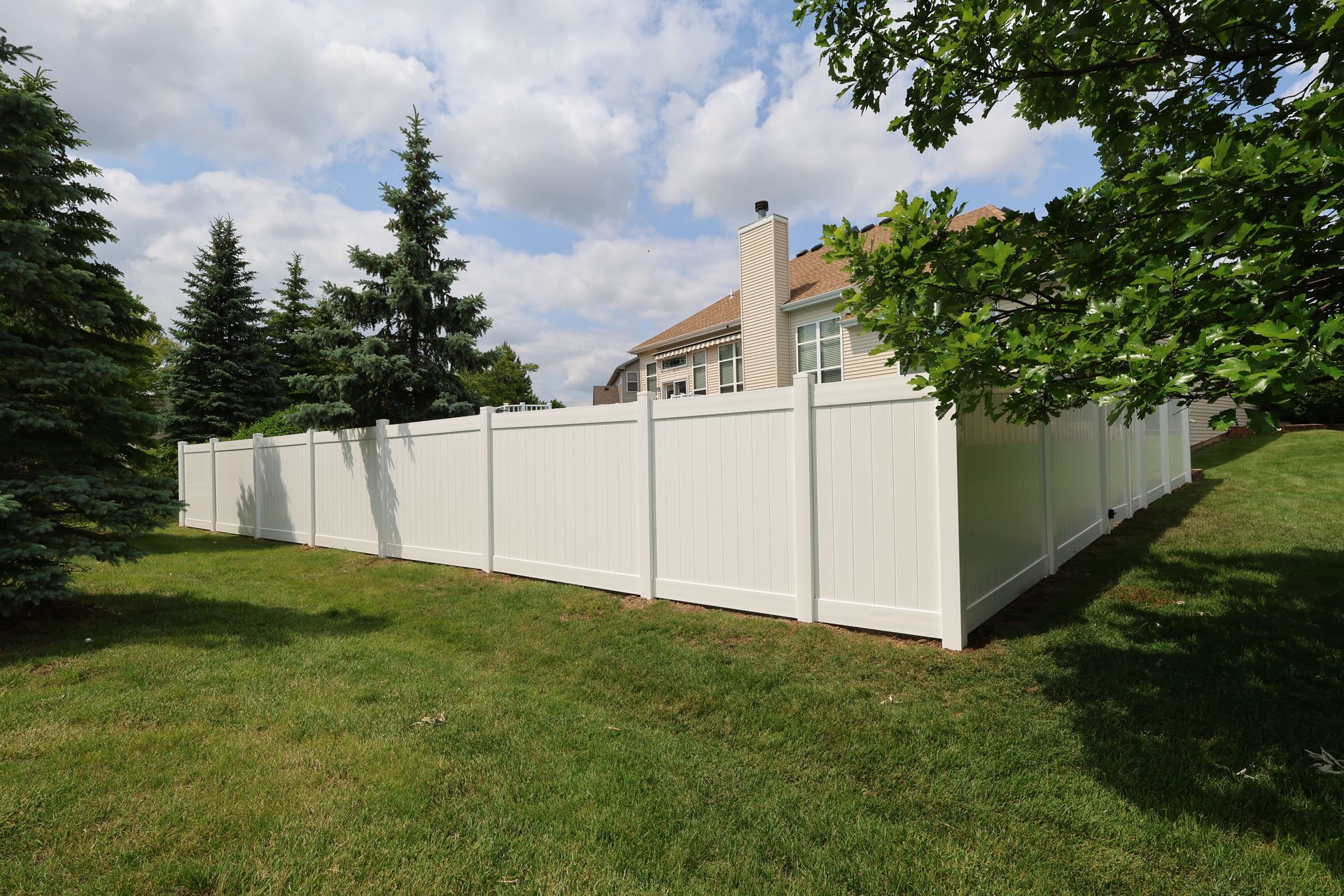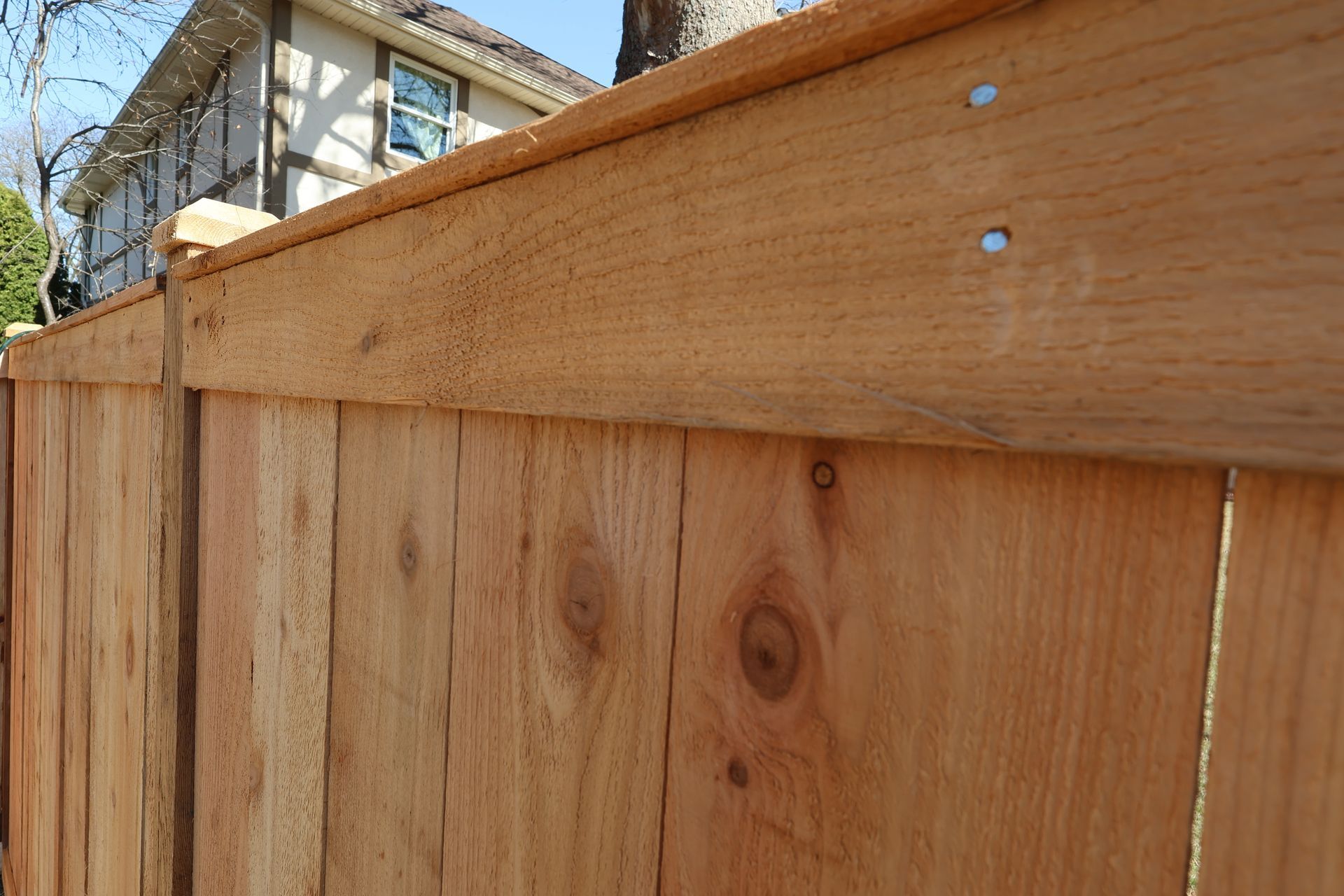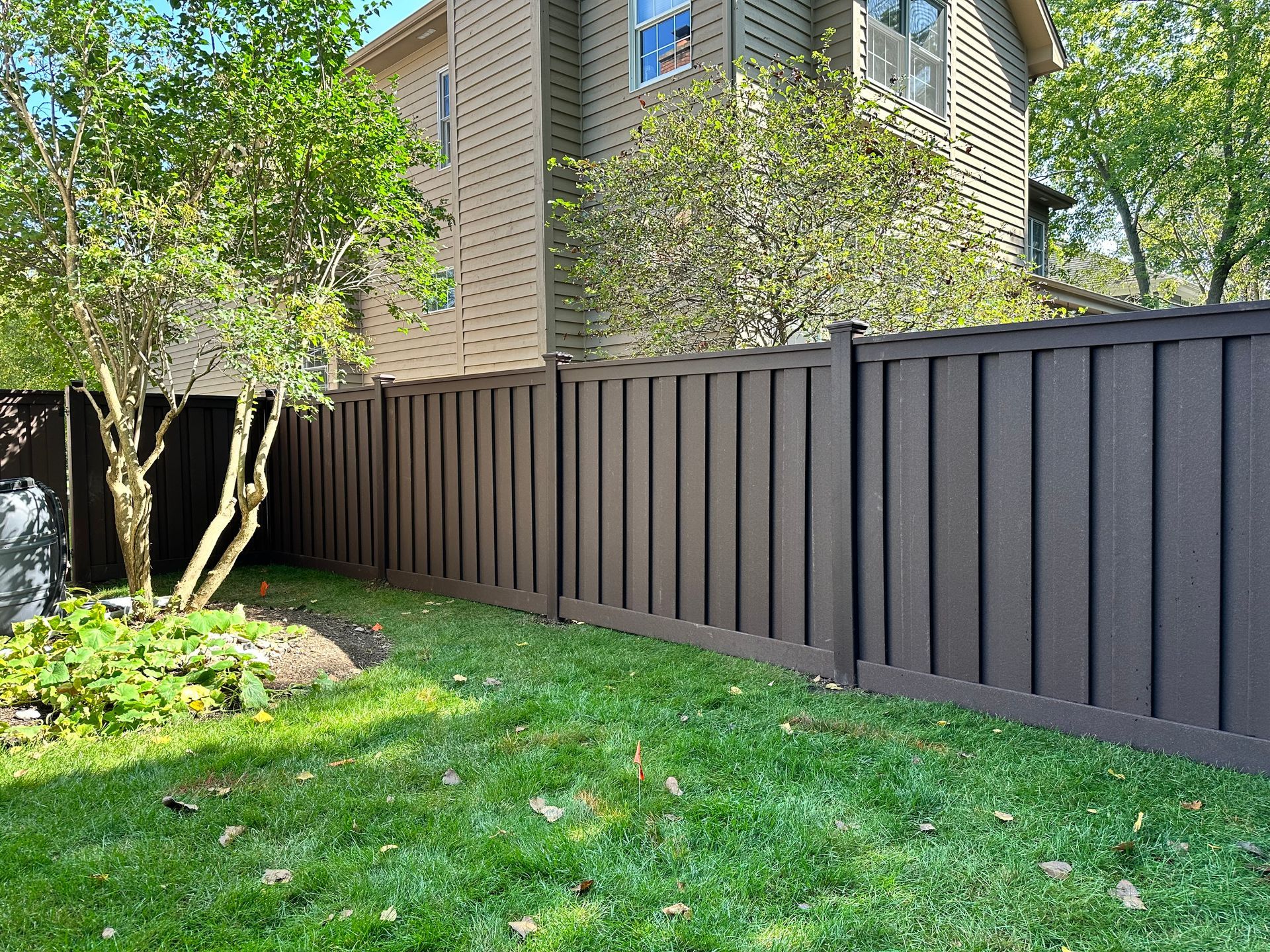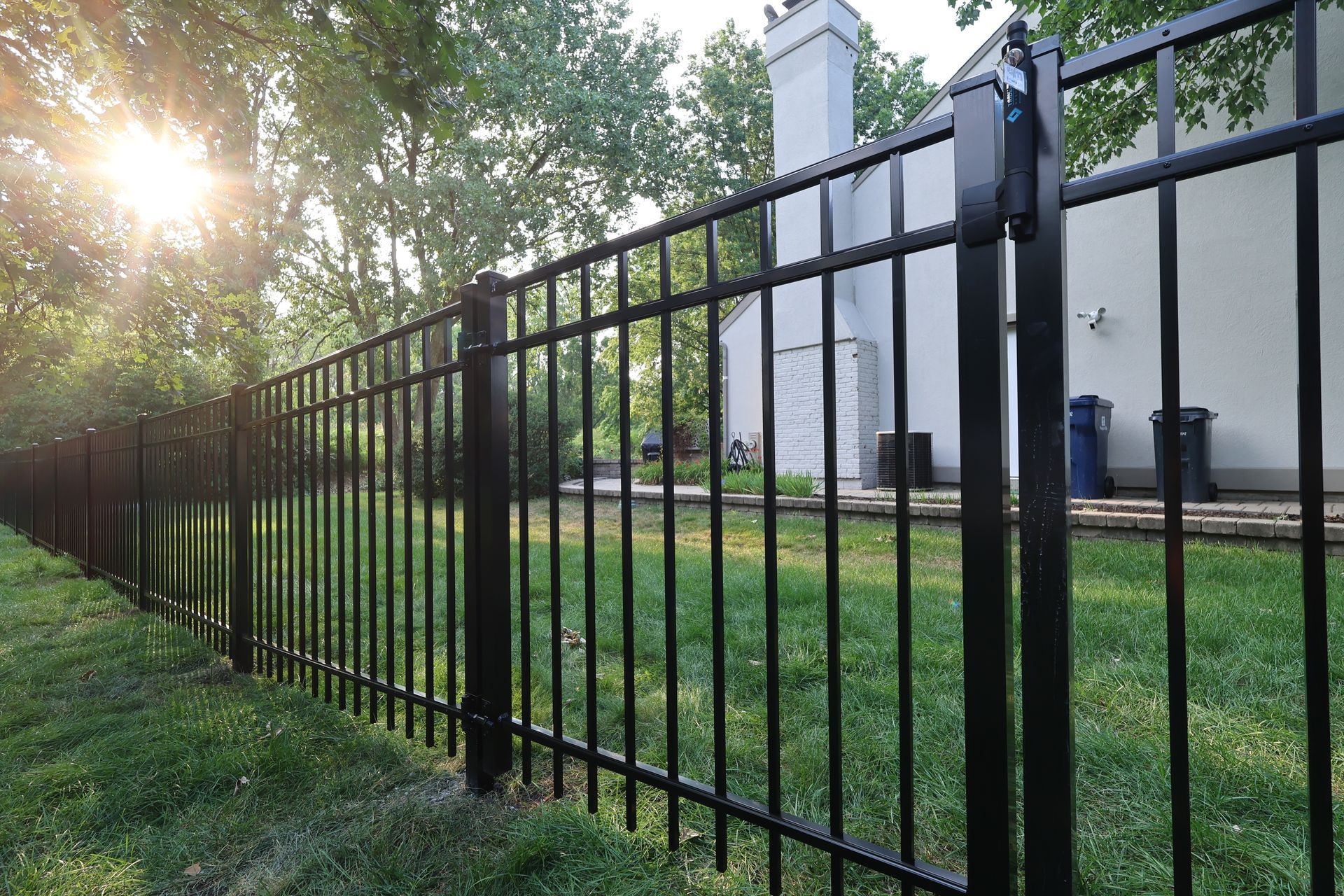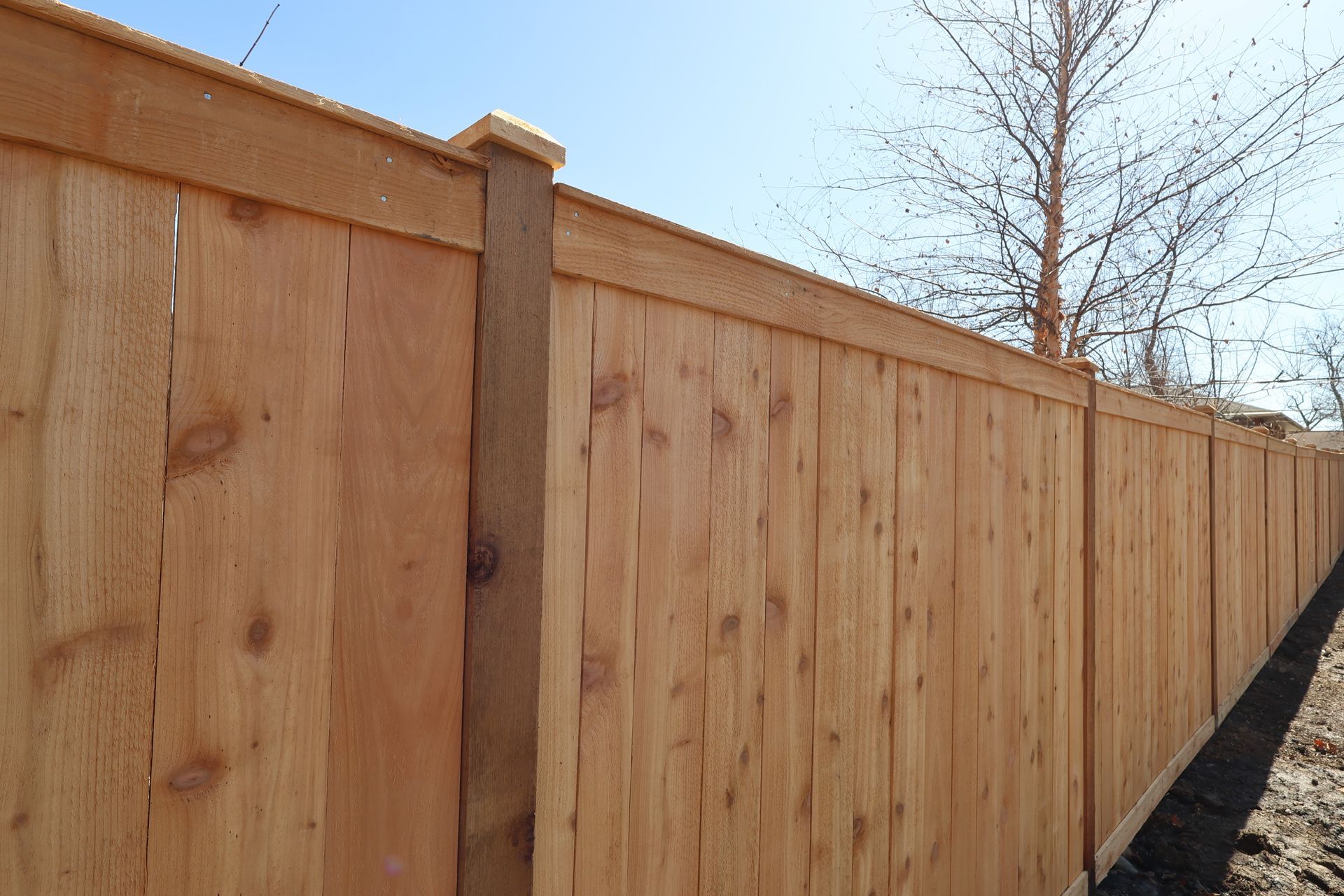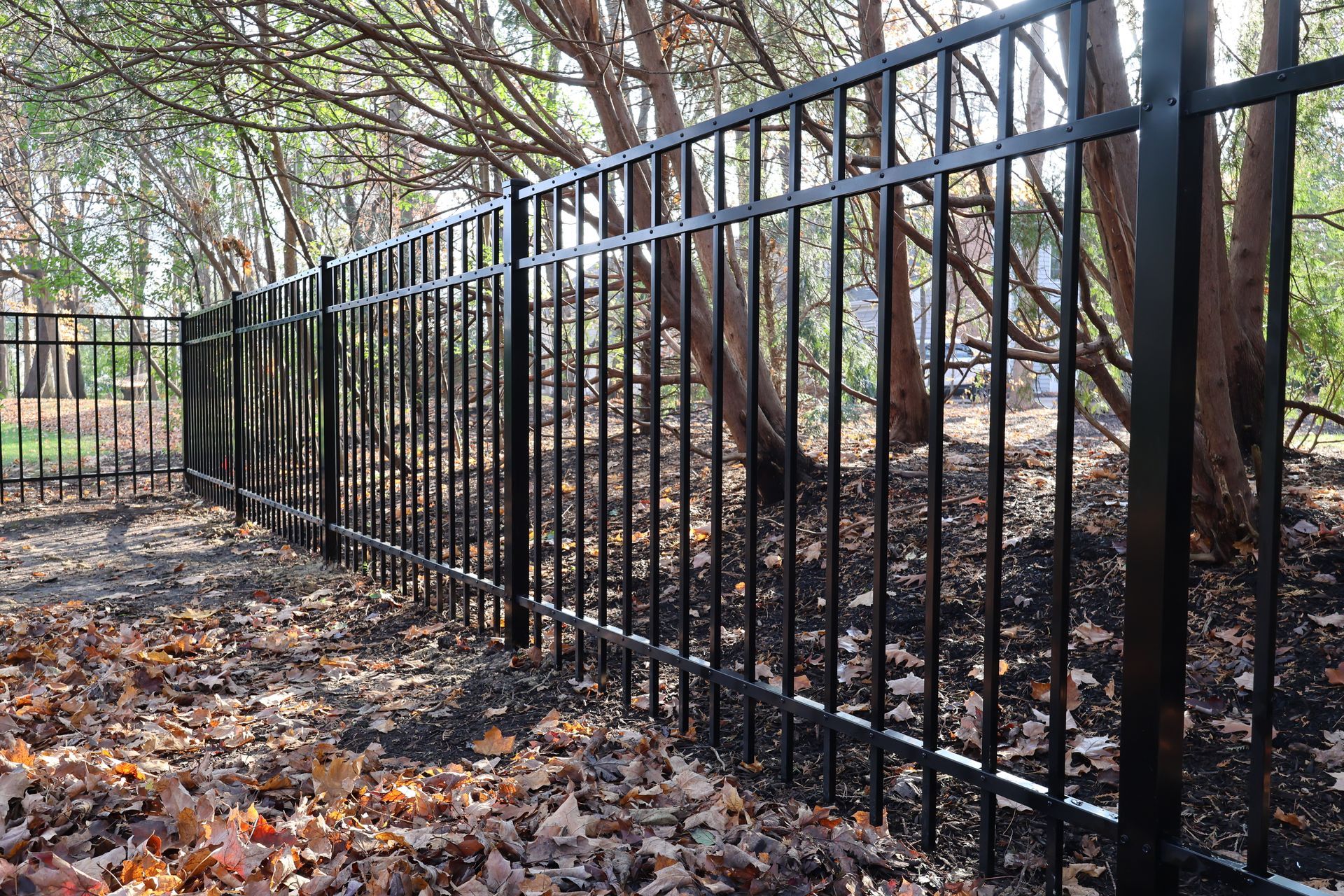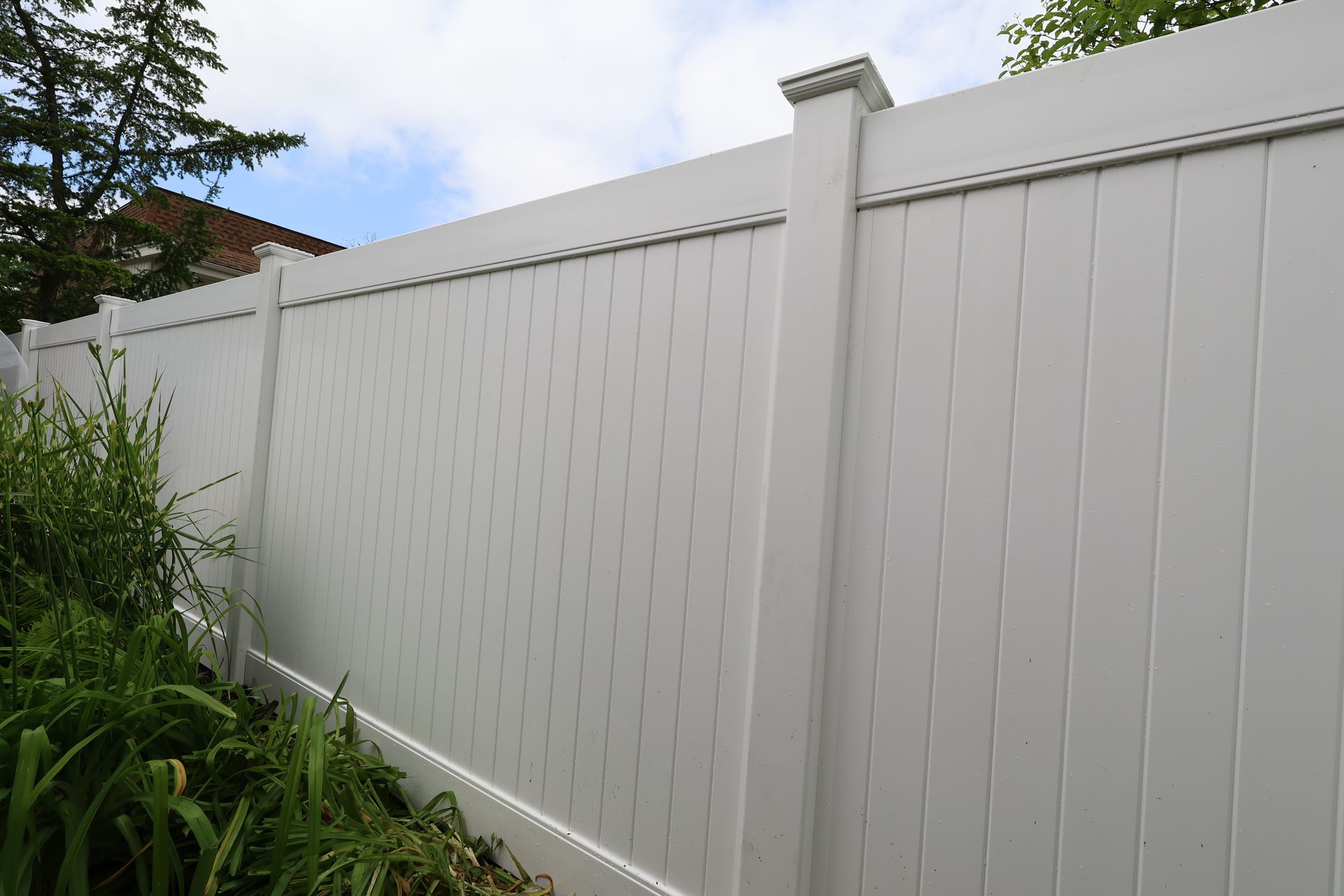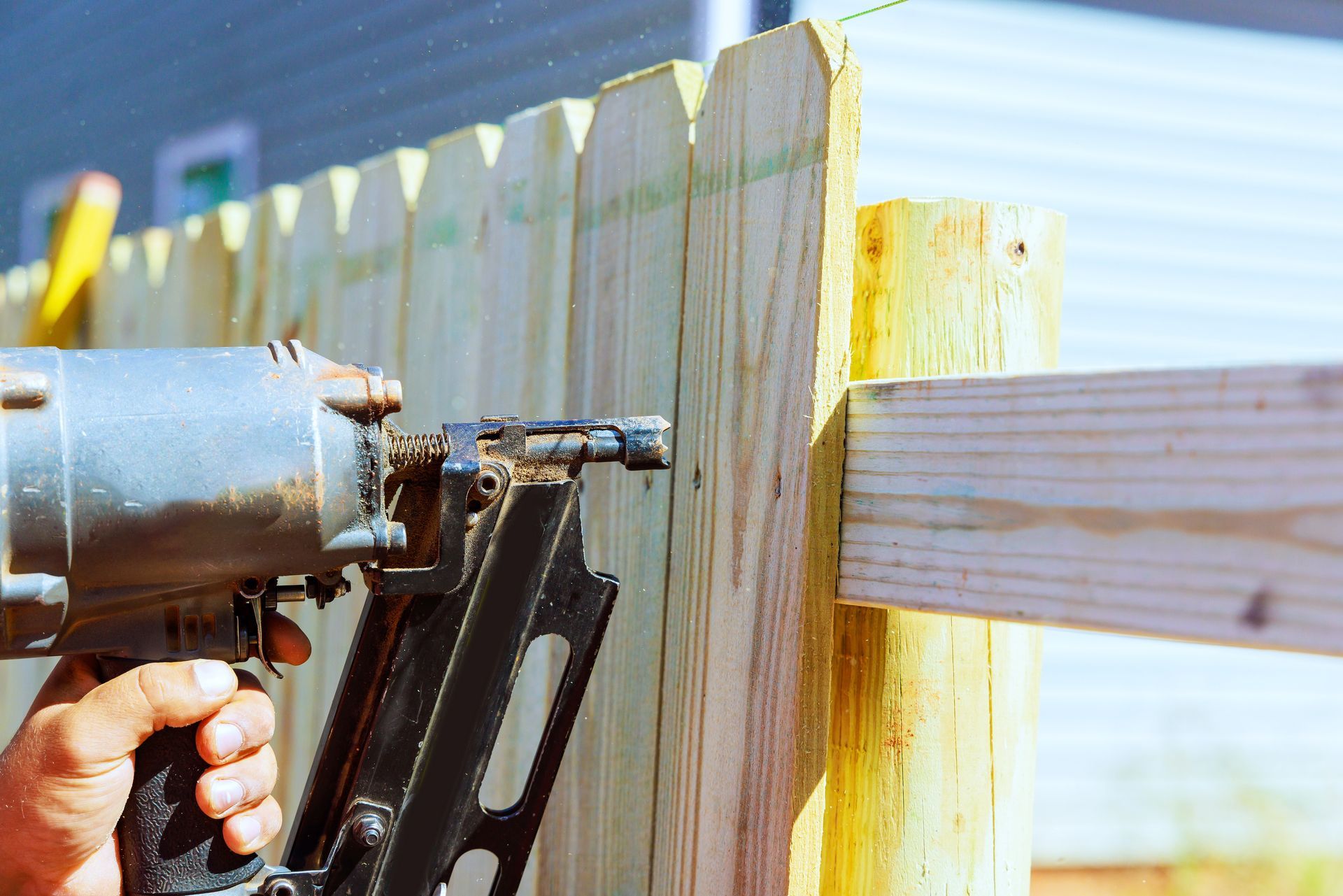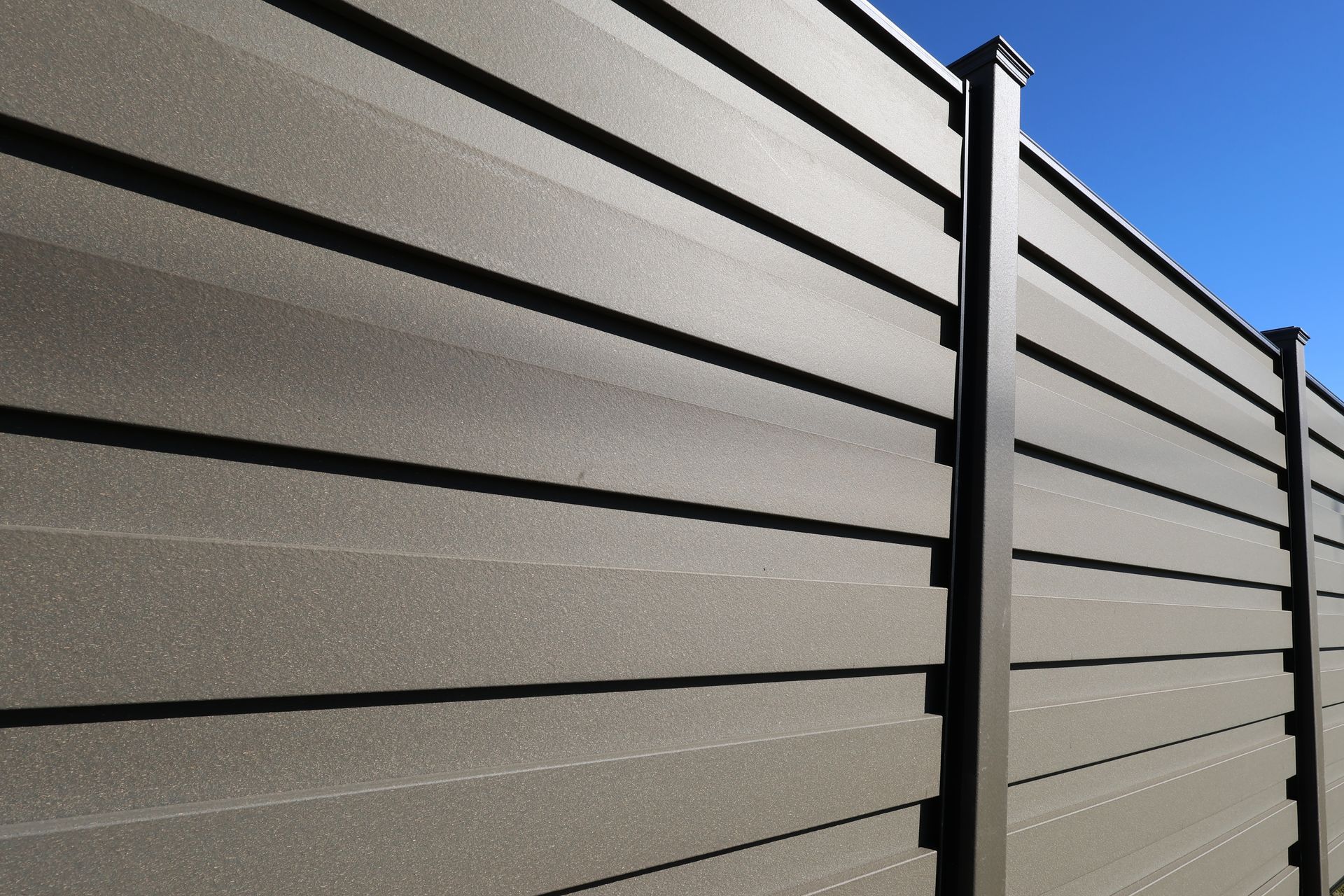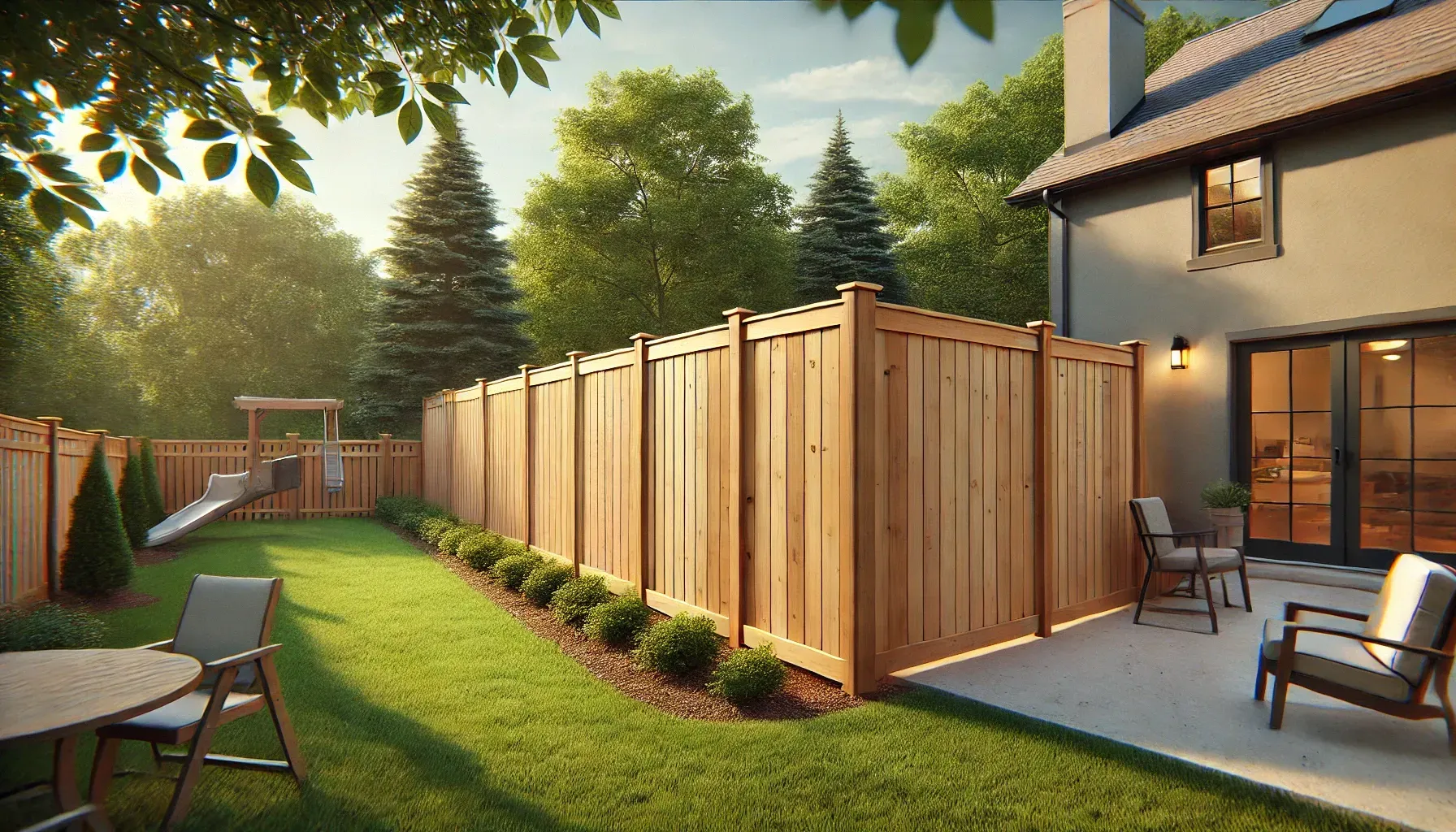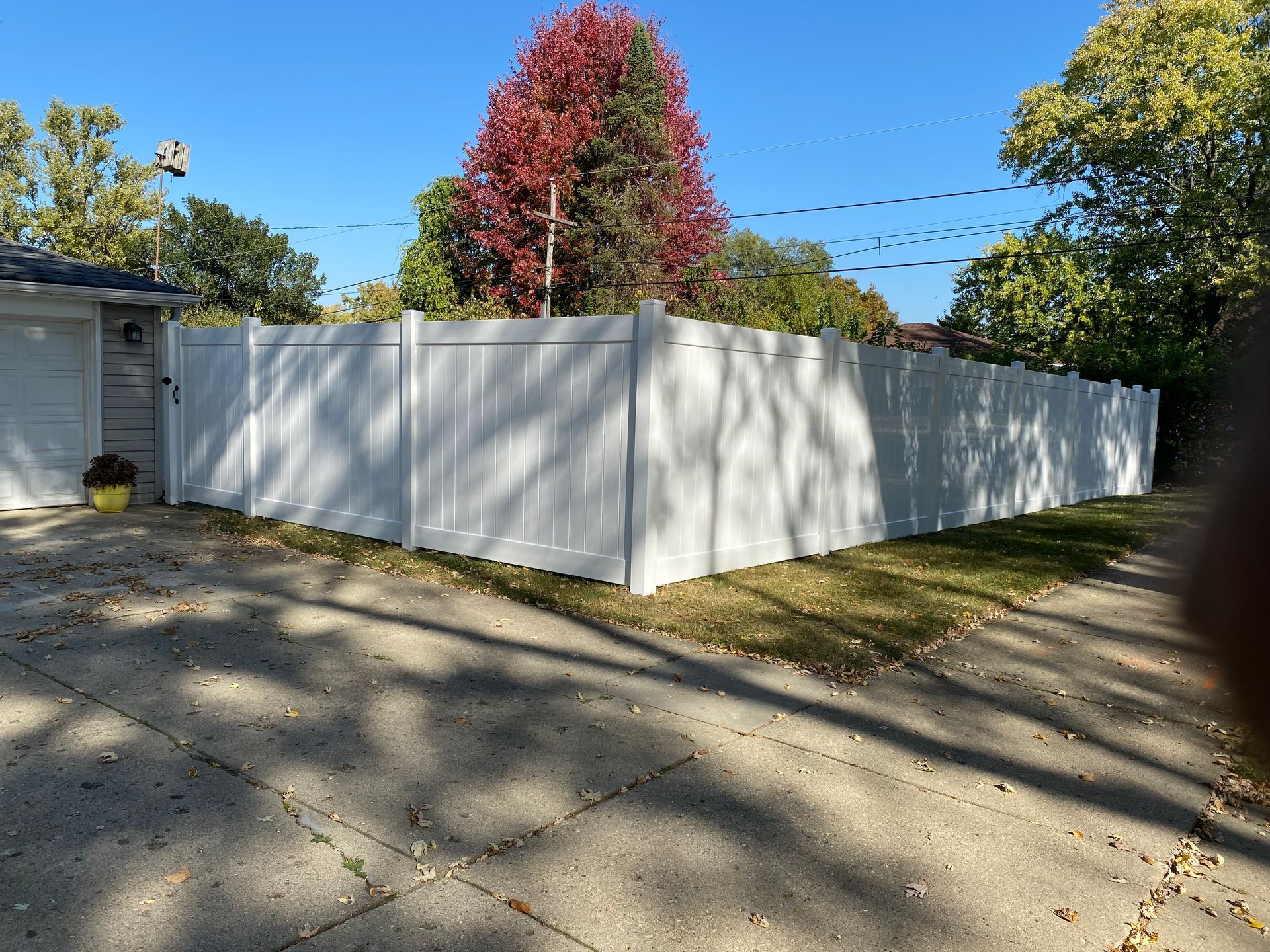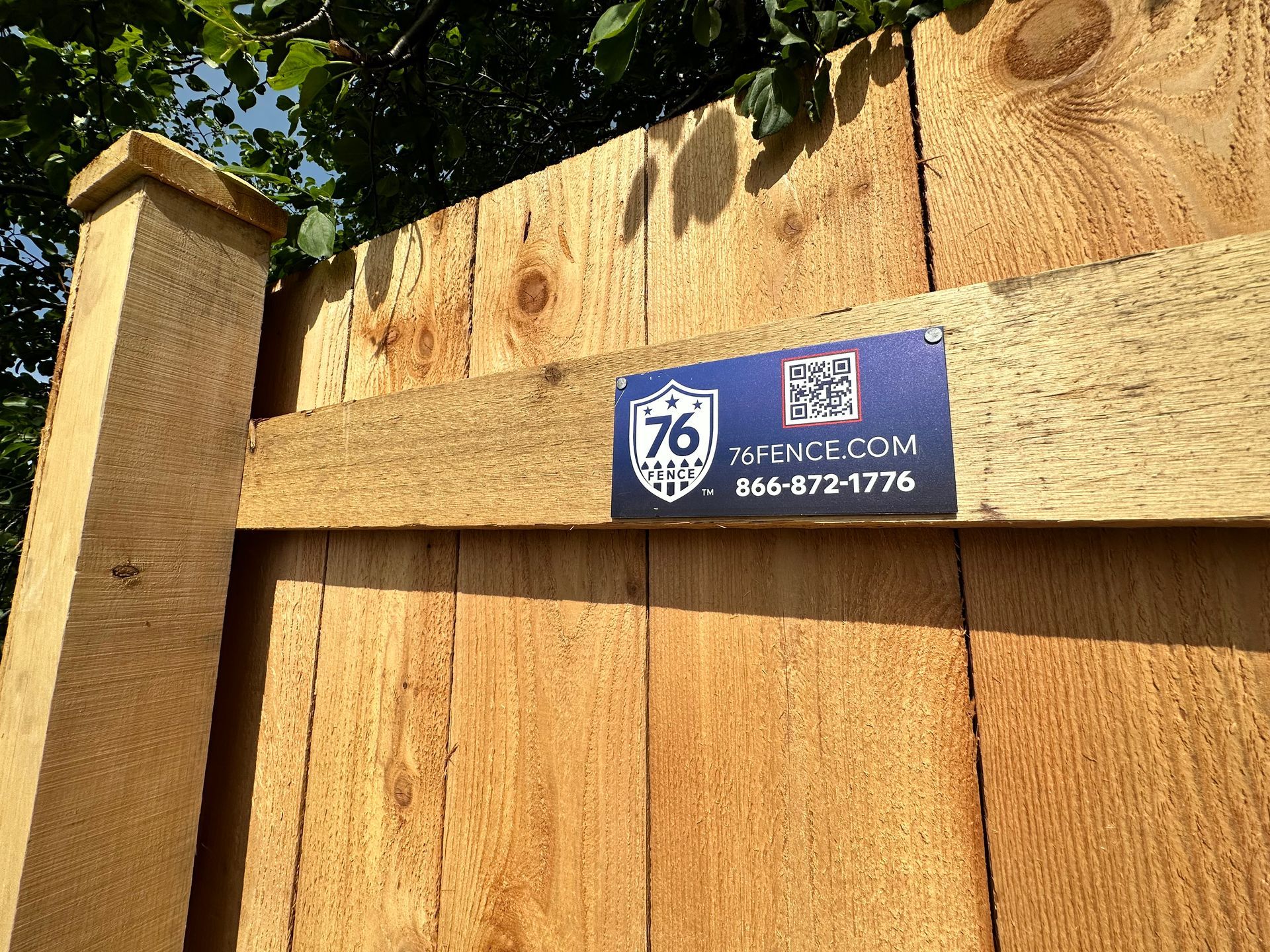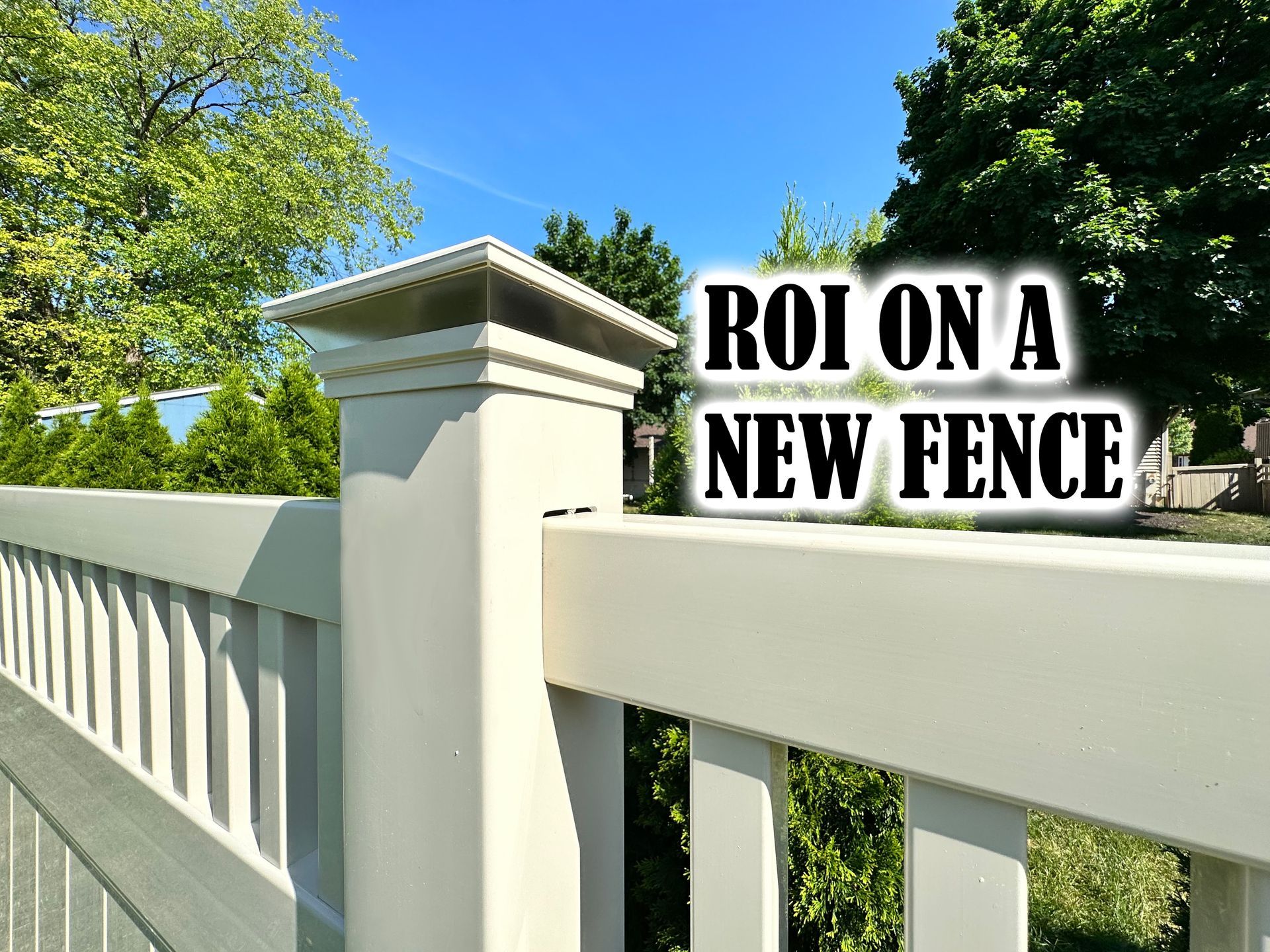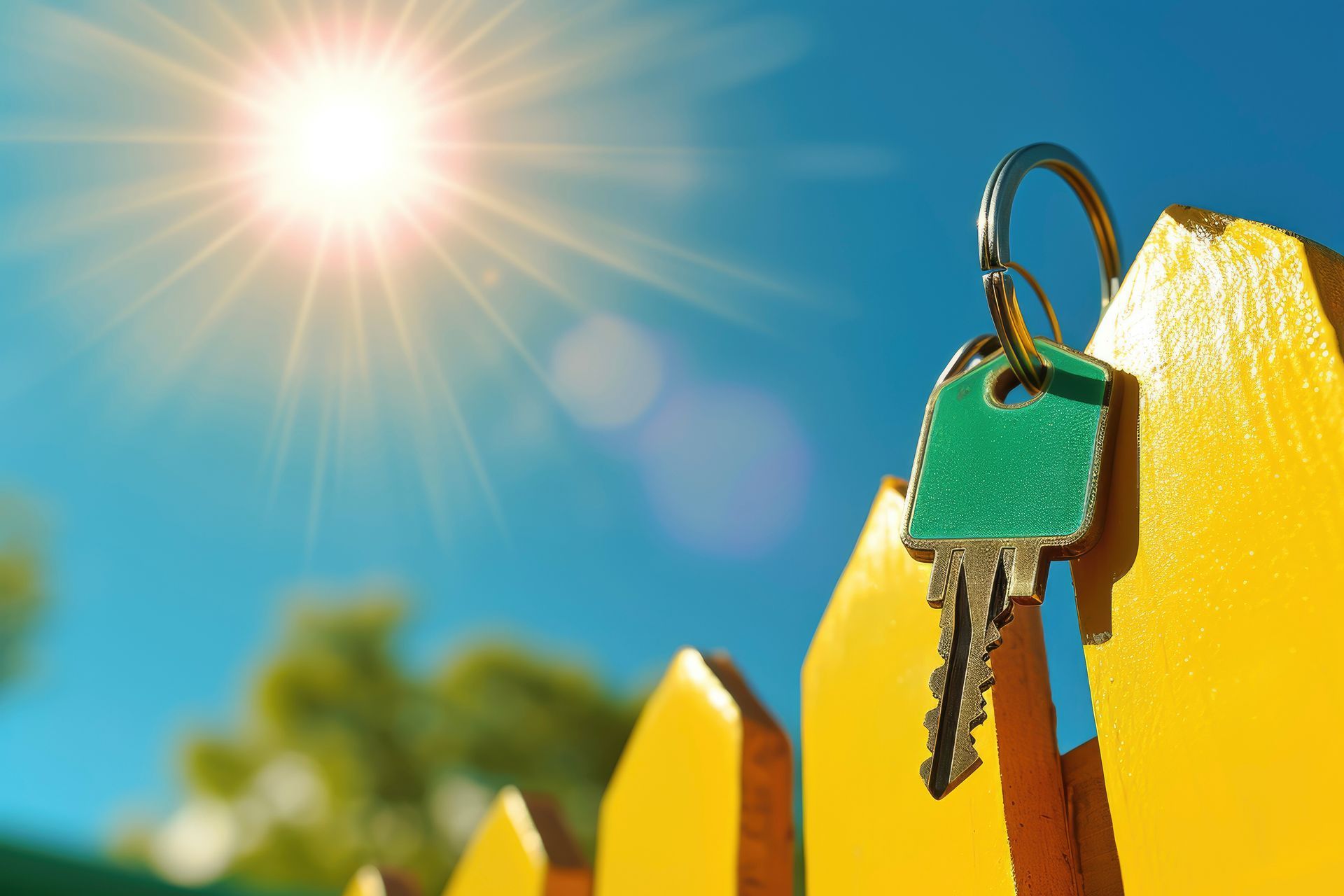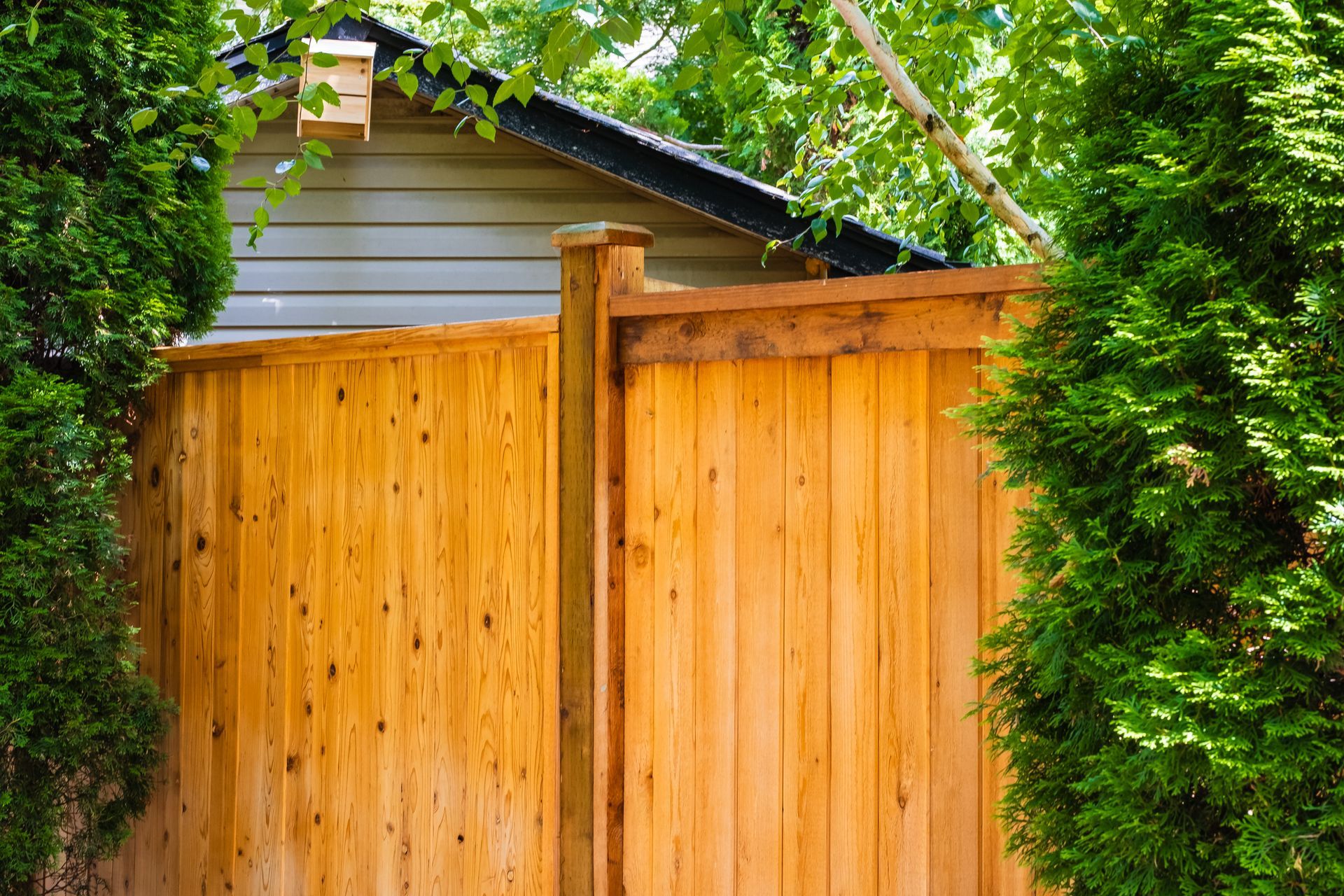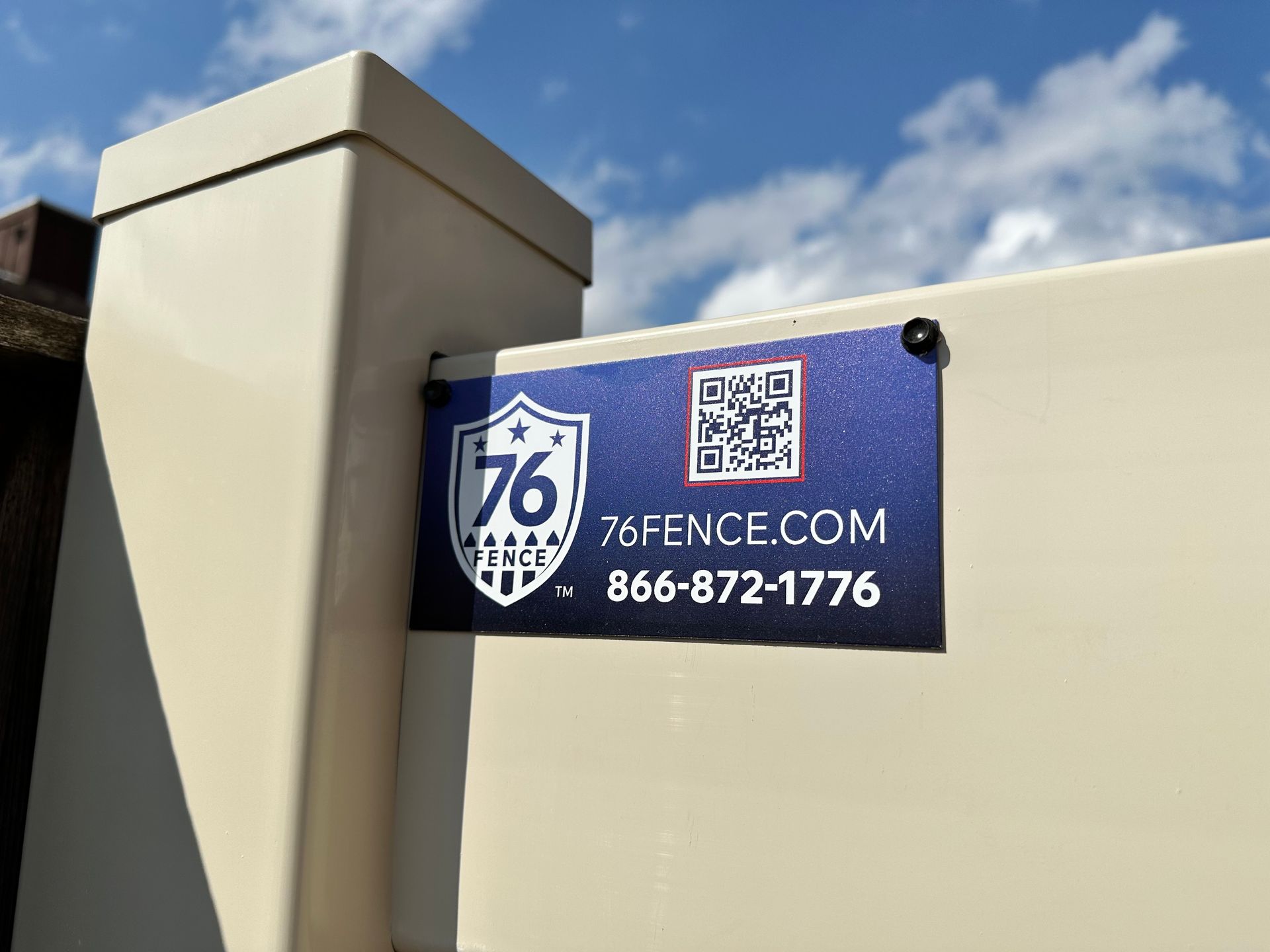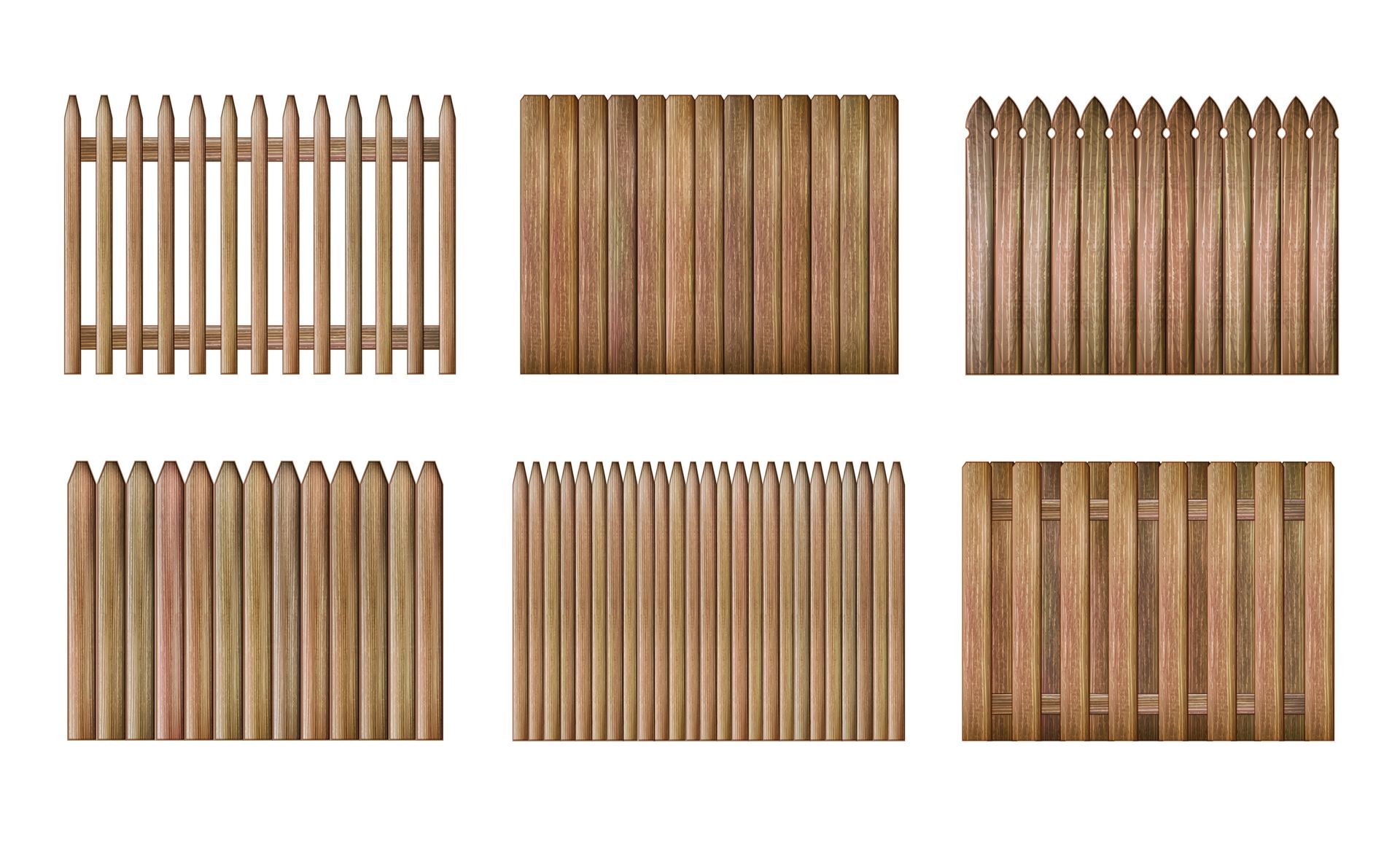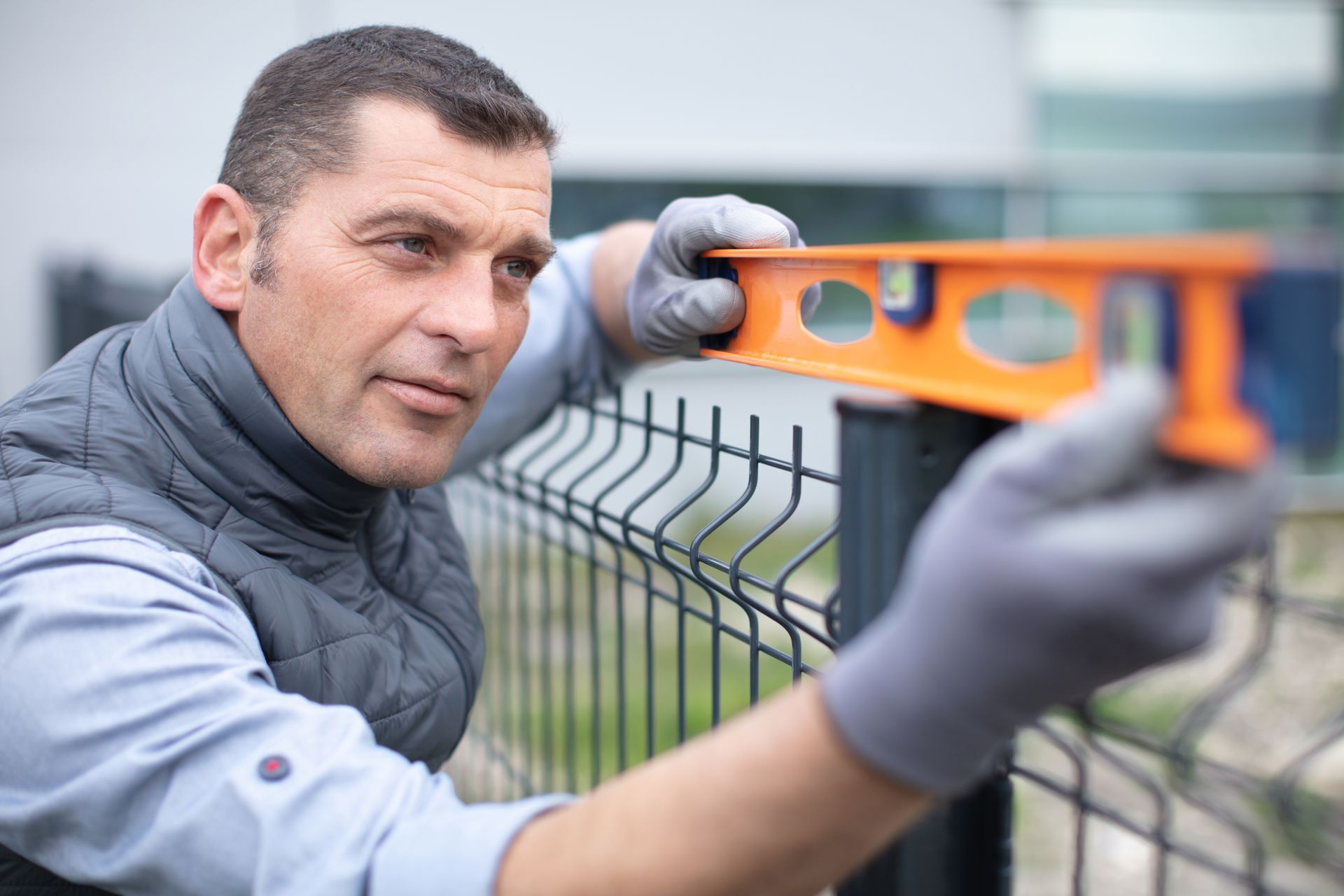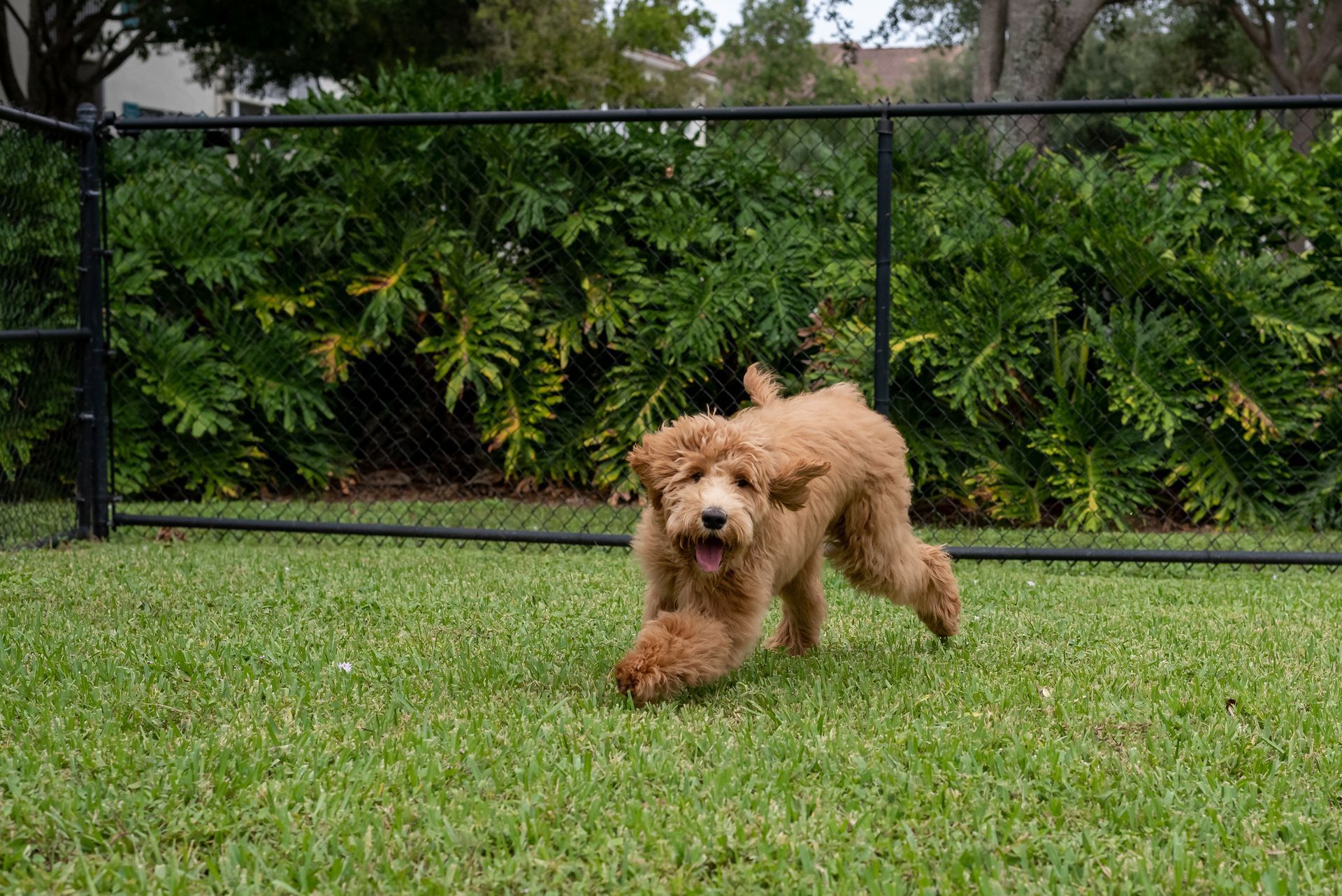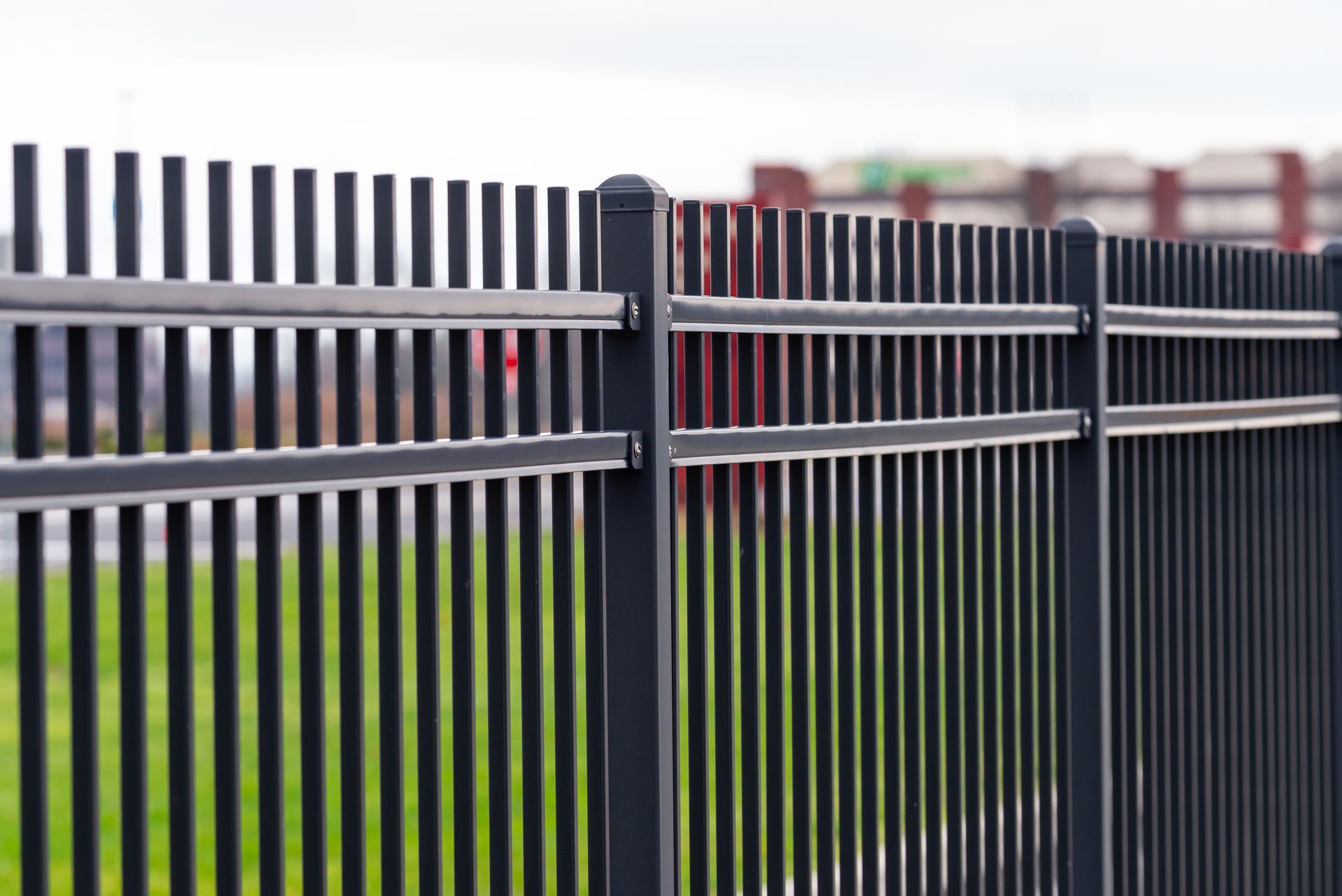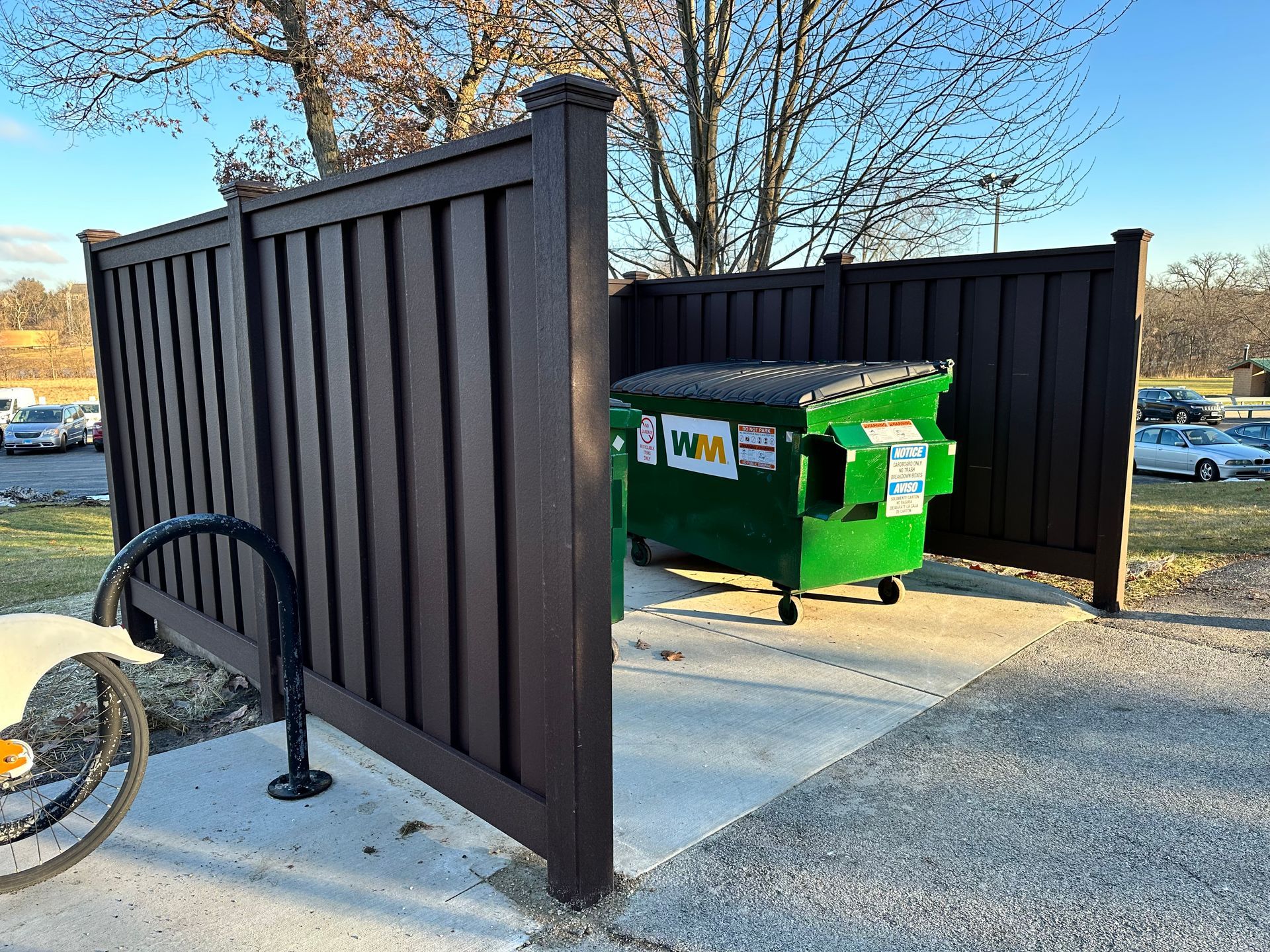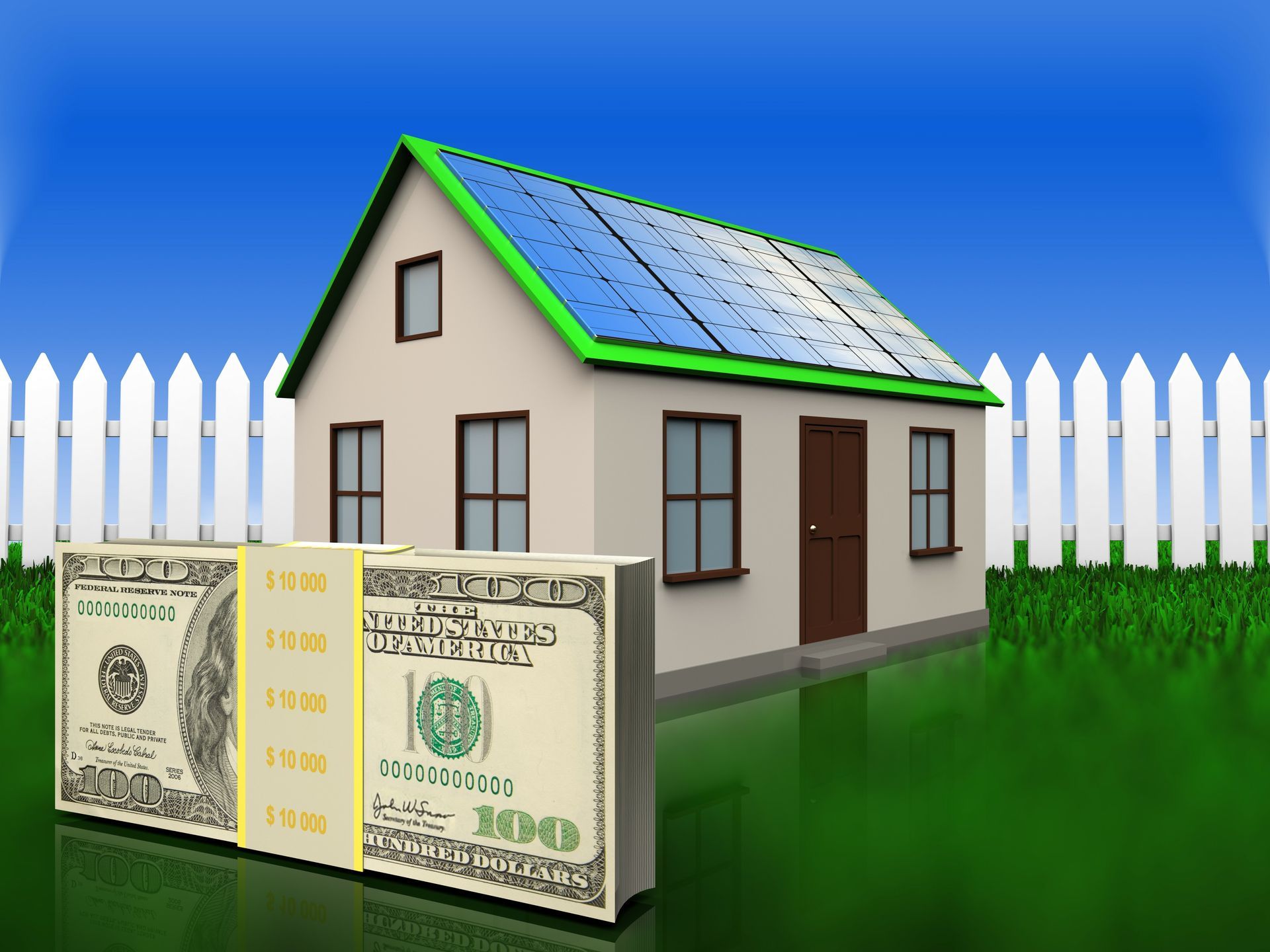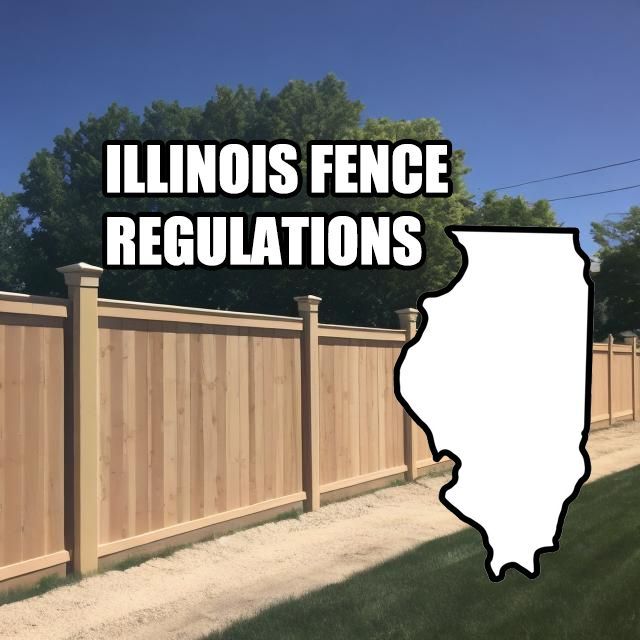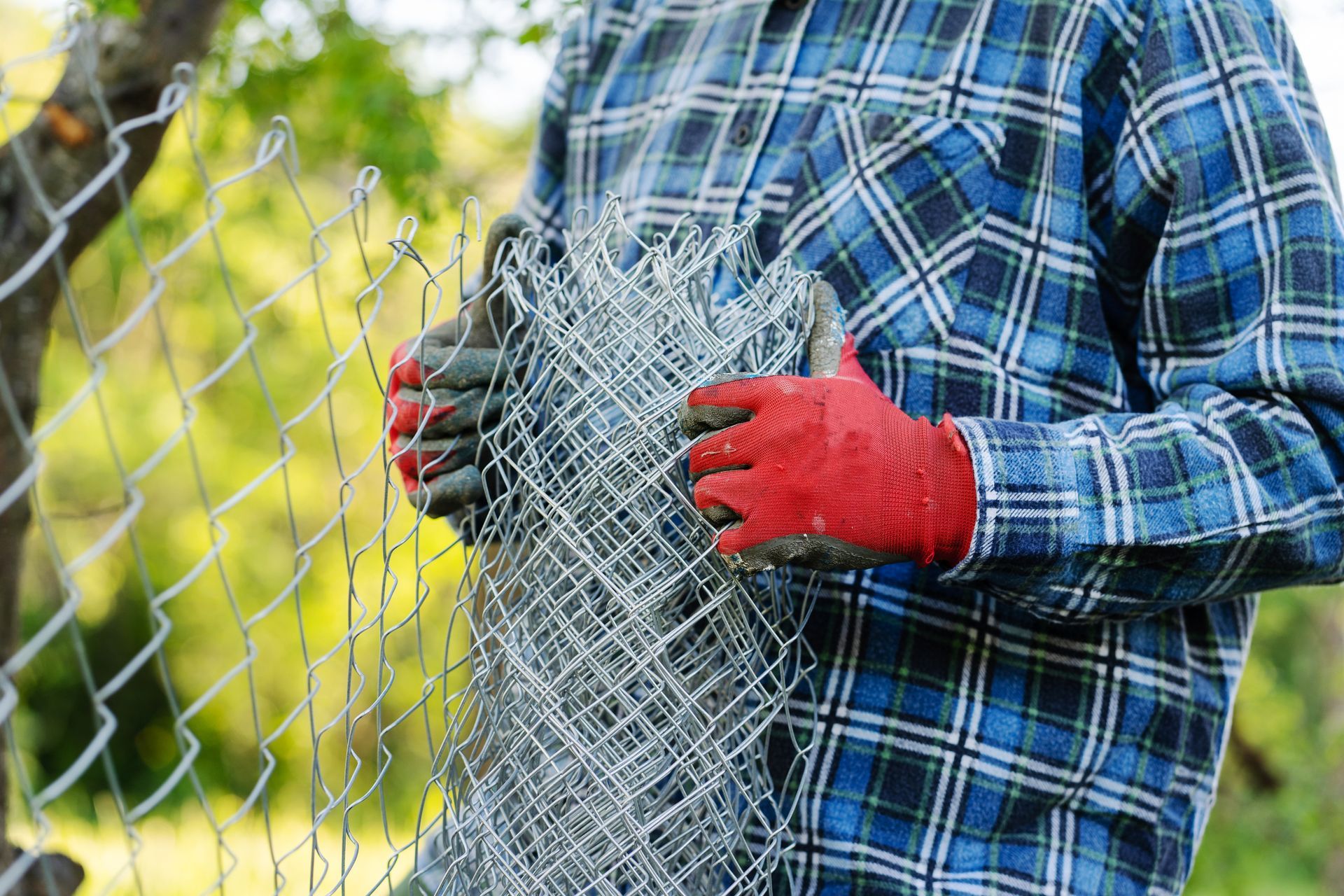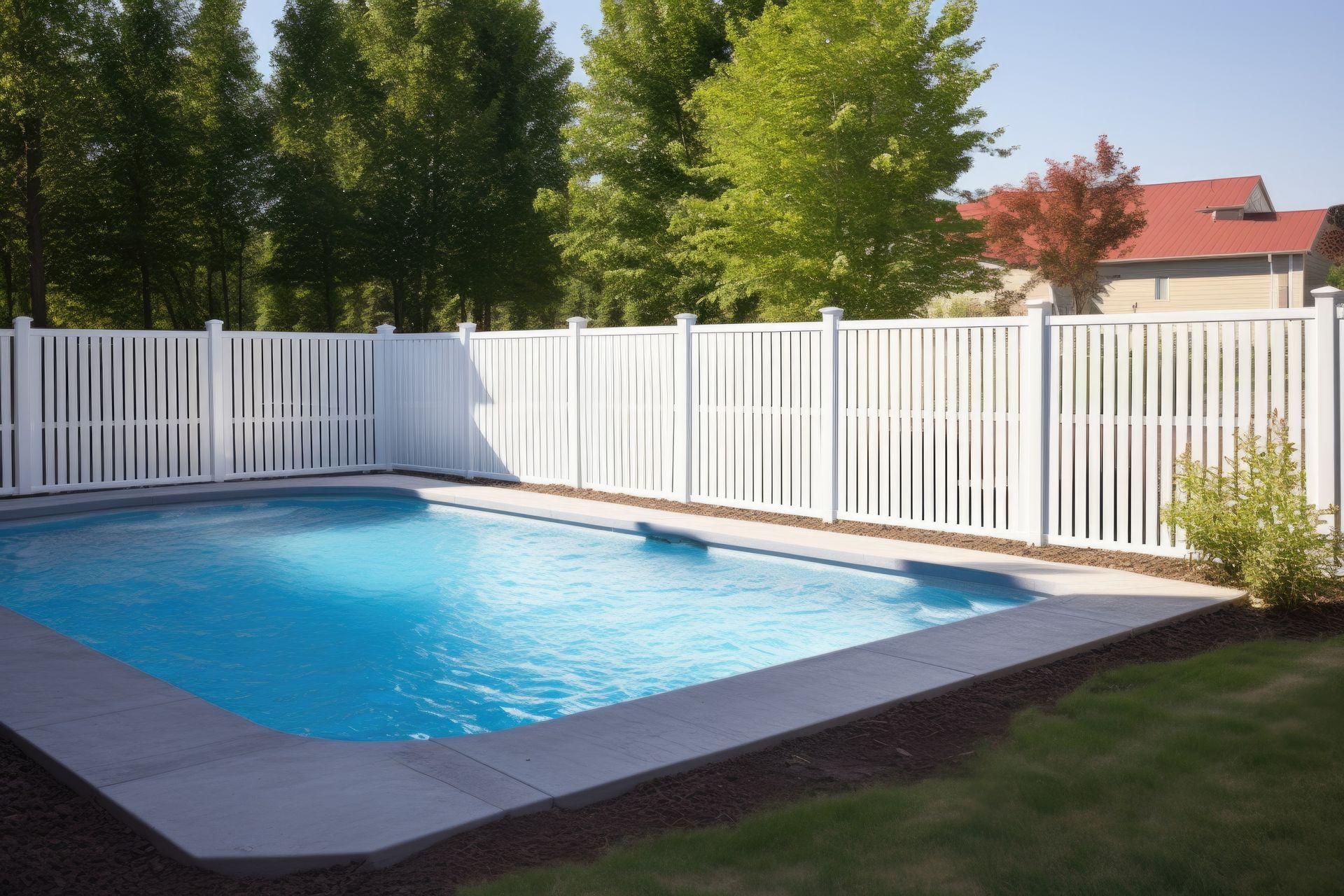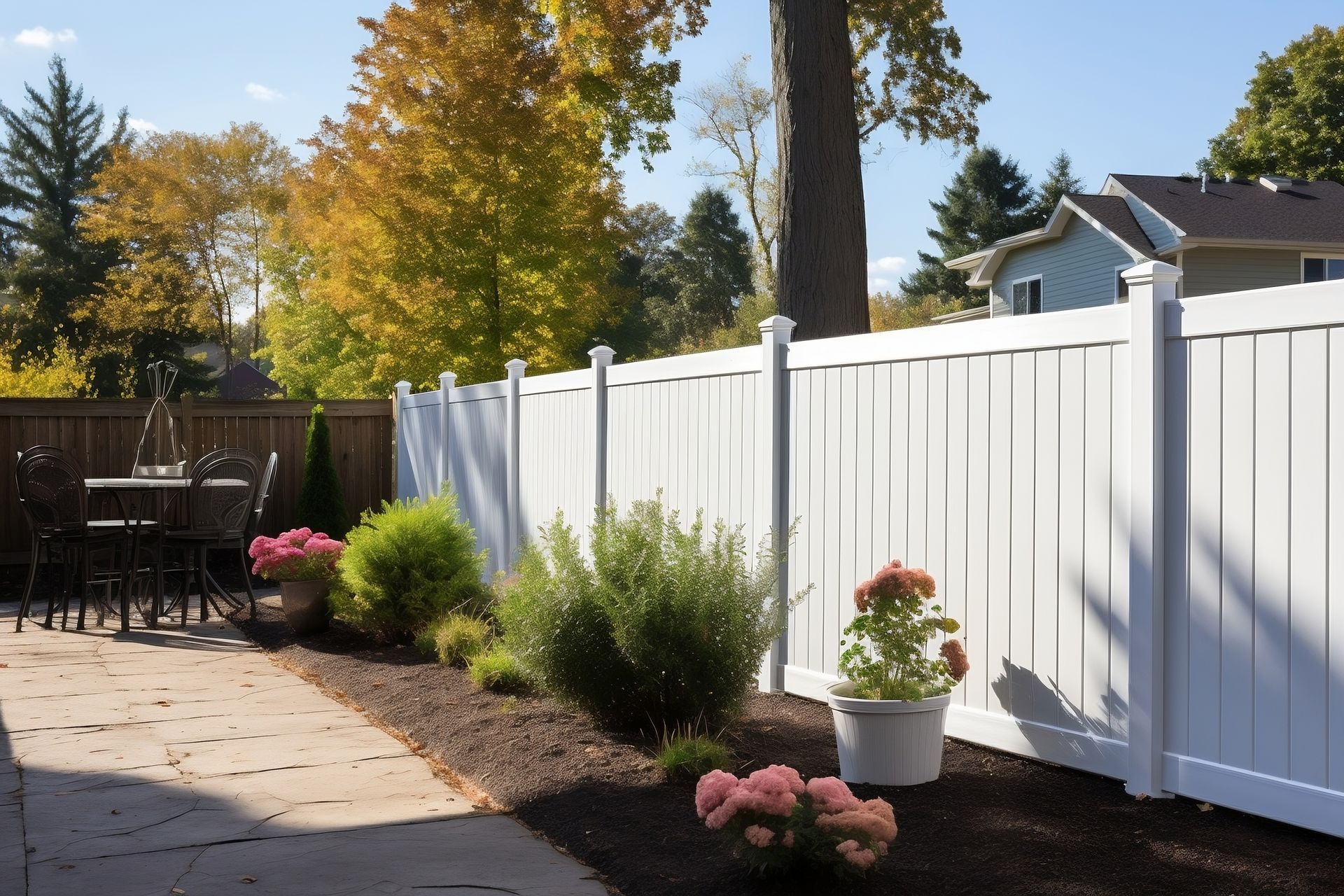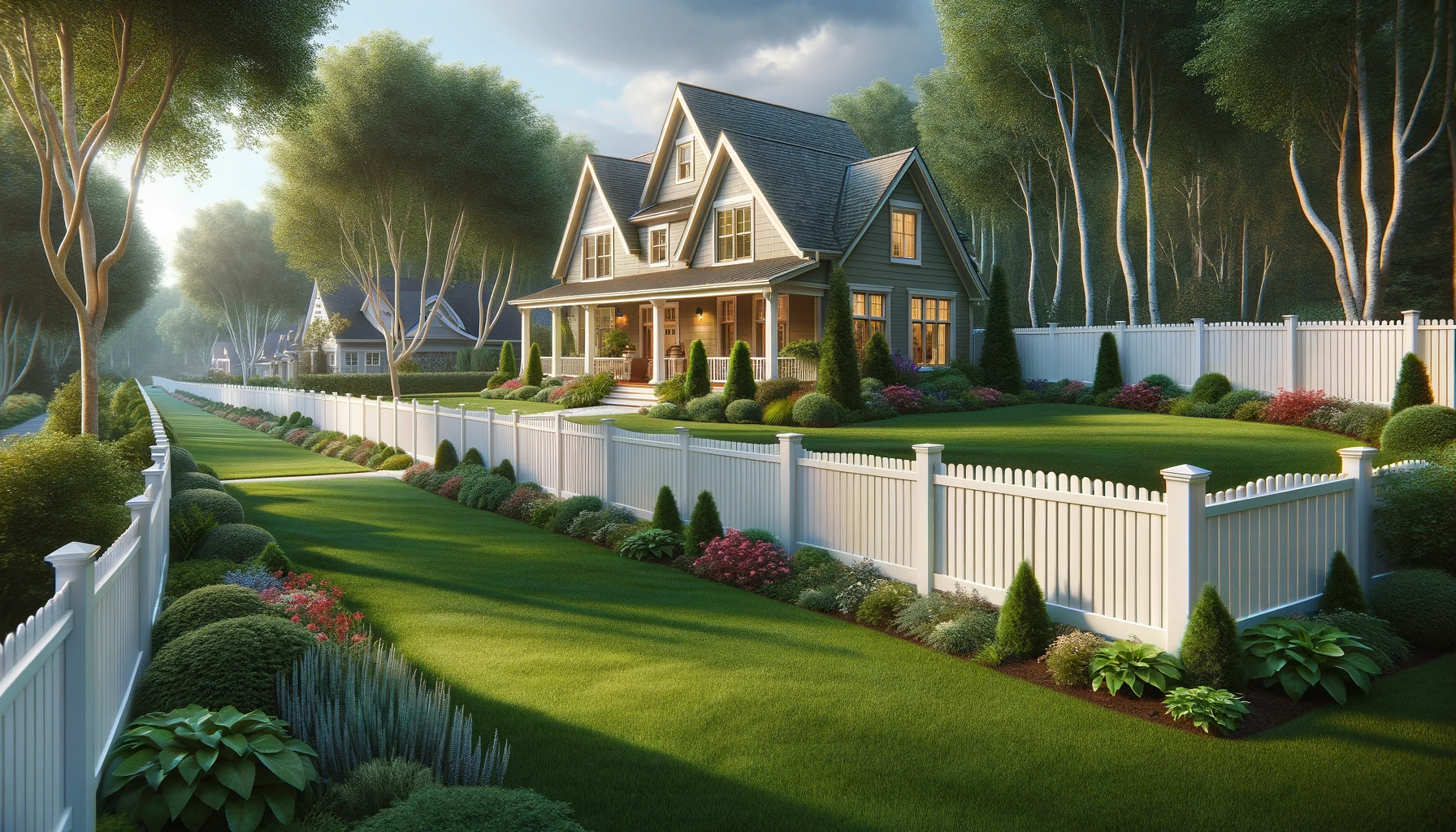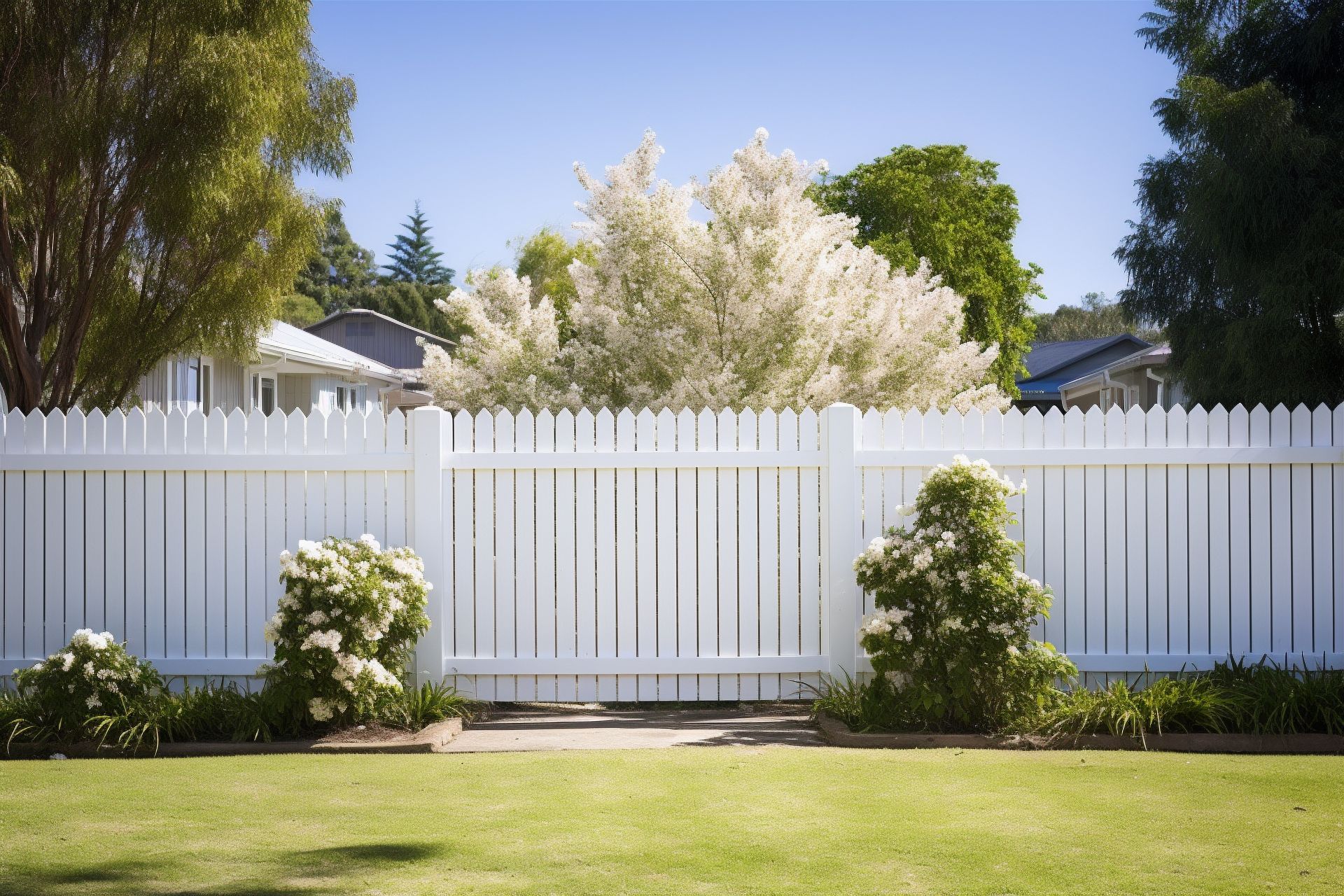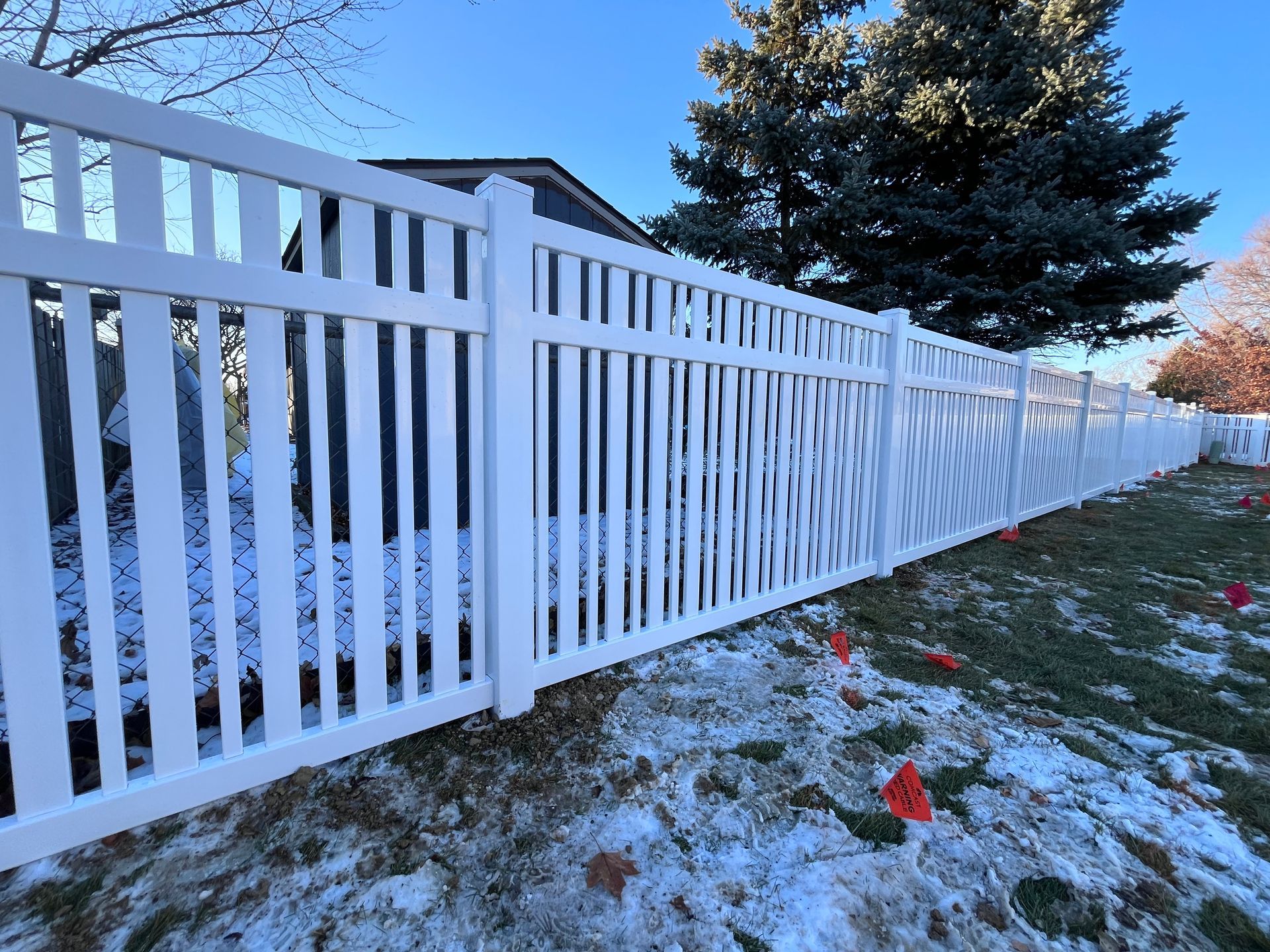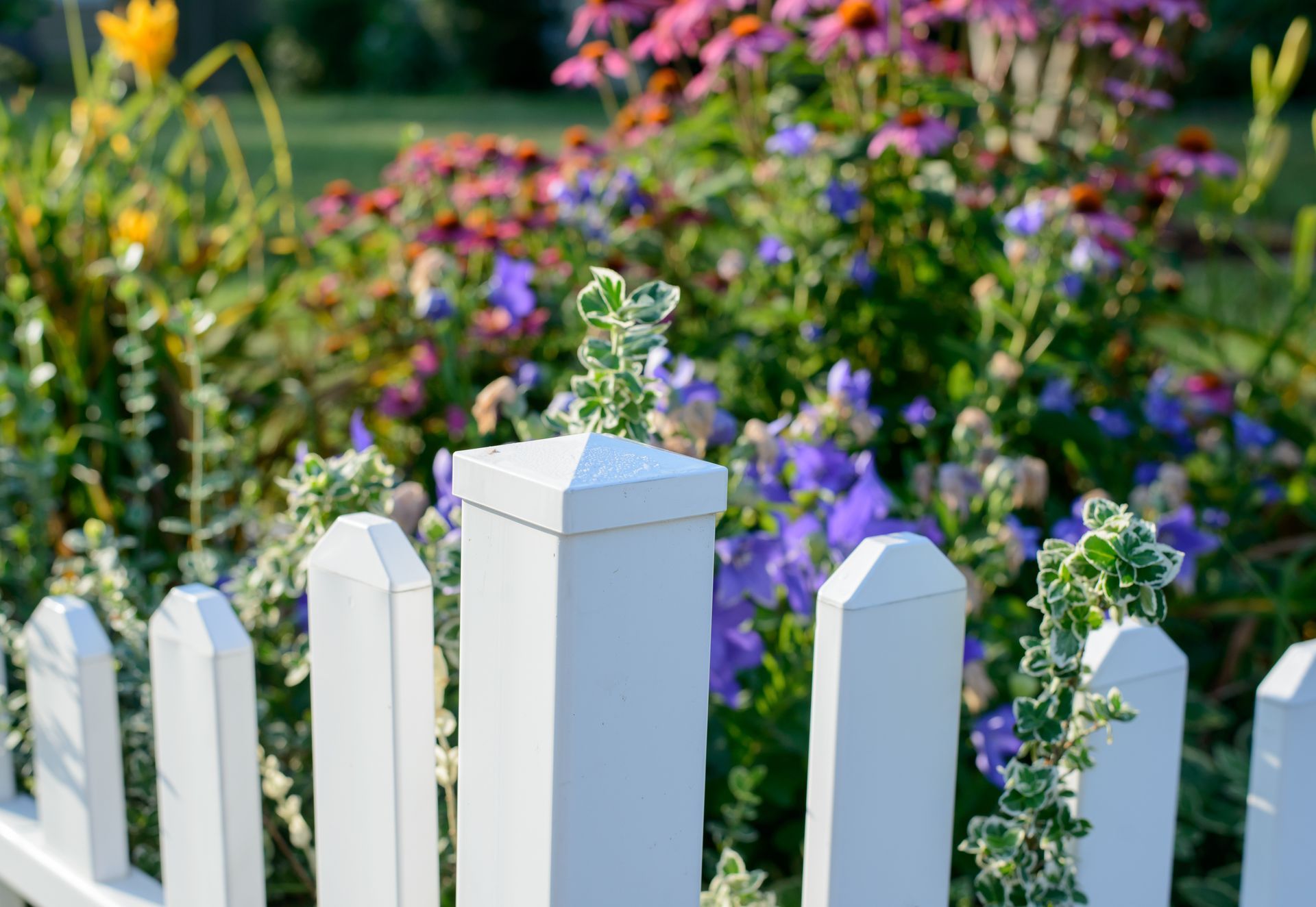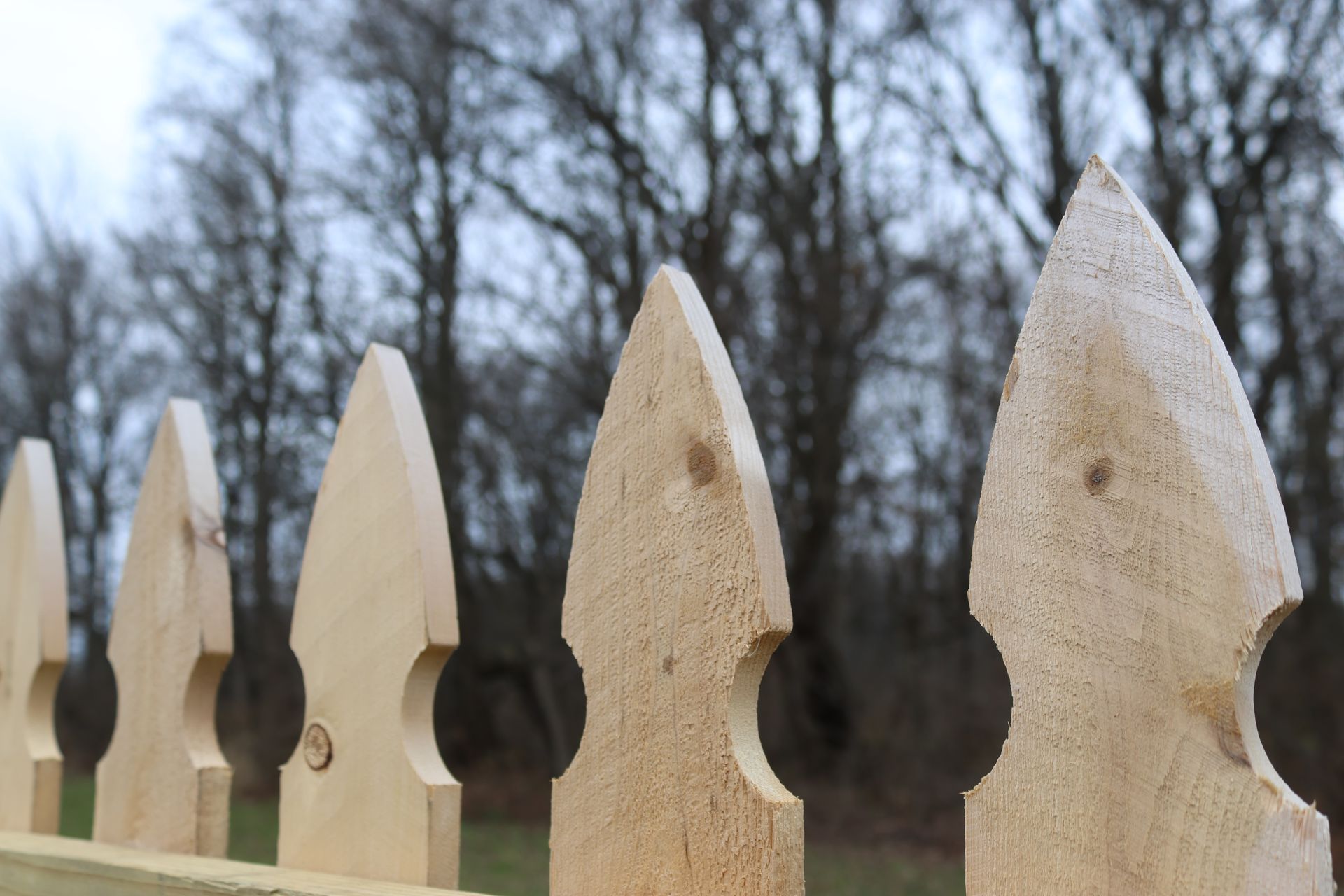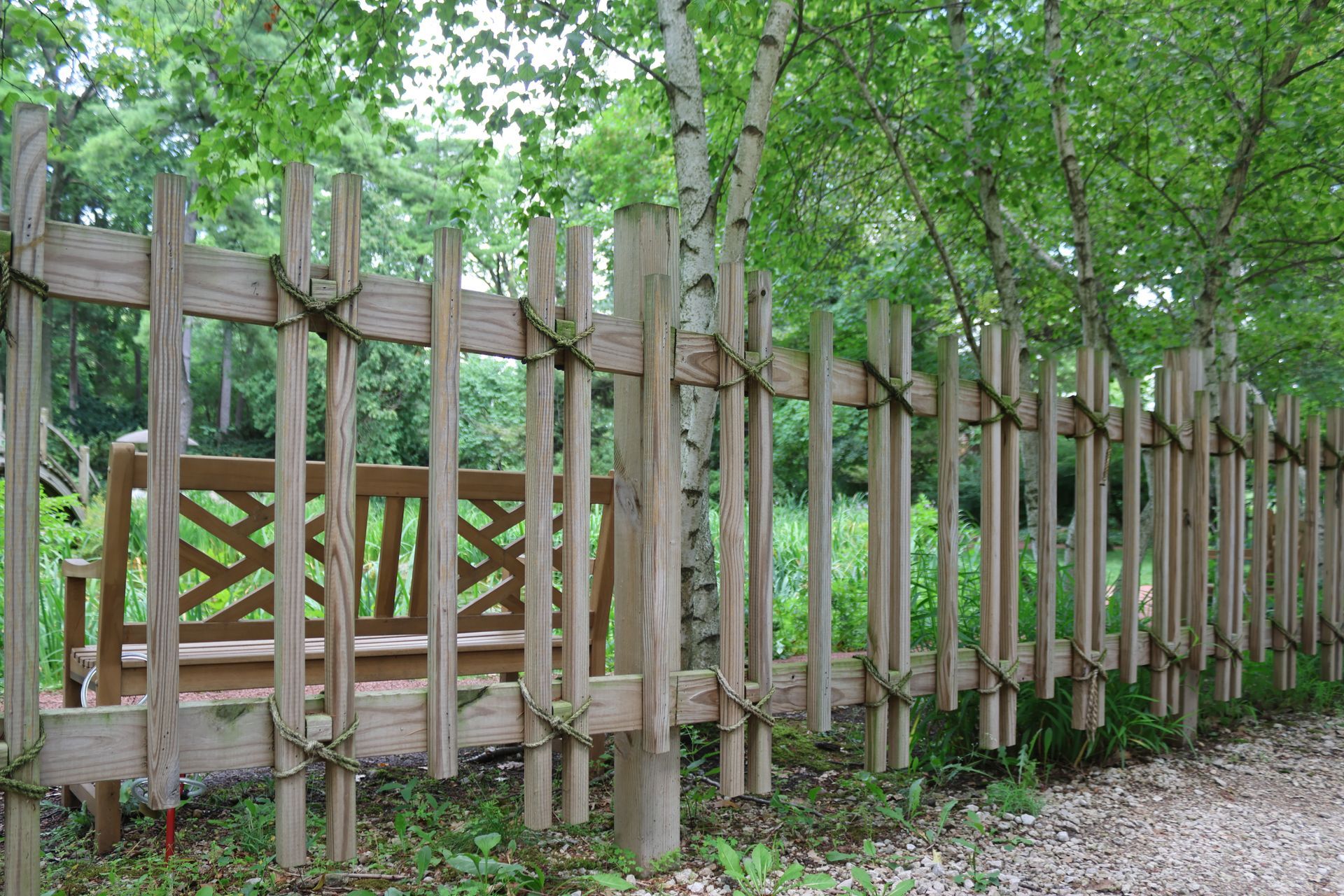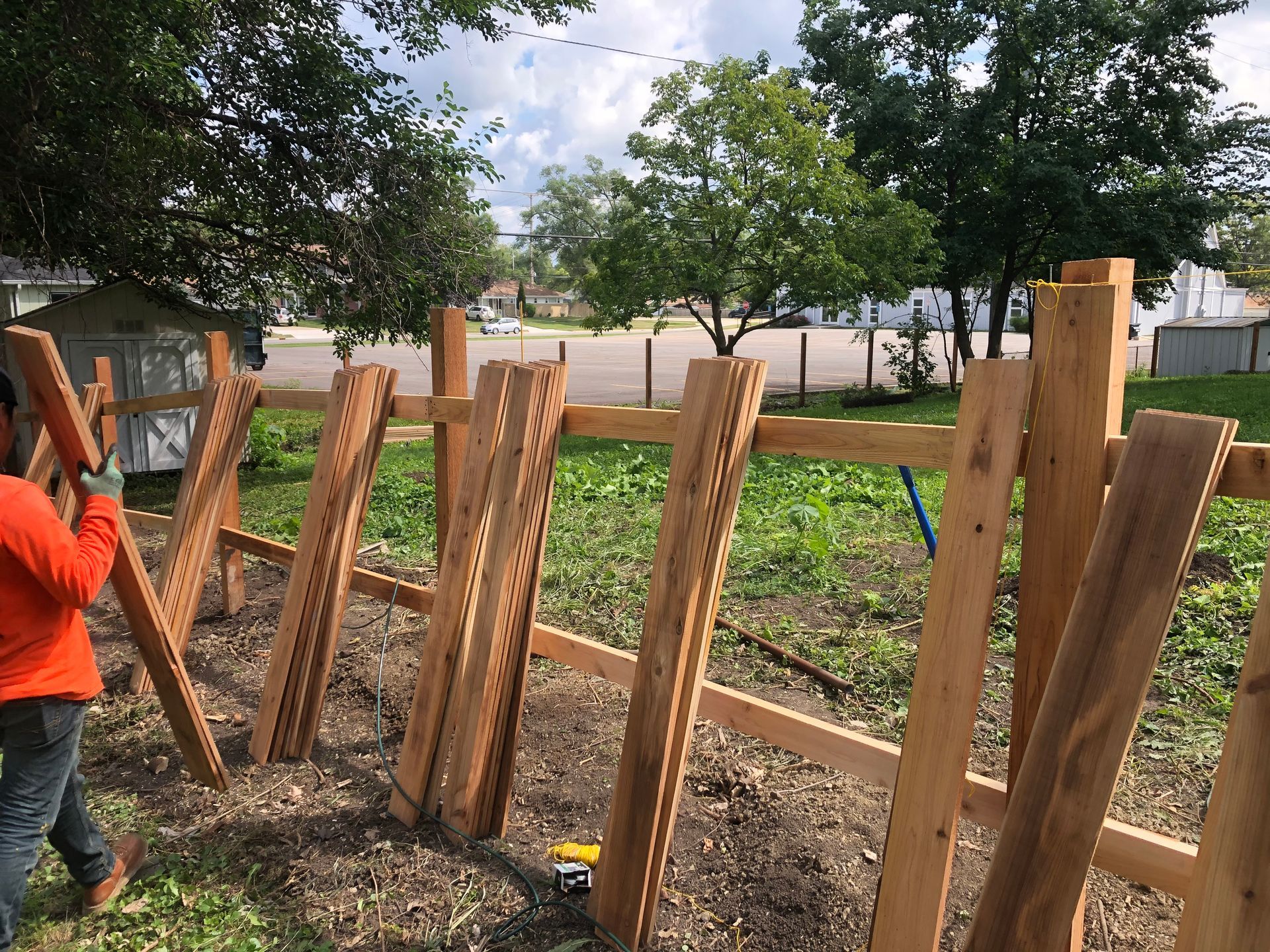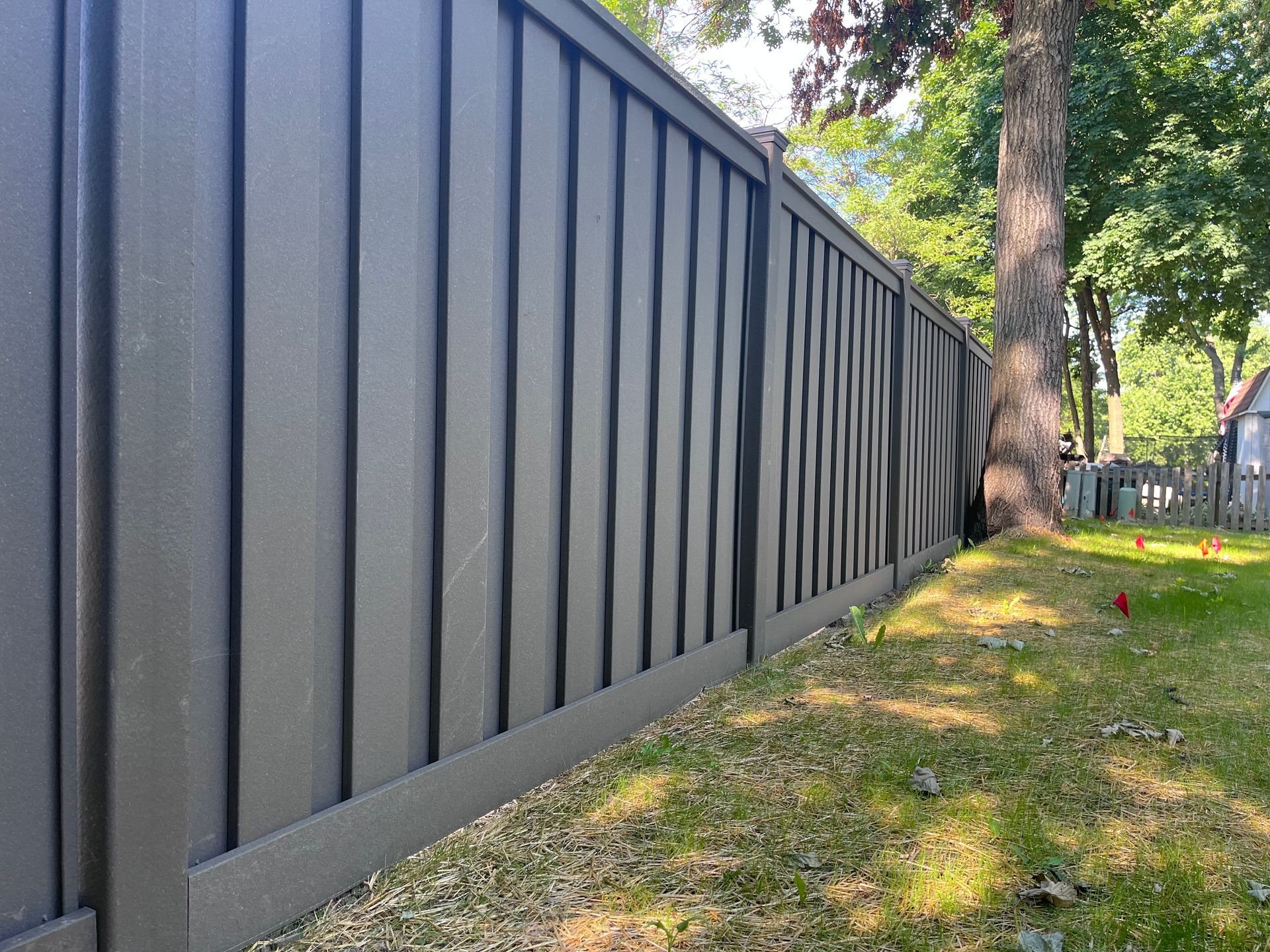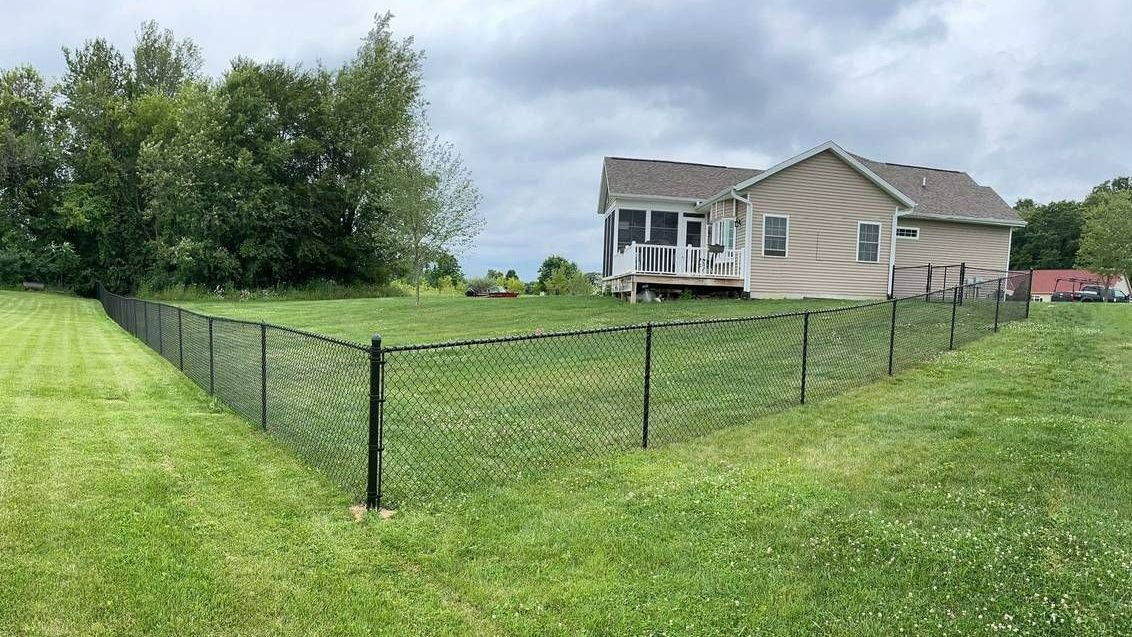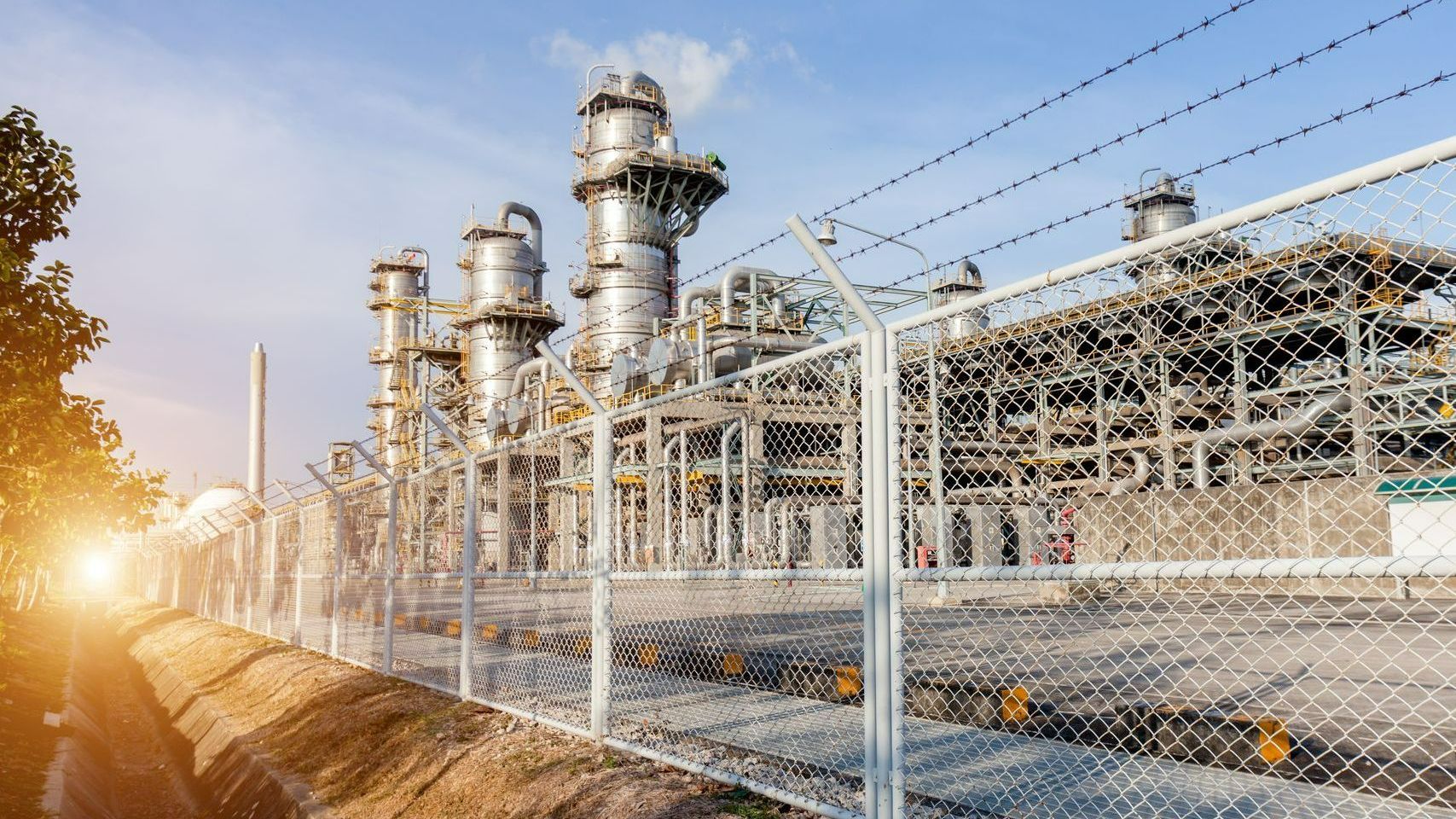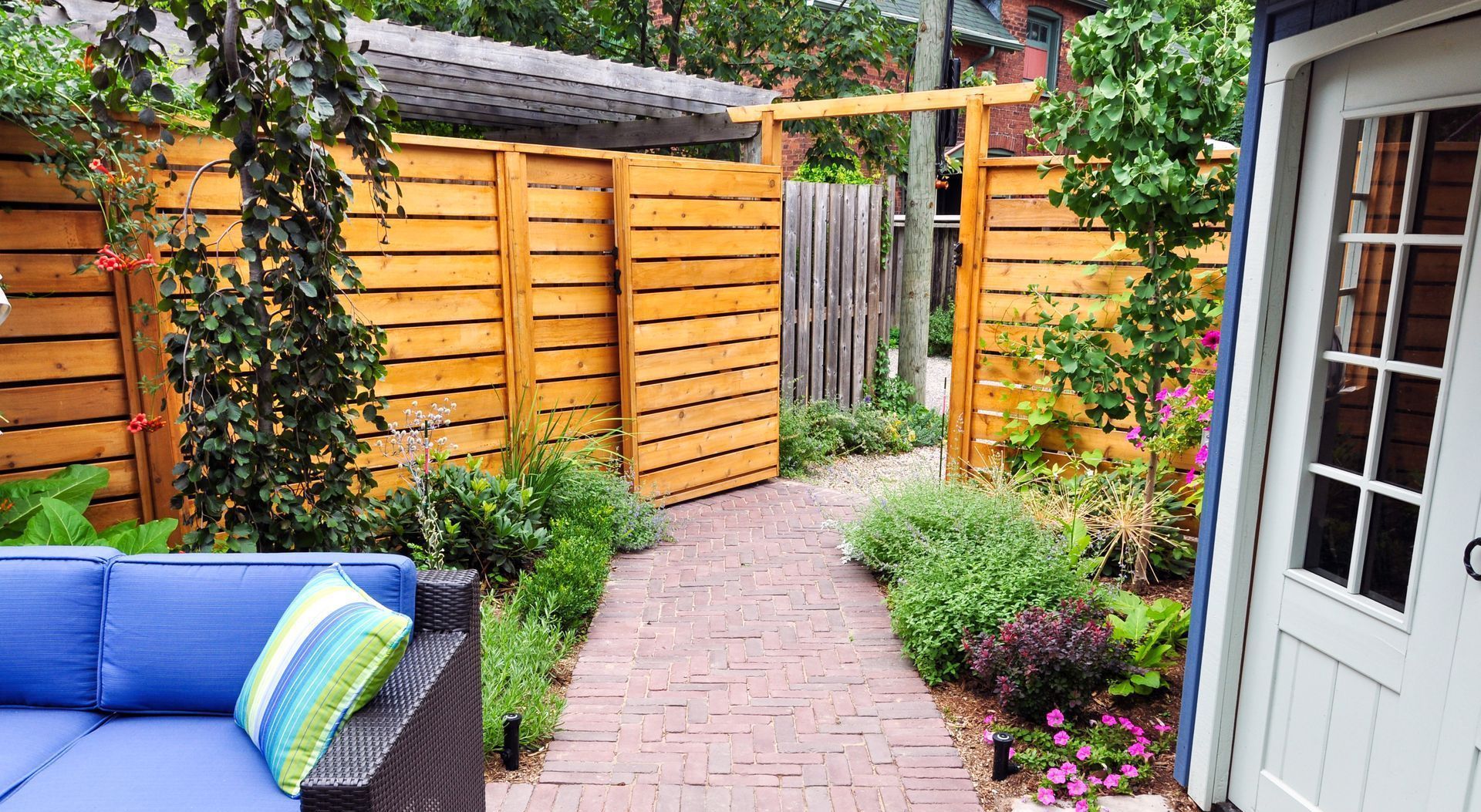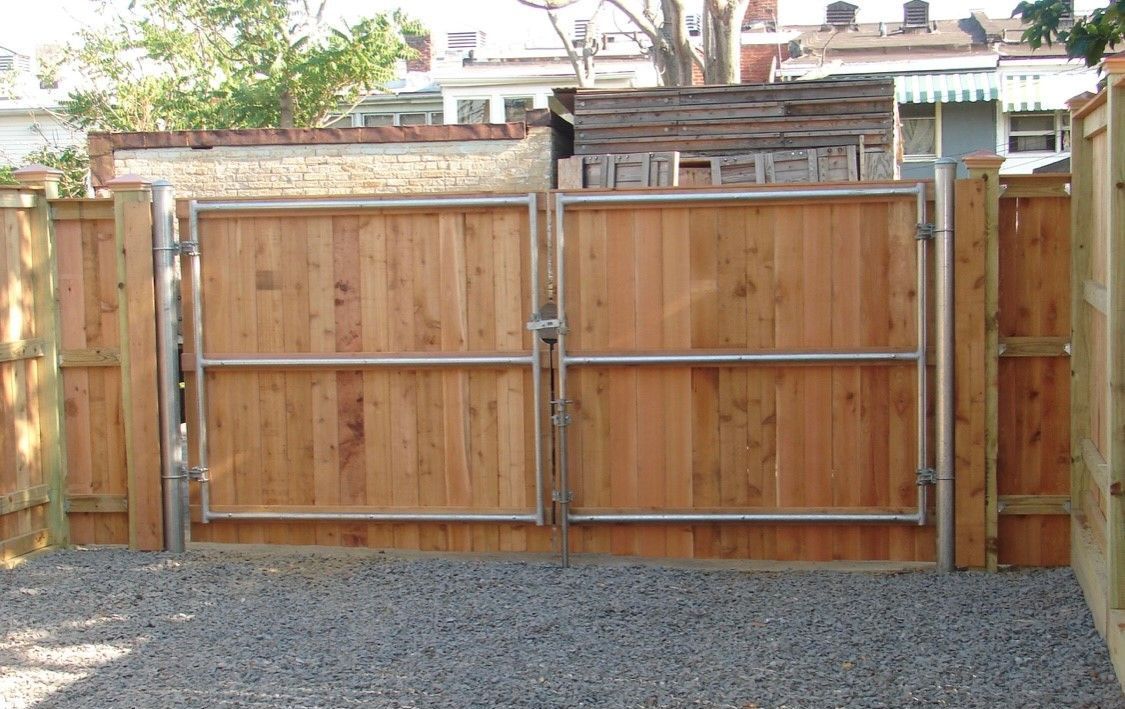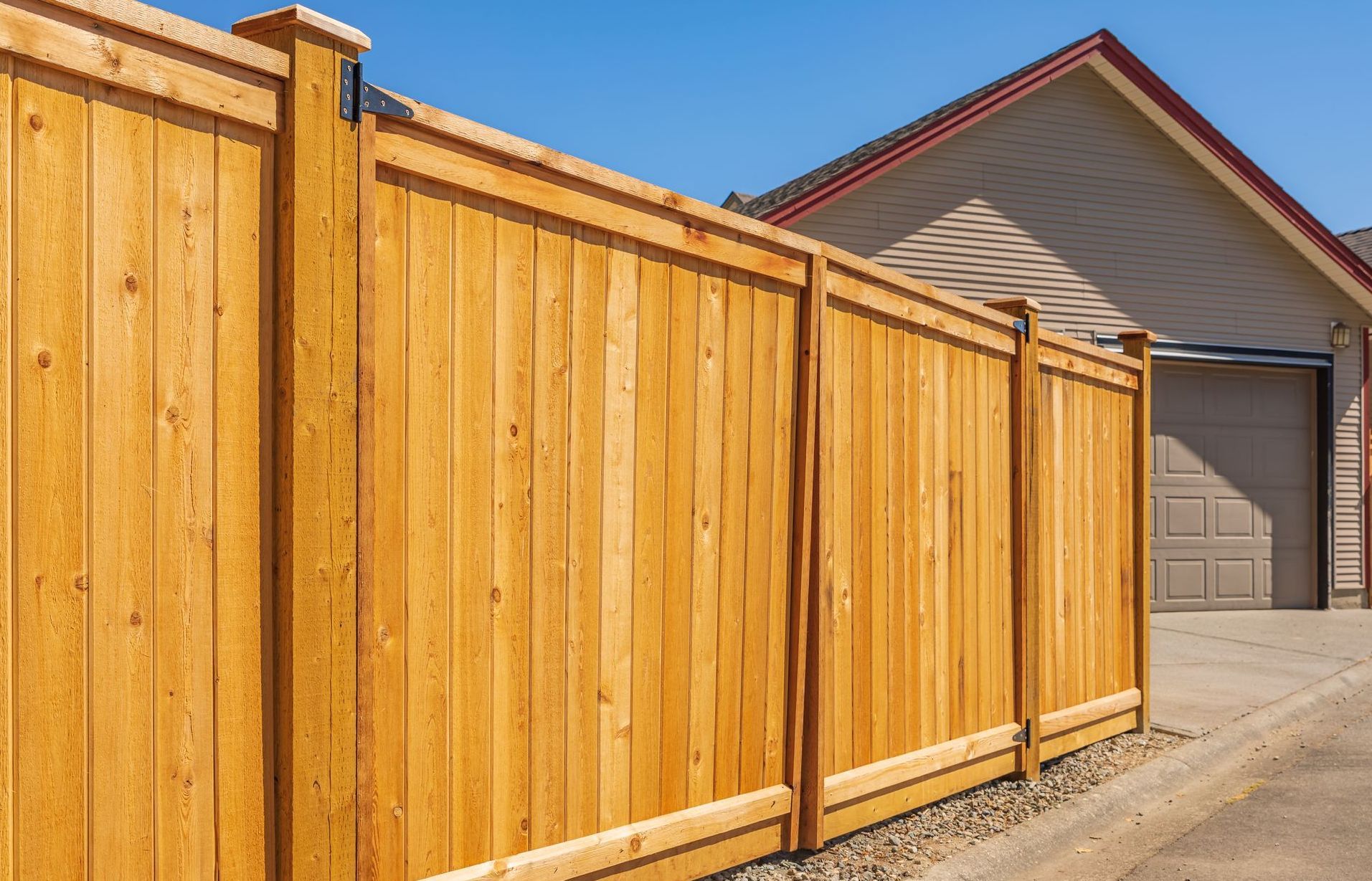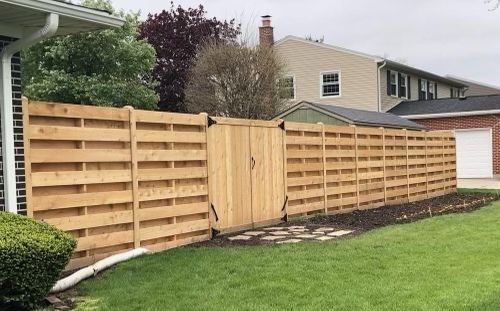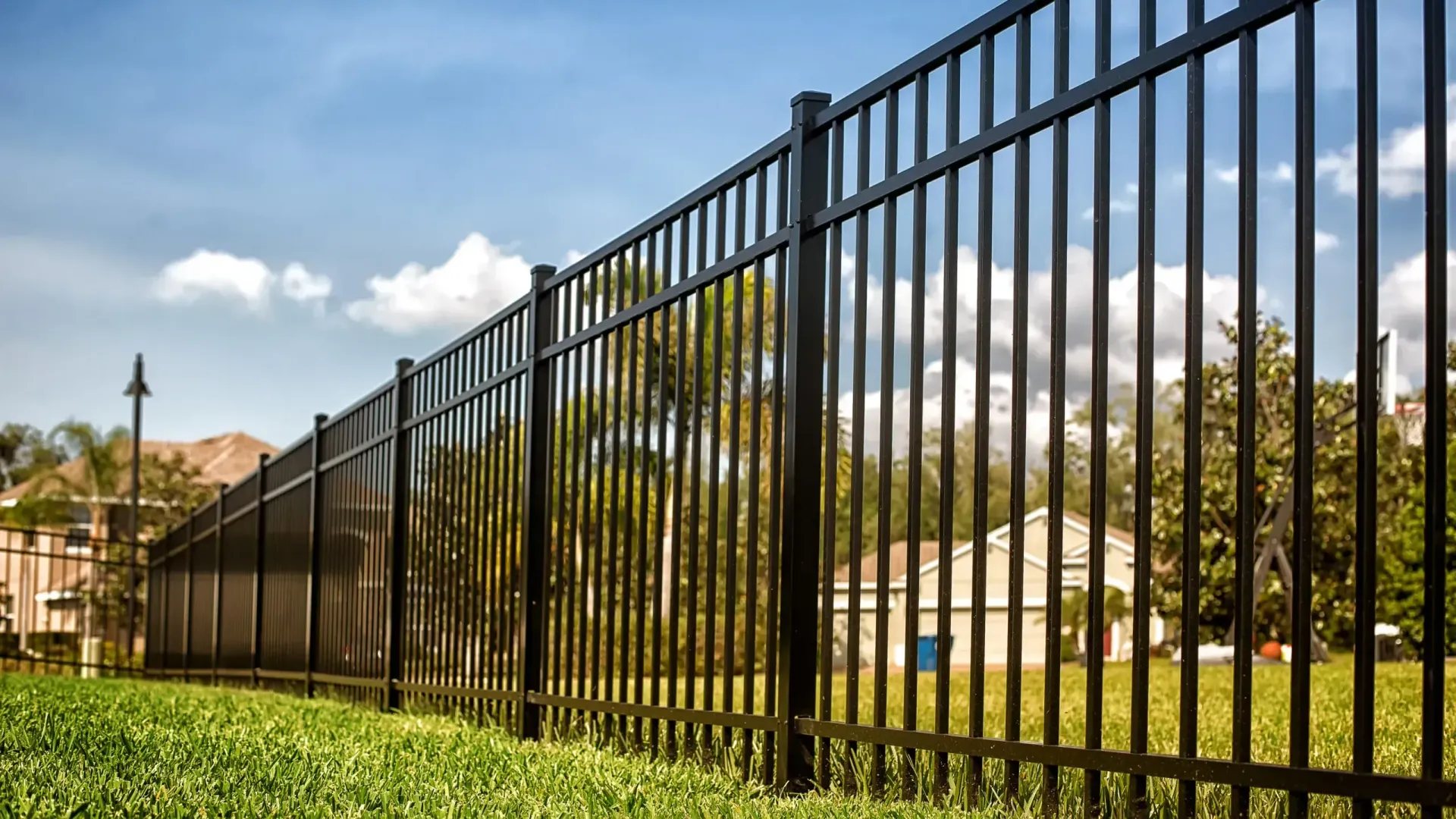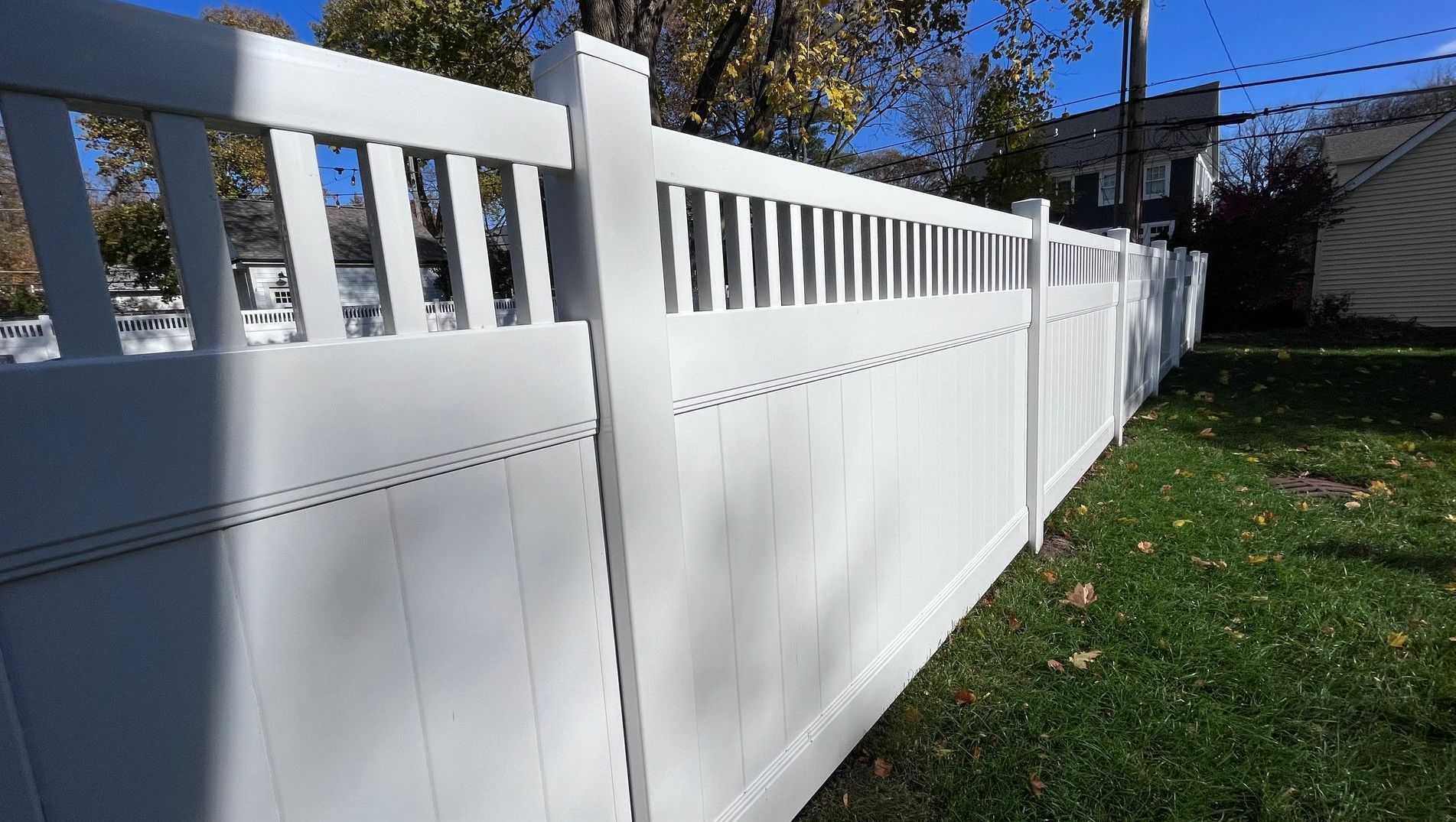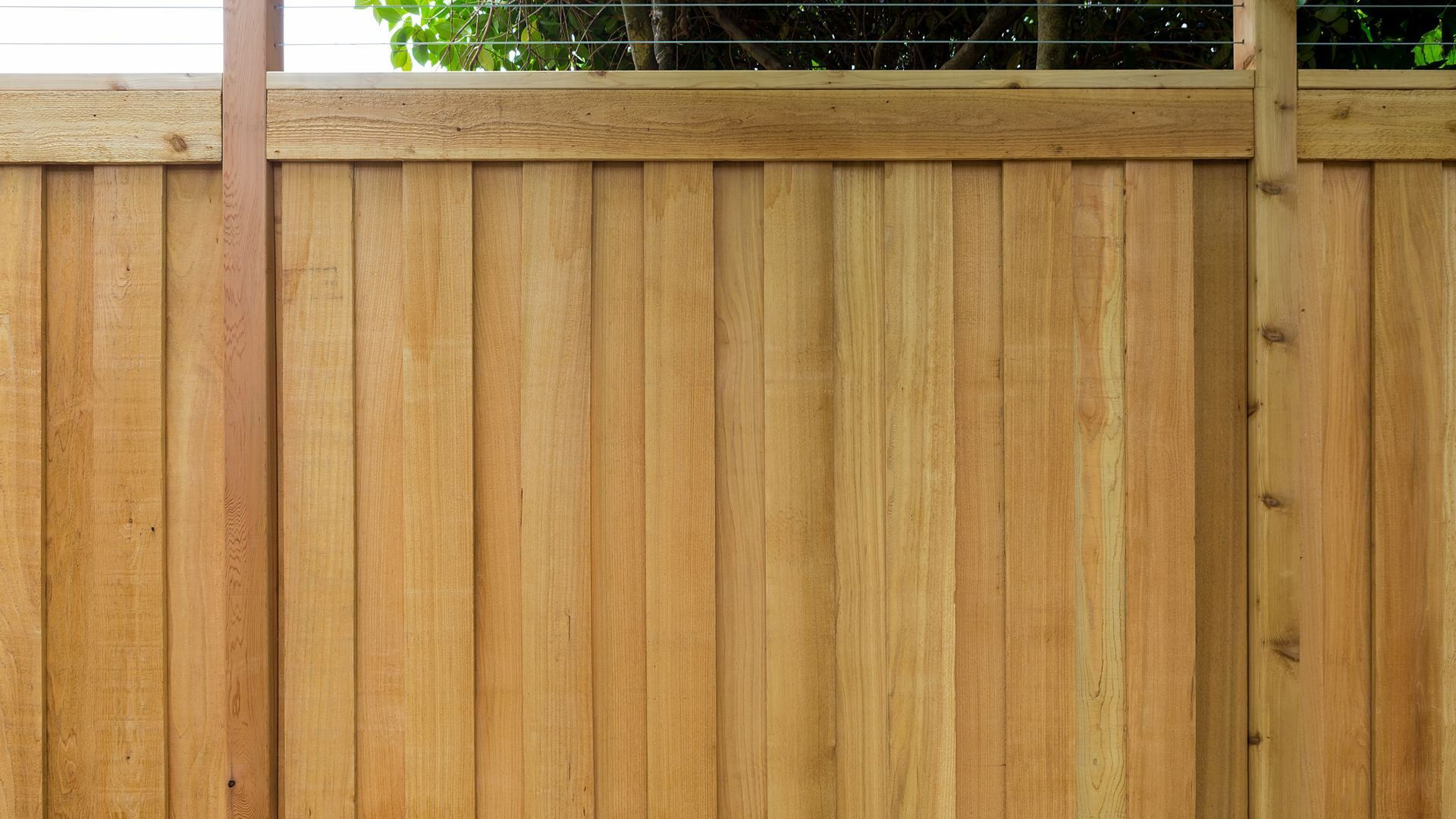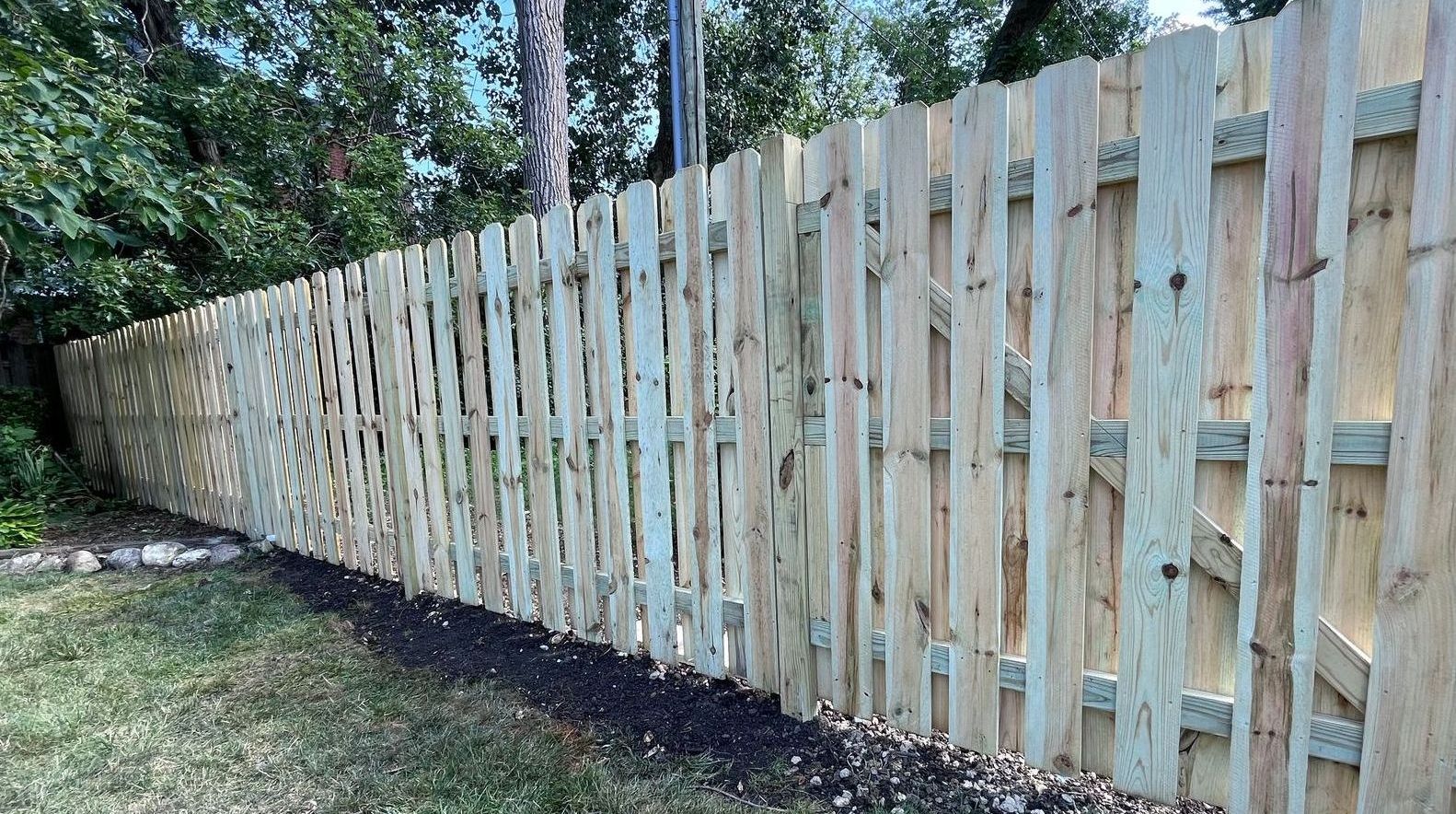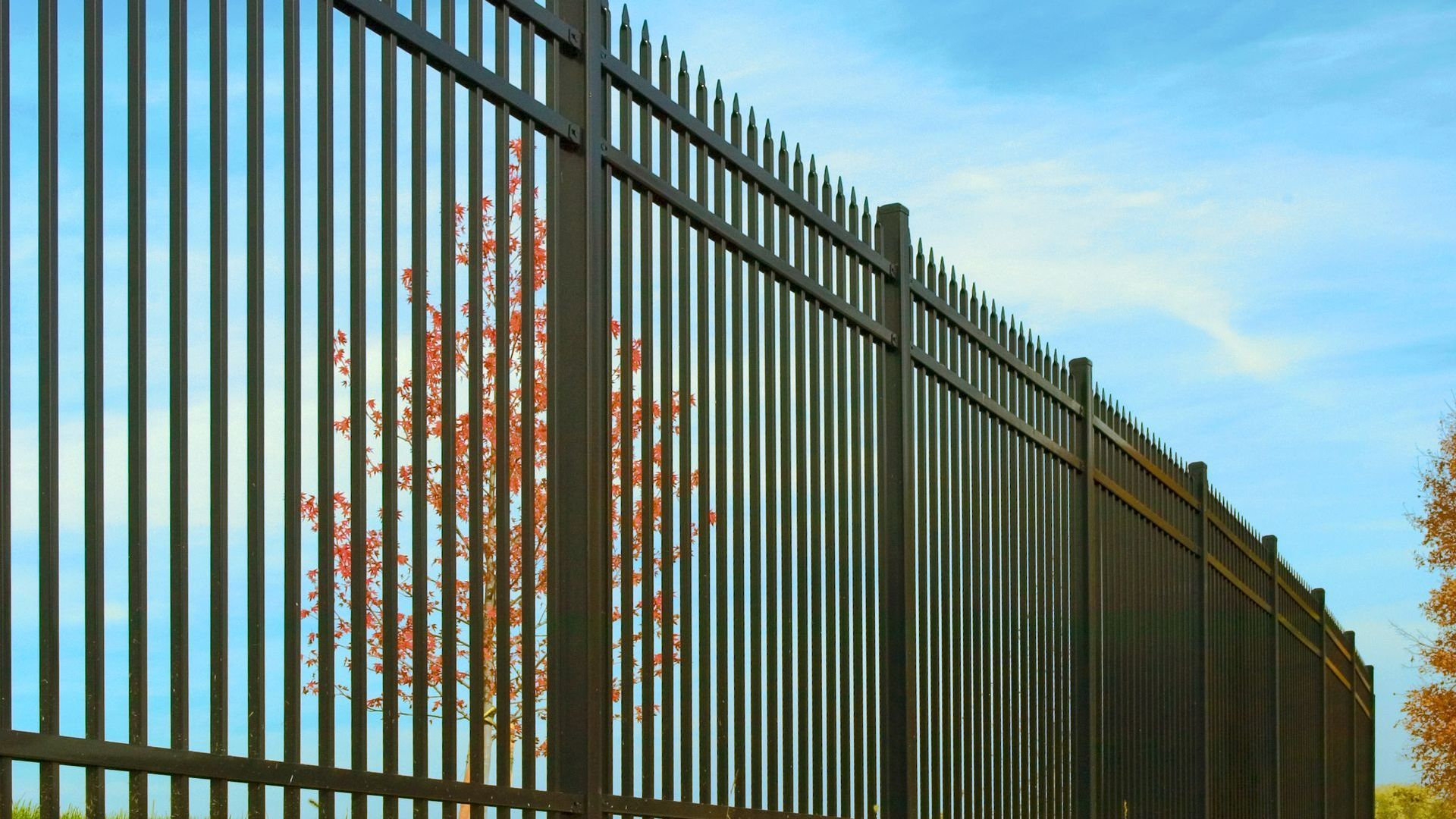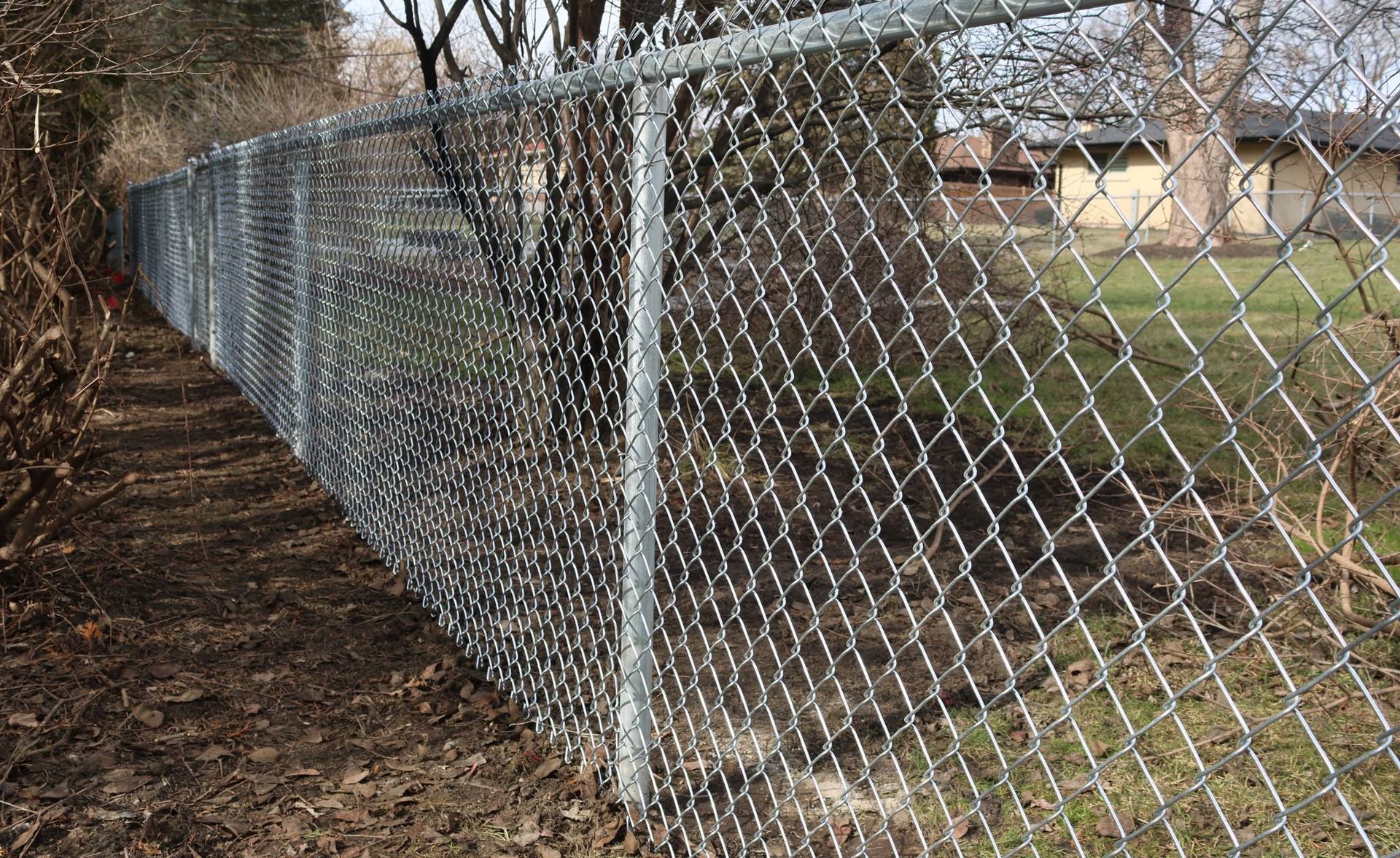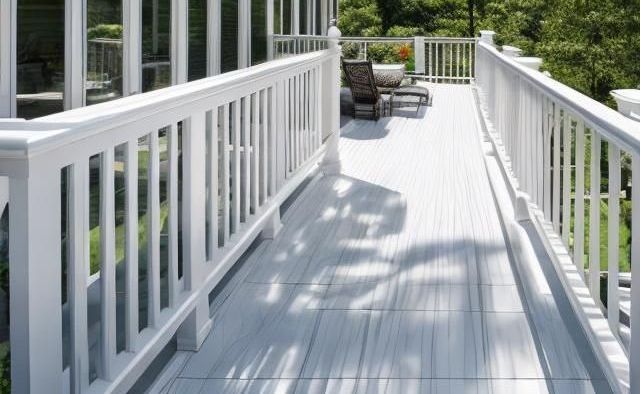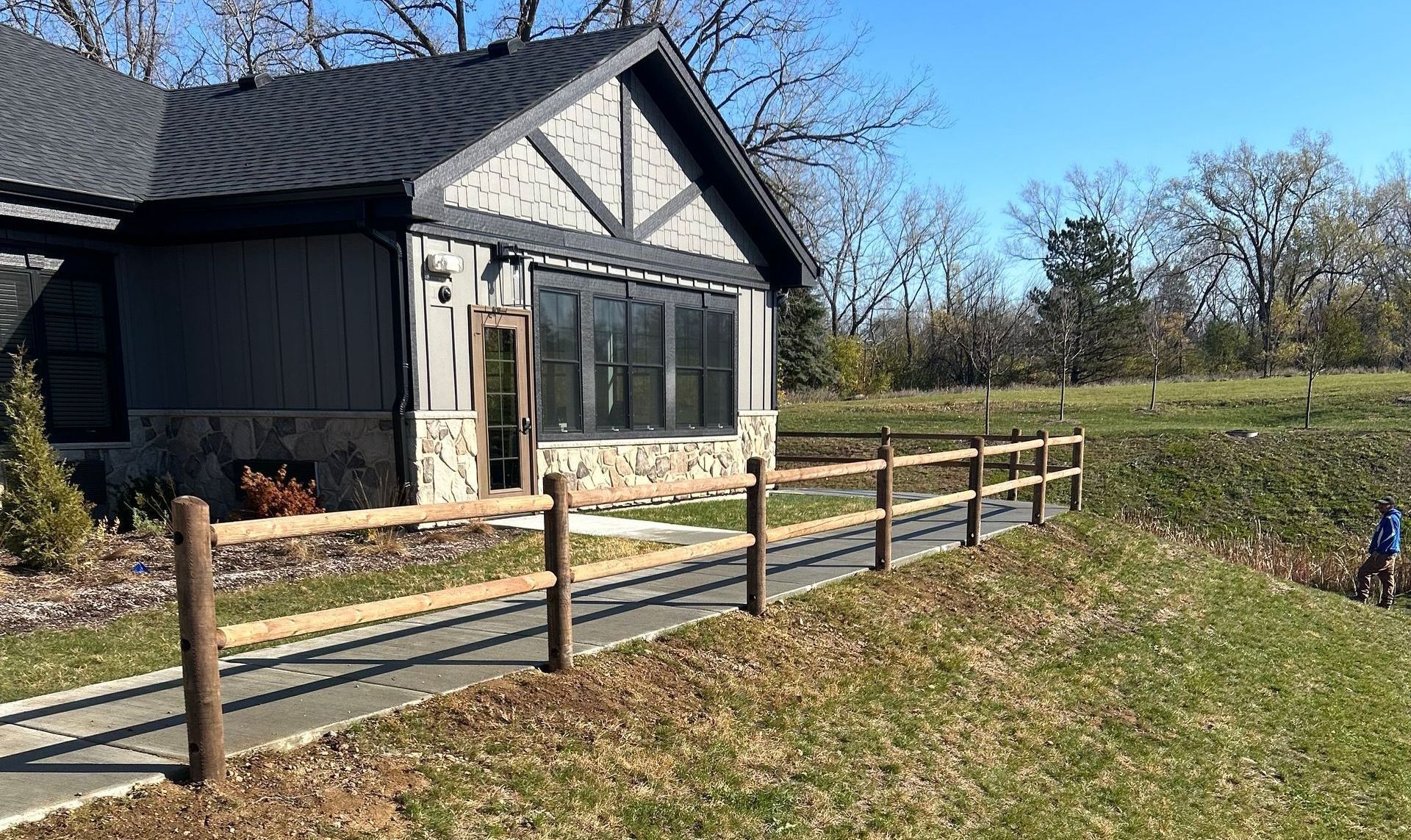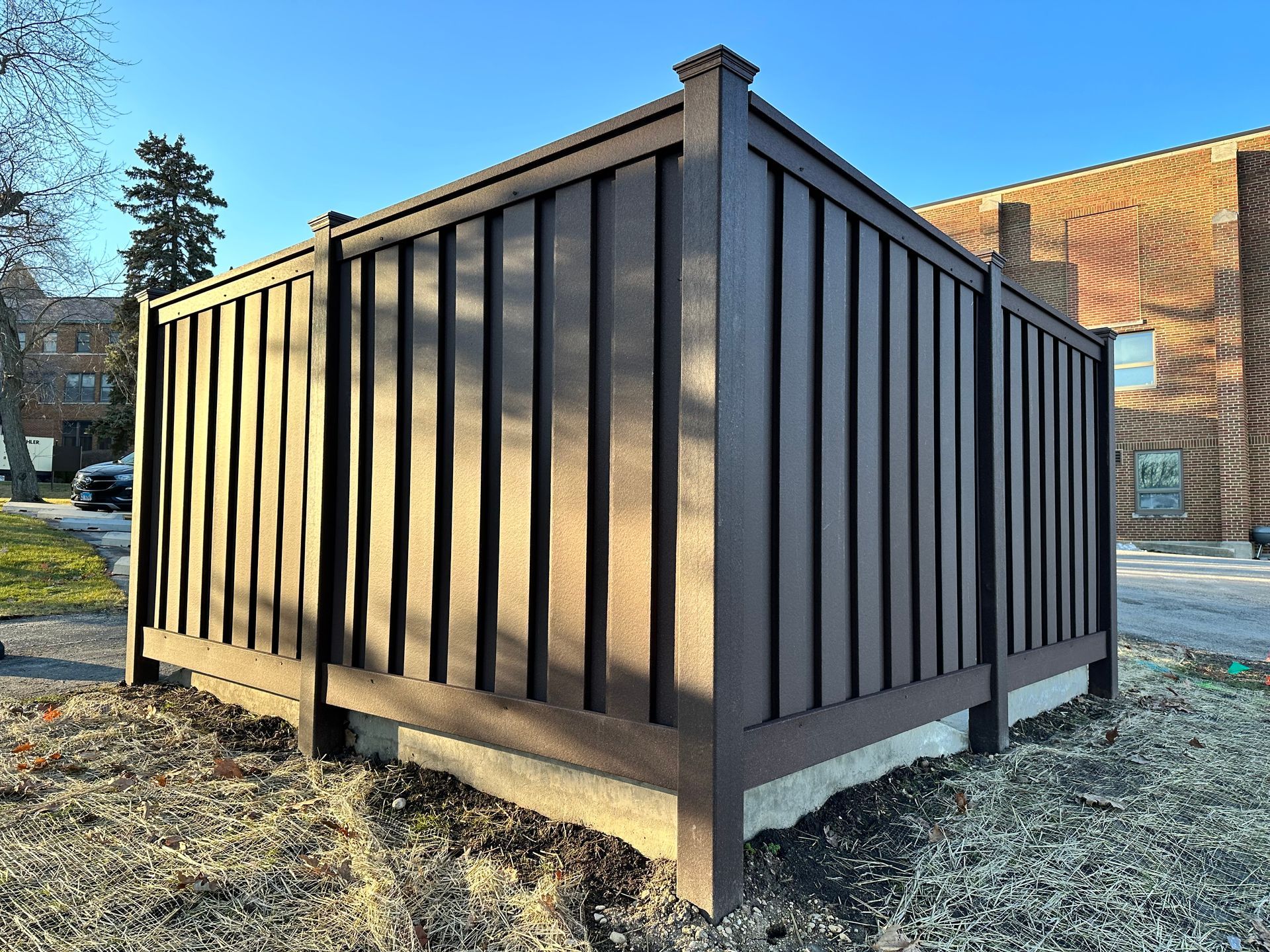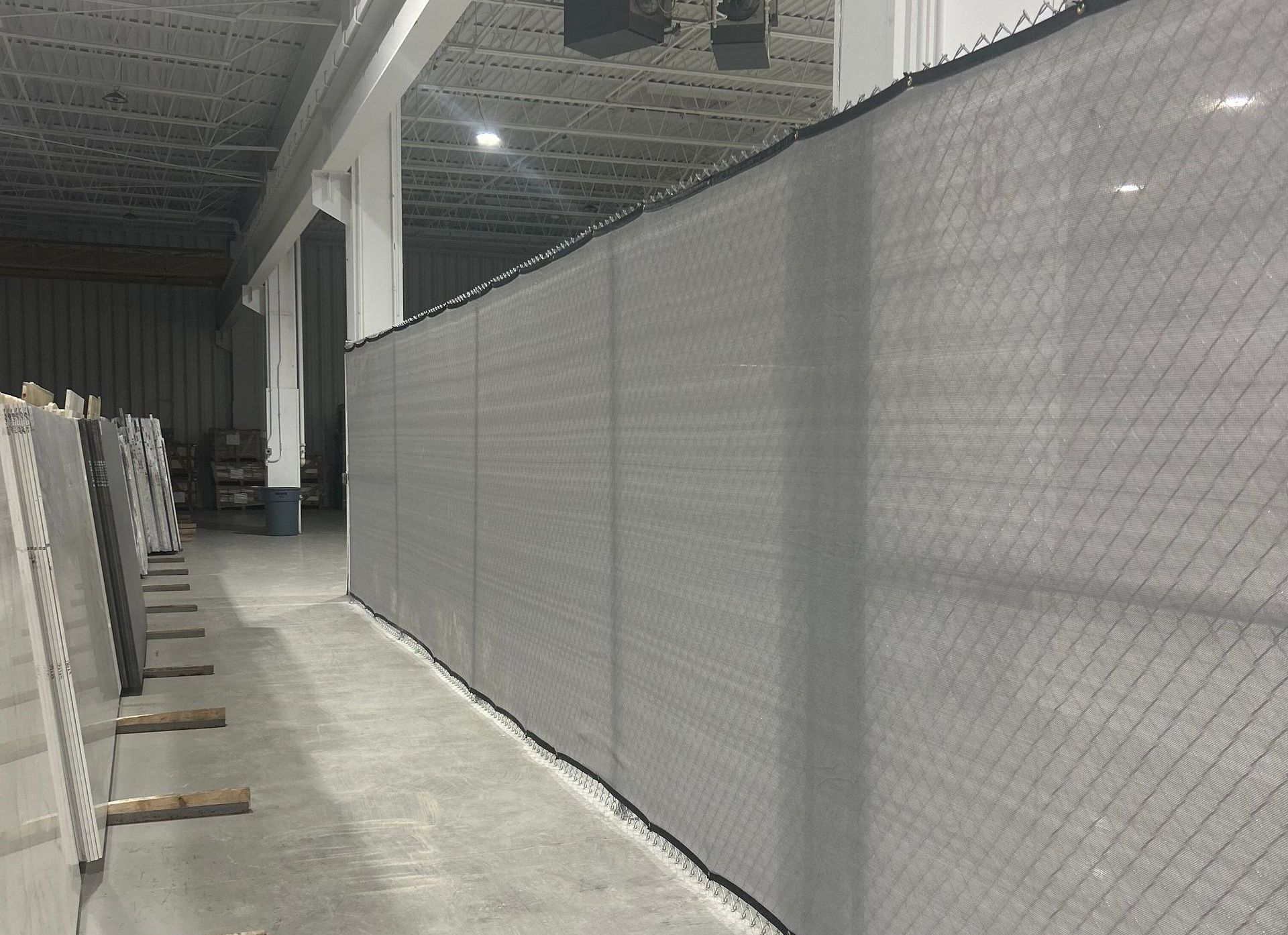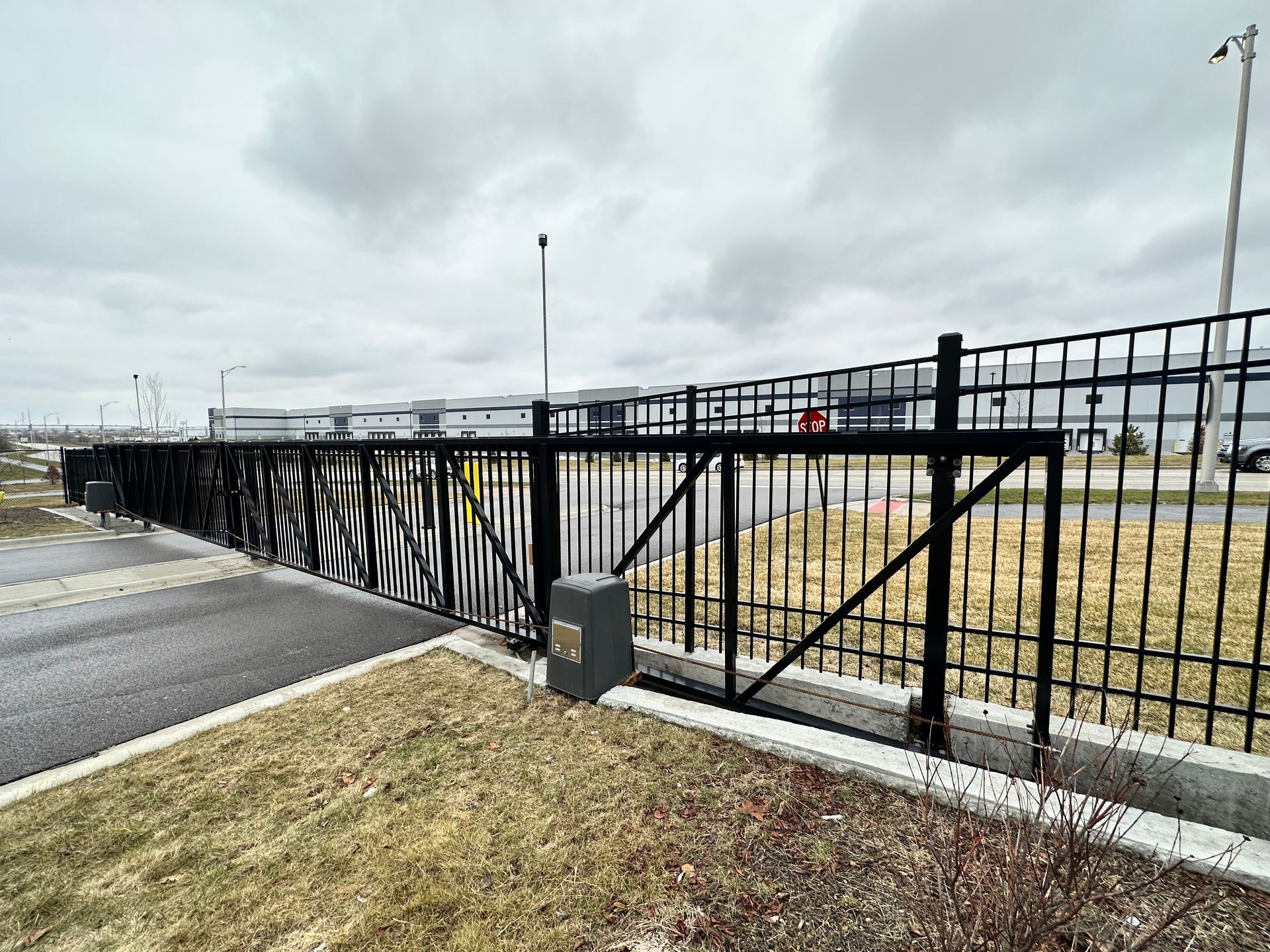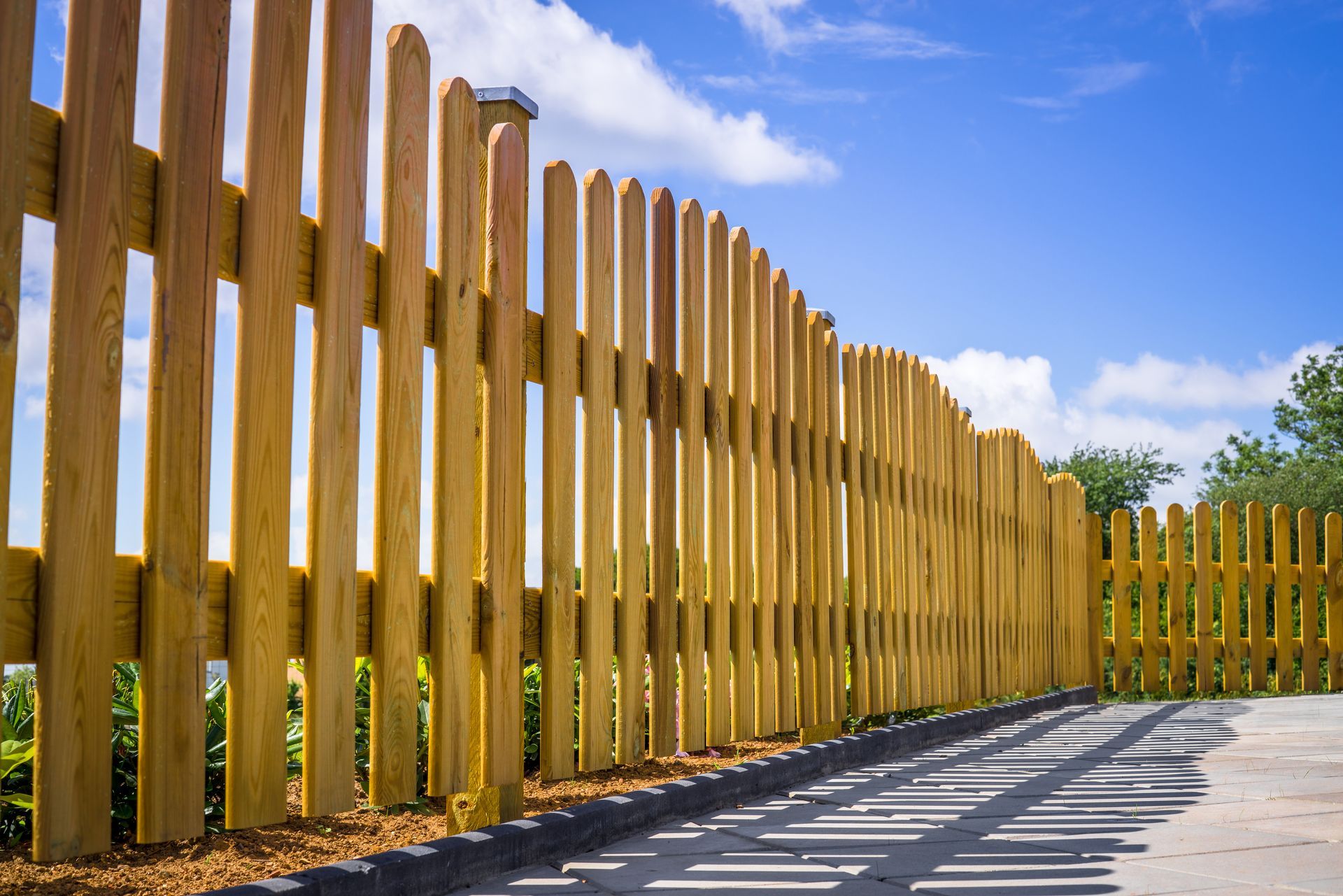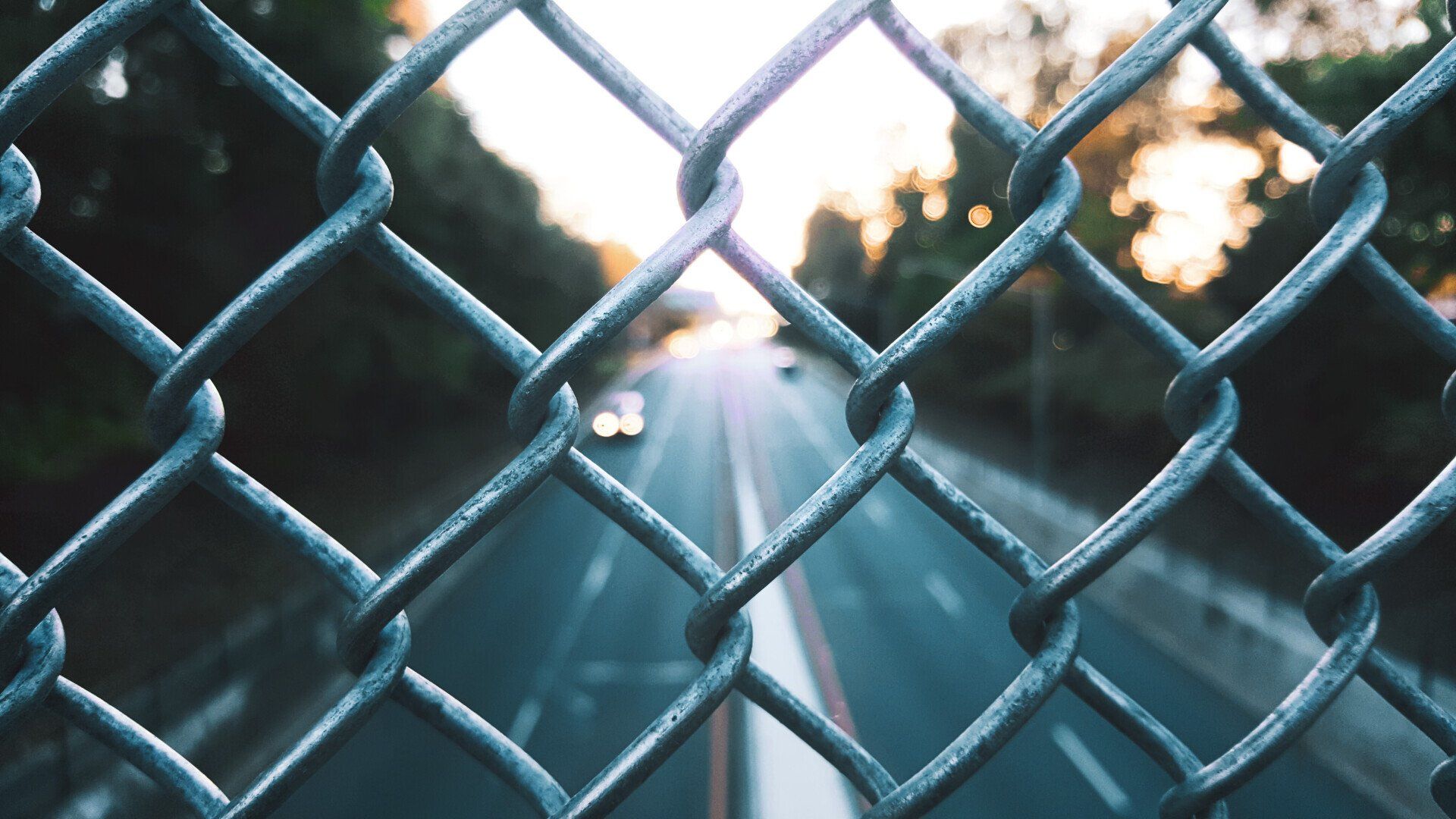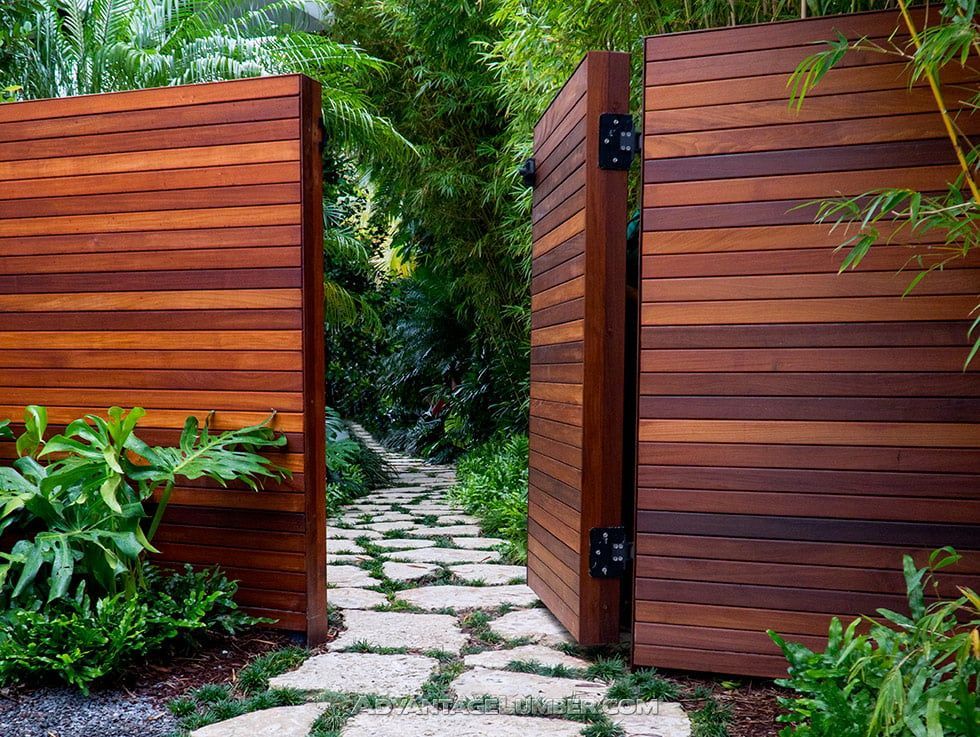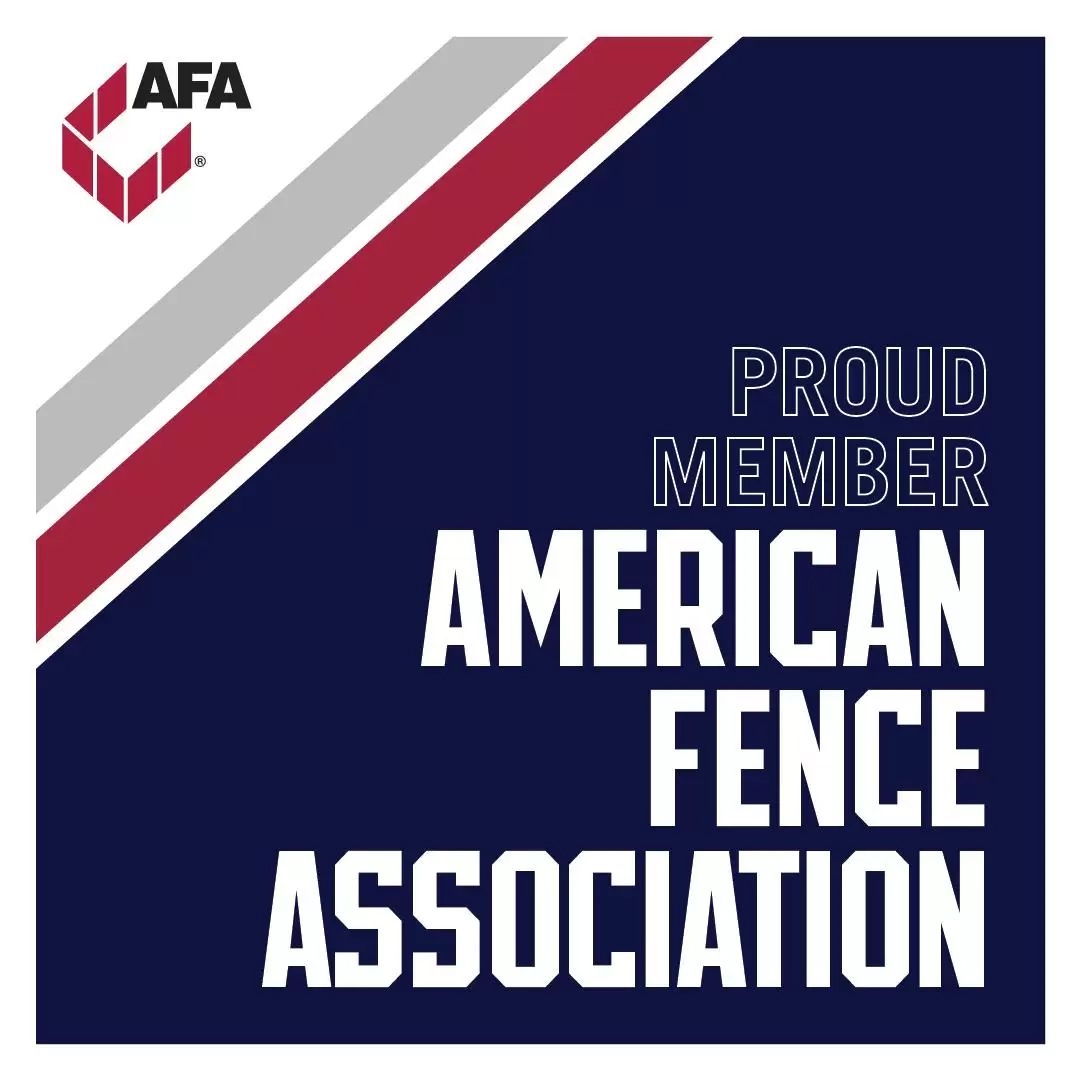What is the Best Fence?
People are often searching for the "best fence," but what does that entail?
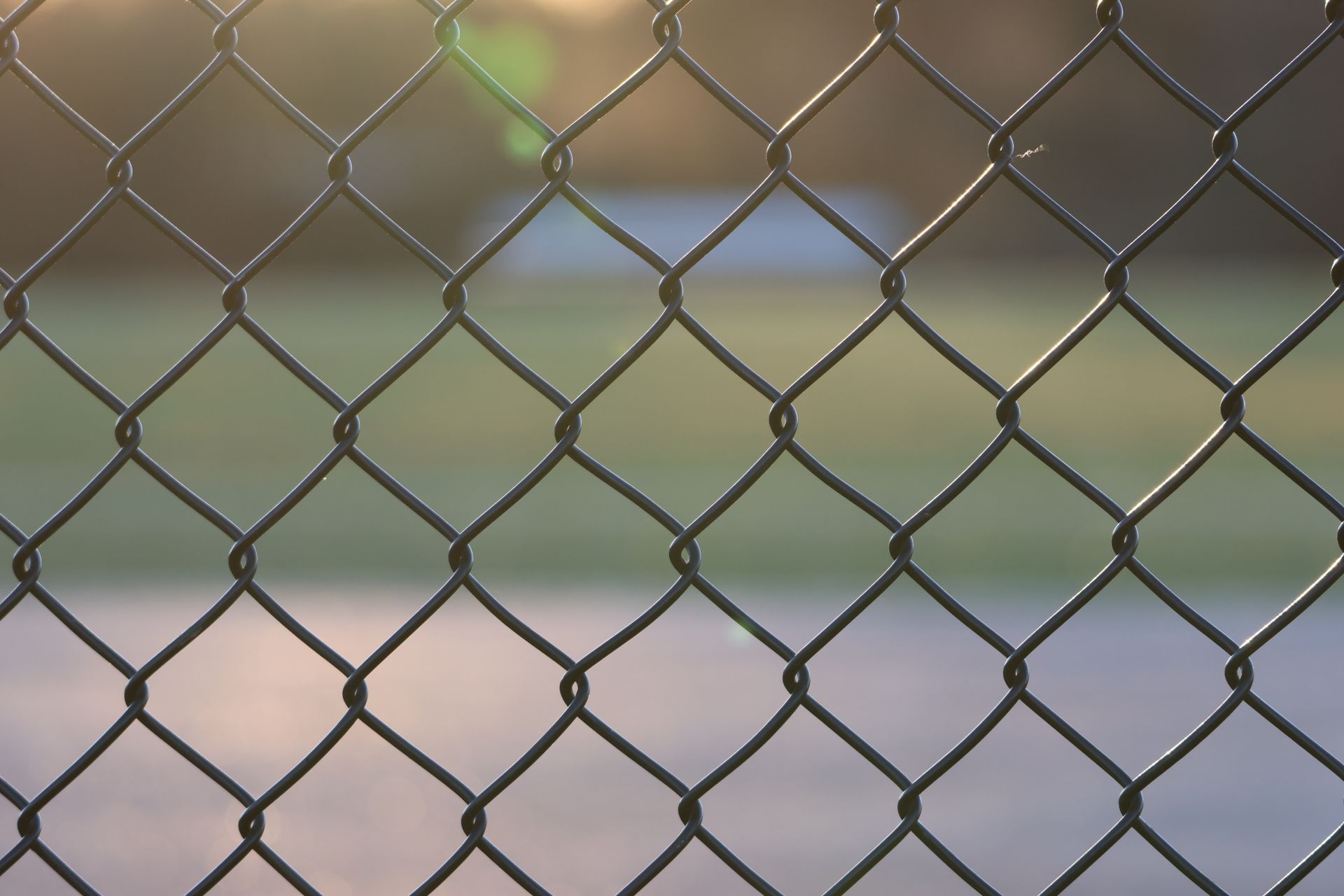
Determining the "best" fence to buy largely depends on your specific needs, preferences, budget, and local conditions. Here are some common types of fencing materials along with their advantages and considerations to help you make an informed decision:
Wood Fencing:
- Advantages: Aesthetic appeal, natural look, can be painted or stained, offers good privacy.
- Considerations: Requires regular maintenance (painting, staining), can be affected by weather, insects, and rot.
Vinyl (PVC) Fencing:
- Advantages: Low maintenance, resistant to weather and insects, long-lasting, easy to clean, comes in various styles.
- Considerations: More expensive upfront, can become brittle and crack in extreme temperatures.
Aluminum Fencing:
- Advantages: Durable, low maintenance, rust-resistant, suitable for security purposes, and often used for decorative purposes.
- Considerations: Can be expensive, offers less privacy, may not be suitable for strong security requirements.
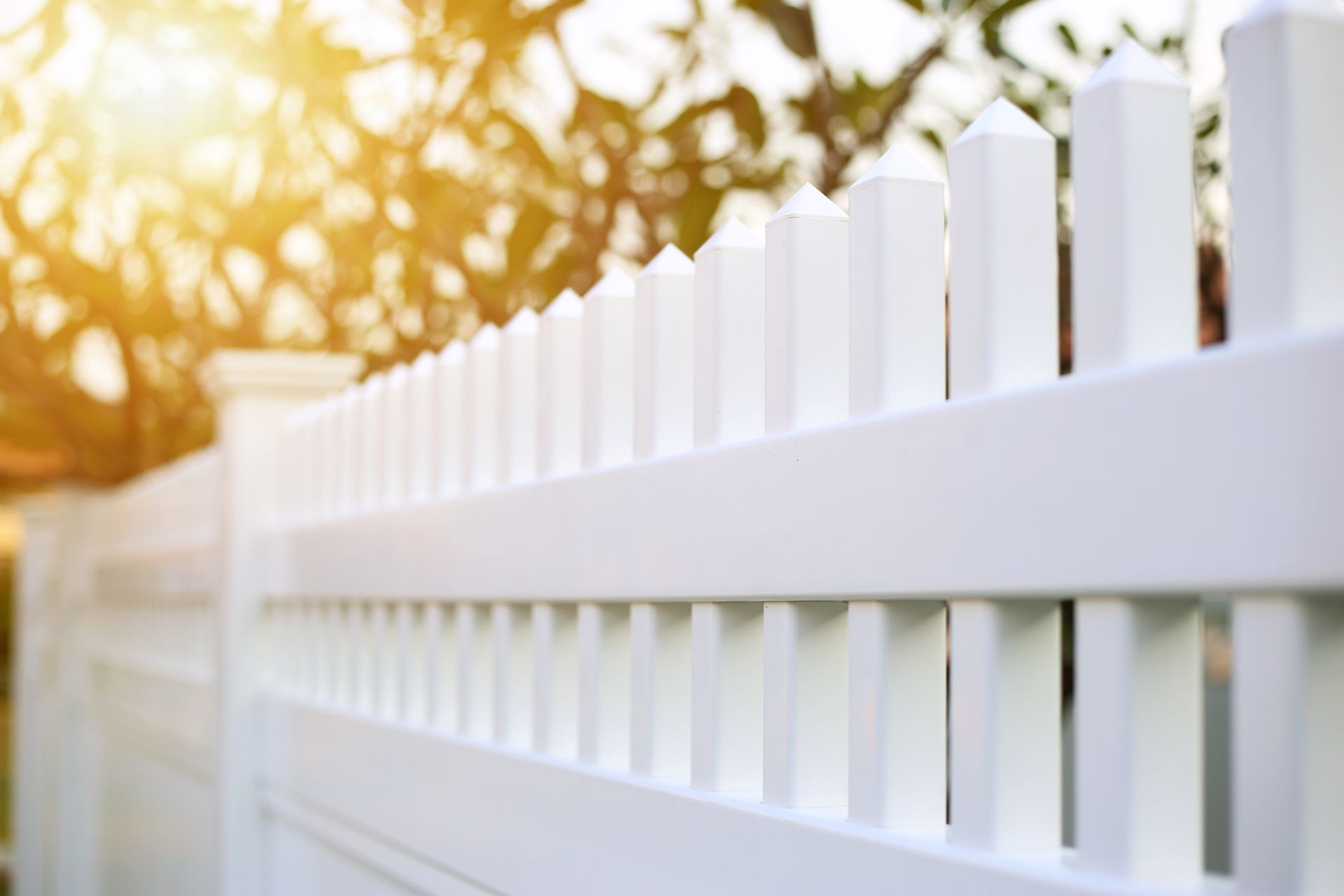
Chain Link Fencing:
- Advantages: Cost-effective, durable, low maintenance, good for boundary marking and security.
- Considerations: Offers little privacy (though privacy slats can be added), has a more utilitarian appearance.
Wrought Iron Fencing:
- Advantages: Strong, durable, and offers a classic, elegant look. It's also customizable.
- Considerations: Requires maintenance to prevent rust, expensive, offers little privacy.
Composite Fencing:
- Advantages: Made from a blend of wood and plastic, it offers a wood-like appearance without the maintenance, resistant to rot and insects.
- Considerations: More expensive than wood, limited color options.
Bamboo Fencing (region specific):
- Advantages: Eco-friendly, unique aesthetic, strong and durable.
- Considerations: May not be suitable for all climates, can be expensive, may require treatment to prevent rot.
When choosing the best fence for your needs, consider the following factors:
- Purpose: Security, privacy, aesthetics, or boundary marking?
- Climate: Certain materials fare better in specific climates (e.g., vinyl in hot climates, treated wood in moist climates).
- Maintenance: How much time and effort are you willing to invest in upkeep?
- Cost: Initial installation costs vs. long-term maintenance costs.
- Local Regulations: Ensure compliance with local zoning laws and HOA rules.
Ultimately, the best fence is one that aligns with your specific needs, preferences, and local conditions. It's often helpful to consult with fencing professionals who can provide recommendations based on your individual situation.
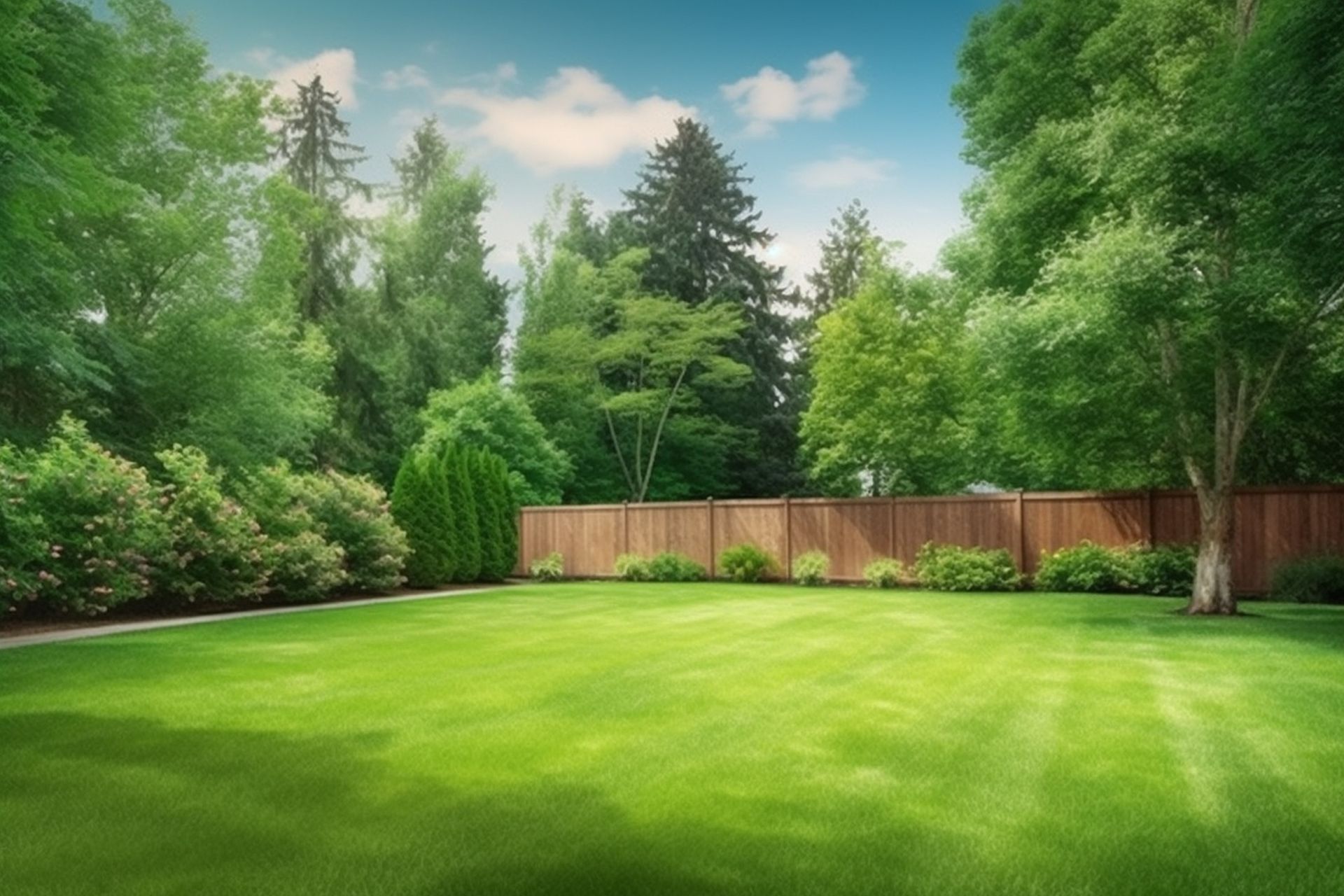
What is the Longest Lasting Fence Material?
Now that you have some basic knowledge of the available fence materials, many of you are asking "what is the longest lasting fence material?"
The longest-lasting fence materials are typically those that are most resistant to environmental elements, require minimal maintenance, and are durable against wear and tear. Here are some of the most durable and long-lasting fencing materials:
Vinyl (PVC) Fencing:
- Durability: Extremely durable and resistant to rot, rust, insects, and other environmental factors. It does not warp or fade easily.
- Lifespan: Can last 20 to 30 years or more with minimal maintenance, such as occasional washing to remove dirt.
Aluminum Fencing:
- Durability: Resistant to corrosion, rust, and fading. It withstands various weather conditions without deteriorating.
- Lifespan: Aluminum fencing can last over 30 years. It often comes with long-term warranties due to its durability.
Wrought Iron Fencing:
- Durability: Extremely strong and resistant to physical impact. However, it can be prone to rust if not properly treated or maintained.
- Lifespan: When maintained properly (including regular painting or rust-proofing), wrought iron fences can last 50 years or more.
Steel Fencing:
- Durability: Very strong and resistant to physical damage. Like wrought iron, steel is susceptible to rust but can be treated for weather resistance.
- Lifespan: With proper maintenance, steel fences can last 50 years or more.
Composite Fencing:
- Durability: Made from a combination of wood and plastic, composite fencing is resistant to rot, insects, and weathering.
- Lifespan: Generally, composite fences can last 20 to 30 years or more.
Chain Link Fencing:
- Durability: Resistant to damage and weather elements, especially when galvanized or coated.
- Lifespan: Chain link fences can last 20 to 30 years, depending on the quality and whether it's been treated for rust resistance.
Stone or Brick Walls (Not a fence, but a durable boundary option):
- Durability: Extremely durable and virtually maintenance-free.
- Lifespan: Can last for decades, even centuries, and often outlive the lifespan of other fencing materials.
While these materials are known for their longevity, the actual lifespan of a fence can vary based on factors such as the quality of installation, local climate conditions, and the level of maintenance performed. Among these options, metal fences (aluminum, wrought iron, steel) and high-quality vinyl are often considered the most durable and long-lasting. However, for a truly enduring solution with minimal maintenance, stone or brick walls are unmatched, albeit at a significantly higher cost.
In our opinion, based on decades of experience in the field, chain link fence is the longest lasting and most durable fence available. It is also the most cost effective compared to all of the fence materials available.
We recommend you set up an in-person consultation with one of our fence experts to determine the fence materials that best fit your needs. Please contact us directly!
Fence Installation Blog
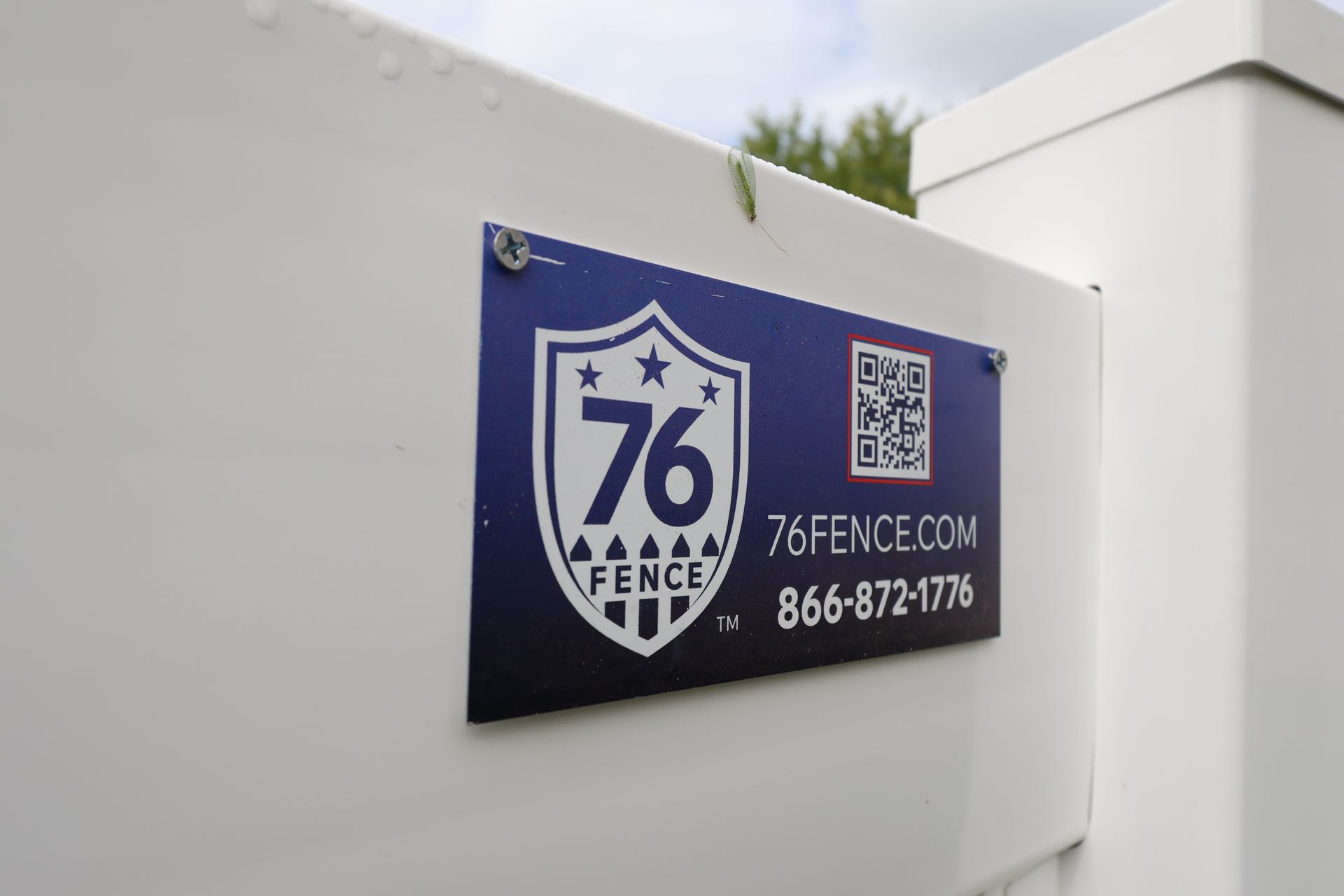
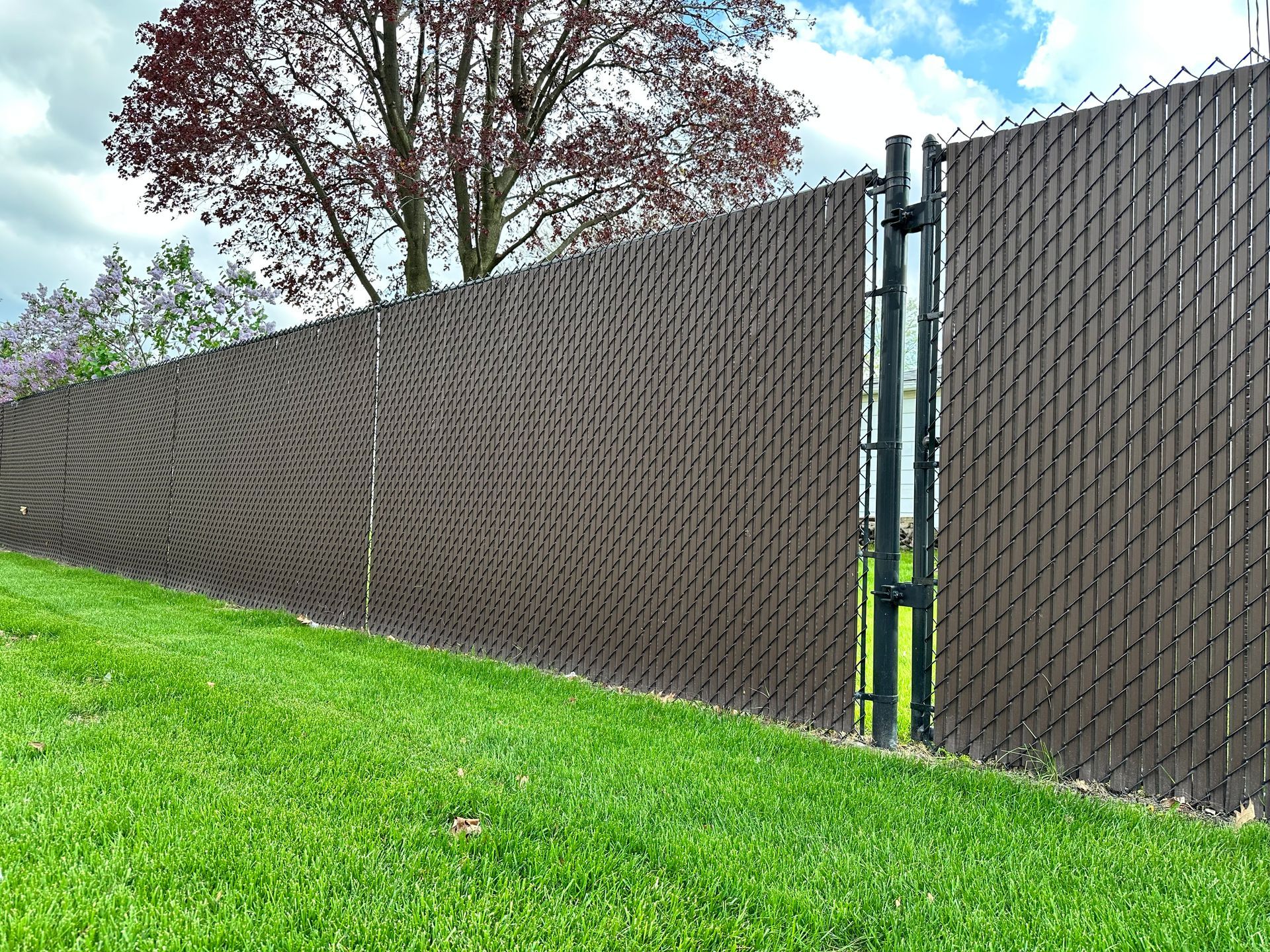
How to Upgrade Your Chain Link Fence with Privacy Slats: Benefits, Styles & Installation in Illinois
